Jora ULA
The things I like best about flying, is when I fly, I dont think about much, except flying. Of my tasks, my responsibilities and what these are. Everything else pretty much fades away. One of the dreams which I repeatedly dream is about flying, soaring over the ground effortlessly. What is it that stirres of dreams of flight? For many it starts when we are children, a balsa model, a toy. For some it stops there, for some the dream of flight never stops.
Jora UA2 - Czech built ULA
The Jora was designed by the Czech engineer Oldrich Olsansky who has been responsible for several advanced high-aspect ratio hang-gliders, the popular Straton D7 & D8 motor gliders in addition to the Jora, Cora and the low wing Zephyr ultralight. The goal with these pages is to collect information about the aircraft, its history and its owners around the world.
Jora is on facebook

Please join in and enjoy a rather active community and forum
where any topic
regarding the Jora Cora or Allegro aircraft are discussed.
My Jora from 1995 - build number 008
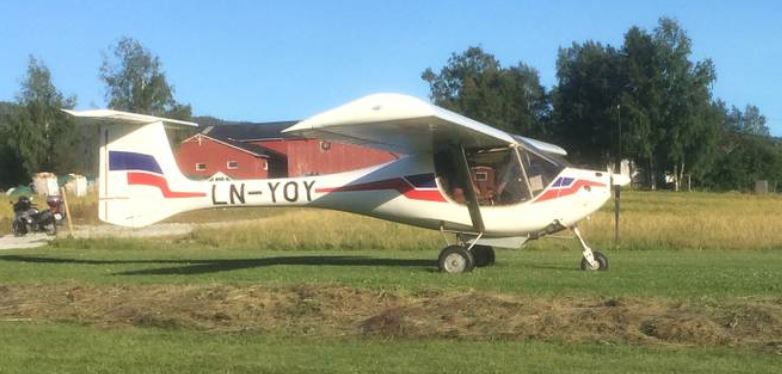
LN-YOY - my Jora UA2 from 1995
As one of the modern creators of the Czech Republic Olrich Olsansky worked for 30 years at the Prague Technical University. This work allowed him to design and experiment with ultra-light aircrafts while flying were very limited by the communist regime. His work has resulted in the Straton series, the economic sailplane for wood and canvas construction. After the fall of communism in 1989, he took the head of the Amateur Air Association, in charge for particularly Ultralights. The engineer as he is, set up his own company for ULA study, working with Ultralight aircrafts. Unfortunately did Olsansky die in 1999, during the flight tests of his latest prototypes.
Around 1980, flew the first ultralight planes of designer Ing. Oldrich
Olsansky, CSC. He begun with Rogallo type wings, then with various wooden hanggliders and
motor types. Biggest reception woke his single-place unique design ultralight
aeroplane Straton. Ing. O. Olsansky, CSC. designed his construction
in 1982 and the prototype with Trabant engine he also built alone. First
flight was done in May 1985.
Peter Kodytek soon flew with the Straton a 50-km cross-country flight without
the engine. In 1987 a D-4 Straton did win one of two first prices on Polish
amateur plane rally in Wroclaw. Later in 1992, followed the single-place
D-7 Straton mini and two-seat D-8 Straton - Moby
Dick. It belongs to the most extended UL-planes in Czech Republic.
Jora construction
The wing has a UA-2 laminar-flow profile (SL-1 profile with flaps and ailerons, as an option) with a main spar made of multi-layer reinforced wood. The neatly faired-in flaperons are suspended from the rear auxiliary spar. The leading edge and front 30% of wing up to main spar, has foam ribs, which is covered with a composite sandwich. The rest of the wing has Spruce ribs covered with fabric, to keep the weight down. The two halves, left & right weighing less then 30kg each, are connected to a central framework, welded from high-grade steel tubes. Struts support the wings. The wings can easily be taken off for storage or trailing and as an option they can fold back to make it an even easier one-man job.
The fuselage is all laminate with a Gel coat finished on the outside and strengthened by several bulkheads. You get an excellent panoramic view from the well-sized cockpit, with more then enough shoulder and legroom. The seats are adjustable in both vertical and horizontal directions. The doors can be taken off within minutes to enjoy the freedom of door-less flying. This makes the Jora very useful for aerial photography. The carbon-fiber reinforced fuel tank is integrated in the fuselage under the seats. Behind the seats there is a well-sized baggage area.
The tail unit has a mixed construction made of glass composite and wood in a T-configuration. The horizontal tail surface is constructed in a similar manner to that of the wing. The tapered vertical tail surface is a monolithic part of the fuselage shell. The elevator is controlled by means of a pushrod and the composite rudder with a looped cable system.
Landing gear is in a fixed tricycle configuration with a steerable nose wheel (tail dragger as an option). The main wheels are fixed to a composite undercarriage are equipped with hydraulic disc brakes, operated with a brake lever on the control stick.
Dual control for rudders. The ailerons (flaperons) and elevator are controlled through a center-mounted stick with a Y-handle as an option for instruction purposes. There is a throttle lever outboard of each pilots knee and the push to talk button is positioned in the top of the control stick.
The power unit installed in my Jora is the Rotax 582UL. This engine is capable of propelling the plane into a cruise of around 130 km/h (70%). Speeds up to 150 km/h is possible with increased power.
Jora production plants
With his saying "Safety, Easyness, Finesse and Rationality", he had designed 12 models of ultralight airplanes. After the Straton, he had to extrapolate the two-seater Tukan and the single-seater Banjo, he created the Jora, a remarkable ULM-economic aircraft.
Fitted with a fuselage combining composites and steel tube mesh, wood and modern skinned wings, and an engine powered by a 50 hp 2-stroke Rotax 503, the high-wing two-seater Jora did not exceed 205 kg at Empty and reached 160 km/h. The Jora which eventually became the Allegro, was directly developed to be produced by Fantasy Air.
Busaf Roslivka did help Oldrich Olsansky to put his ideas into practice. Brothers, Petr and Busaf Roslivka later bought the rights to the design and did build the aircraft in the Czech Rep in the small town Vraclav a little east from Prague. Quite a few Jora's have been built in South Africa, where the first ones arrived in kit form in November 2002. Since then numerous others have been built, where most are up and flying.
The Jora is a high wing, T- tail, two seat (side by side) ULA (Ultra light
aircraft). Its flight performance places it among the latest generation of
ULA planes of its time, flying in Denmark, UK, Australia, Sweden, Malaysia, Ireland,
Netherlands, Belgium, France, South Africa and Norway.
One of the first Jora's to be build is still flying at a flying school in The
Czech Republic with more than 8000 landings and over 2200 hours. The Jora's
super light structure makes it one of the lightest composite ULA’s,
boasting a 225 kg empty weight with a Rotax 582, giving a useful load of 225
kg, which is not equaled by many.
Jora competitors:
Jora, Cora and Zephyr are all made in The Czech Republic. The Fantasy Air with the
Cora and Allegro was in the beginning produced in parallel to the Jora.
Although ATEC only share the same designer as the the Jora, there is evidence that
the two factories did at some extent cooperate. Inside the elevator of Jora C-008
a sticker states
the manufacture from Atec Spol v o.r.
The low-wing ATEC Zephyr and
the high-wing Cora
don’t look alike, they are based on the same design principles.
The Jora, Cora and Allegro are very similar
aircrafts, and nothing else would be expedted since they have the same designer.
Oldrich Olsansky designed the Jora in 1993, he also designed the Fantasy Air aircrafts. The Jora
have over time been delivered in two versions, the UA2 and the LS1 SP. The SP version have
better performance than the original UA2, utilizing a larger powerplant and
reinforced design. In 2004, a Czech company called Rakusan Aircraft, did
build a few versions of the the UCL Maja, and the ULL-A Maja which looks remarkably similar to the Jora/Cora/Allegro.
Fantasy Air s.r.o. was in its time manufacturers of sports ultralight aircraft in the Czech Republic. The office of the company was located in southern Bohemia in Cechach, by the town Pisek. Fantasy Air which became the company moving to the USA, was founded in 2000, by an experienced team of engineers and flying enthusiasts. The team started with the production of the ultralight Cora, which was produced from 1995 to 2000 in over 100 machines. Since 2000, Fantasy Air started producing the Allegro model 2000 and its variants the SW Allegro and the Allegro F. Since the beginning of 2007, the aircraft was much improved as a new model Allegro 2007. Fantasy Air exported to USA, Australia, South Africa, Asia and countries in Europe and have shipped over 300 aircrafts worldwide.
How to tell them apart:
The Jora have been delivered with 3 types of wings:
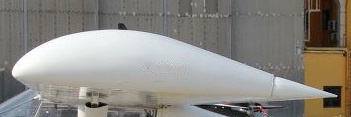
Most Joras, and especially the first produced ones had the UA2 wingprofile. This profile was used on the long wing with 10.5 meter.

In South Africa the Jora could be delivered with the UA2 SP wing profile. This profile was a UA2 NASA profile, which was named "Special" or SP. The wing could be flown at a higher speed, which also gave the plane a higher stall speed.

The Jora did get quite a few improvements over its production time. With reinforcing the tail boom, there was room for more speed. The LS1 wing profile was used for these Joras as an option for a faster aircraft. The wingspan was approximately one meter shorter, and the stall speed on this wing increased slightly.
Telling Joras apart from its twins, the Cora and the Allegro can be difficult. The Cora were especially similar to the Jora. Early Coras have a flat wing like the Jora, but the leading and trailing edge is angled, making the wing a bit narrower at the wingtips. The Cora did also have a bit more diethral compared both to the Jora and the Allegro. Later Coras, especially the Cora Legato and the Cora Conti did leave the flaperon concept, but adopted ailerons and flaps as the Allegro did get. Later Coras and allegros are very easy to tell apart, since they did get a dorsal fin on the top of the tailboom flowing into the rudder. The Cora a smaller shorter one than the Allegro. Later Coras and Joras produced in the USA did eventually get a new body layout where this fin was more incorporated into the body, compared to the early design which did bear resemblance as an aftermarked add on.
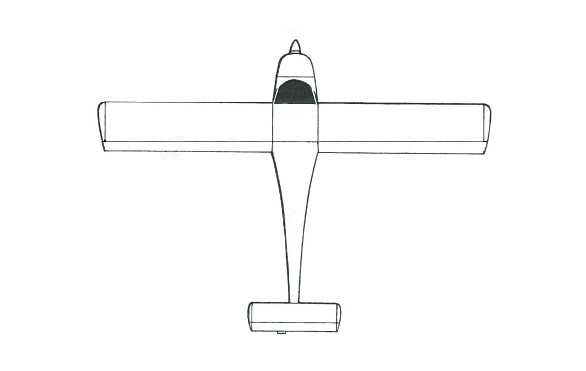
The Joras wing is quite square, and have flaperons of the whole length of the wing.
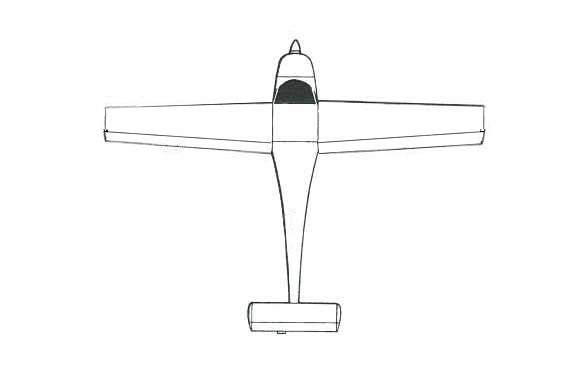
The early Cora wings also had flaperons of the whole wing length, but the wing shape was not entirely square. From the side this is visible with a shorter wingtip than wingroot.
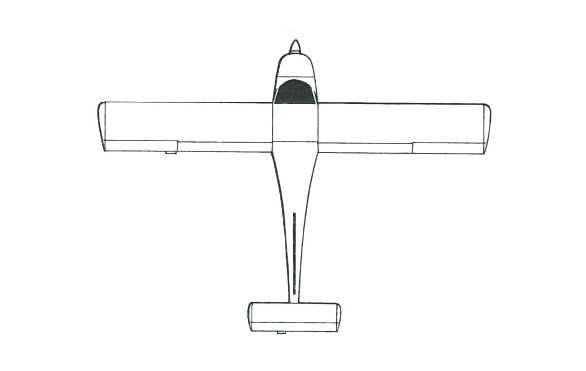
The early Allegros did at a glance have similar wings to the Jora, but they did not have flaperons, but a more conventional flaps and aileron set up.
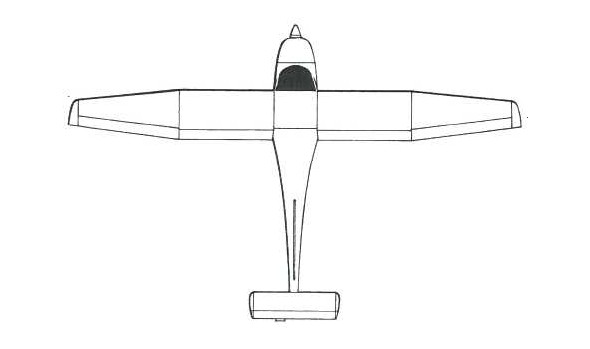
The later Allegros did get the new wing which is no longer square. This wing is very recognisable from an angle above and below. Some Coras also did get this wing style.
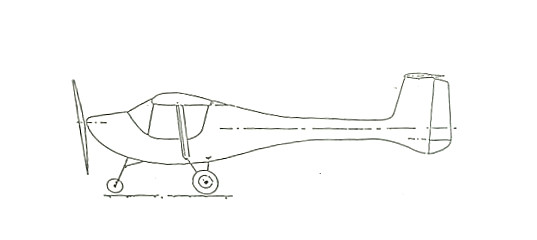
The Jora from the side can be quite similar to both the Cora and the Allegro. Especially since the Jora have so many engine options, with a number of different cowls, telling them apart can be different.
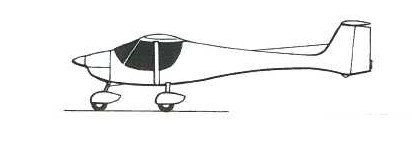
The Cora and the Allegro did pretty early get added a dorsile fin on the tail boom which did flow into the rudder.
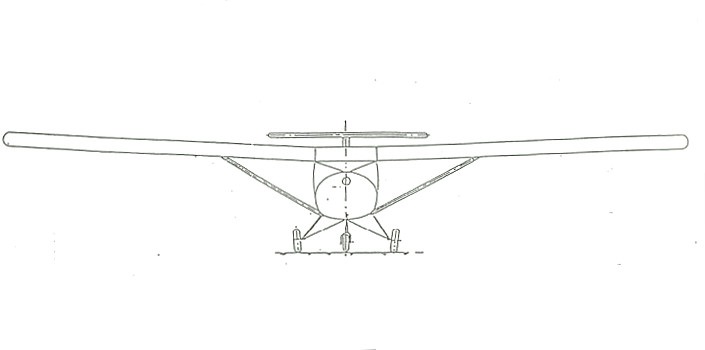
The Joras diethral is slightly more angled than the Allegro.
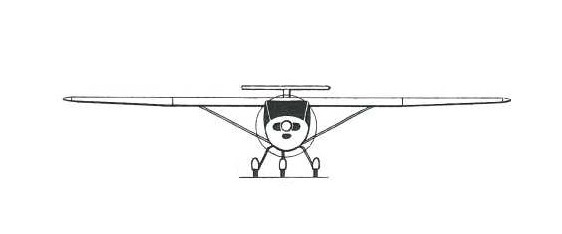
The Allegro diethral.
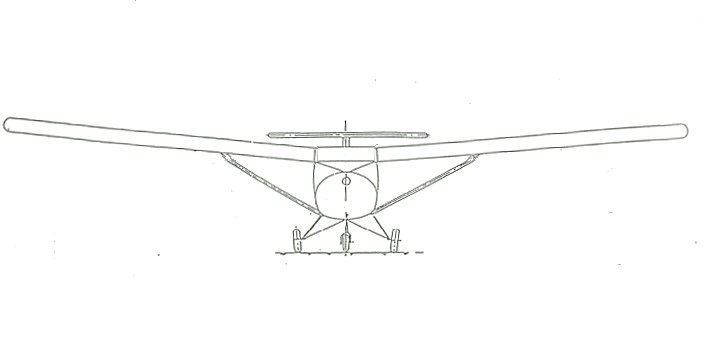
The Cora diethral is visibly more angled than both the Jora and the Allegro.
I did search quite a few aircraft registers, aircraft photo sites and forums in order to put up this list of Jora aircrafts. I am pretty sure that the aircrafts listed are Joras, even if some of them are named from all to Fantasy Air Jora, to Cora, Jora and Fantasy Allegro 2000. Some of the Joras were maybe produced by the Fantasy Air factory at Pisek Airport in 2006-2007. For this reason both aircraft registers and photo sites often can list the CZ produced Joras as Fantasy Air Joras. Using the design differences, and various sources, the list of aircrafts was assembled. The Fantasy Air Allegro are today all all USA made, and have proved to be a rather successful aircraft as the Jora was in its time.
Jora distributors:
| Choice
Aviation Tel: +27 (0)83 250 8849 | E-mail: bobman@telkomsa.net Tel: +27 (0)82 650 9656 | E-mail: albert@aerokopter.co.za Choice Aviation South Africa |
| Jora spol. s
r.o. Email: joraul@quick.cz Postal: Jora, spol. s r.o.,565 42 Vraclav, Czech Republic, Jora spol s.r.o. |
| Dulac Aircraft
ApS Phone: +45 74521605 Mobile: +45 28970932 Telefax: +45 74529905 Postal: Dulac Aircraft ApS, Kongevej 62, DK - 6100 Haderslev Email: info@dulacaircraft.dk Dulac Aircraft Denmark |
I have got tremendous help with parts and questions for my plane from the above listed distributors. The service have been excellent, and really helpful keeping my plane flying. Even if some of these dont cater for the Jora brand anymore they still are a great asset with information and parts. The last time we contacted the factory they could still produce any part needed.
My Jora is now more than 20 years old, and have been flying 394 hours. The
plane was delivered from the factory with a Rotax 503, which now have been replaced with a new Rotax 582, currently been running 165 hours
Jora UA2 flight characteristics:
In South Africa it was built about 16 Jora's and Helderberg Aviation did a
lot of experimenting with wing length and loading. The best wing was the
shortest one but it was regarded that it might not be the safest for low hour
microlight pilots, since it did not have as good glide ratio as the wider
wing. The optimal combination which were build at Helderberg Aviation was a
midwing version with a Rotax 912 80hp. The mid wing (9.5meter) is the most
popular size of them all, even if the 10.5 meter long wing is the best
glider.
It is regarding flying characteristics where the Jora really stands out.
Stable in all excises, it is a real pleasure to fly and with the help of a
bungee trim hands-off flying is normal. The stall is nearly non existent with
unmistakable buffet, no wing drop and recovery on relaxing the stick. What
more can you ask for? If you ever had engine problems, she will give you
enough time to decide where you want to land. That is if you consider that
Milos Dedera, who represented Czech Republic as a glider
pilot, flew a Jora for more than 5 hours on just 2 litre's of fuel during a
contest. Maybe this is why Polacek, a Czech test pilot who tested more then
20 VLA’s, says that you will have to spend a lot more to get anything
better then the Jora.
The Jora owners express great enthusiasm about their planes, and it is
known to be a very stable aircraft with very little quirks. The plane is a very
docile aircraft with a very large amount of controllability at very low airspeeds.
She can fly quite slow at high angles of attack and seems
to ignore common rules that say you can't fly slow at very high bank angles (she just does).
This makes it pretty easy to land the Jora even in very bumpy conditions - however
it does take a bit of getting used to. You can and need to apply rapid inputs to
keep things lined up. One danger you will be facing is flying too slow on approach
in conditions where you have a bit of headwind. As you get quite low there tends to
be a rapid decrease in wind speed and hence your airspeed can drop pretty fast. You
need to be ready for this with a quick jab of power or alternatively come in a bit
faster. The Jora is light so she responds immediately and positively to power input.
If you don't get this right, you can quite literally fall out of the sky in a level
attitude which will result in a hard touch down and possibly even breaking the very
strong undercarriage. This have happened to quite few of the Joras, and is a very
common beginner mistake. The only "quirk" she has relates to the fuselage blanking the
rudder. This means it is almost impossible to fly with the ball centered and in this
condition she is yaw unstable. However just a slight amount of slip to get the ball
out of the center and she is rock steady. You will notice she likes the ball on a
particular side depending on which way the prop turns, if your is equipped with a 582,
it will rotate the other way compared to a 912 for example.
The blanketing effect is really only an issue at higher speed, it is hardly an issue at low
speeds and/or higher AOA.
The Jora does not take-off like a normal aircraft. She tends to just jump or lifts into the
air after a short run - particularly if you are light.
The Jora planes are gliders, all the pilots I have talked to express the same
as my experiences with the aircraft. Jora pilot almost always controls the
glideslope approach with sideslip and keep approach speed down. The jora
slips well and one can often sideslip hard when needed to get in short over
obstacles. If one comes in a bit to high and fast, one often find oneself in
for flight down the runway. As an example, one Jora owner who fly
motorgliders usually comes in lower with the Jora at base than his HK36 Super
Dimona motorglider. If the plane have the mid or long wing does not seem to
matter much for the glide, Jora's simply do not descend as fast as other
comparable VLA's.
Click to view gallery pictures:
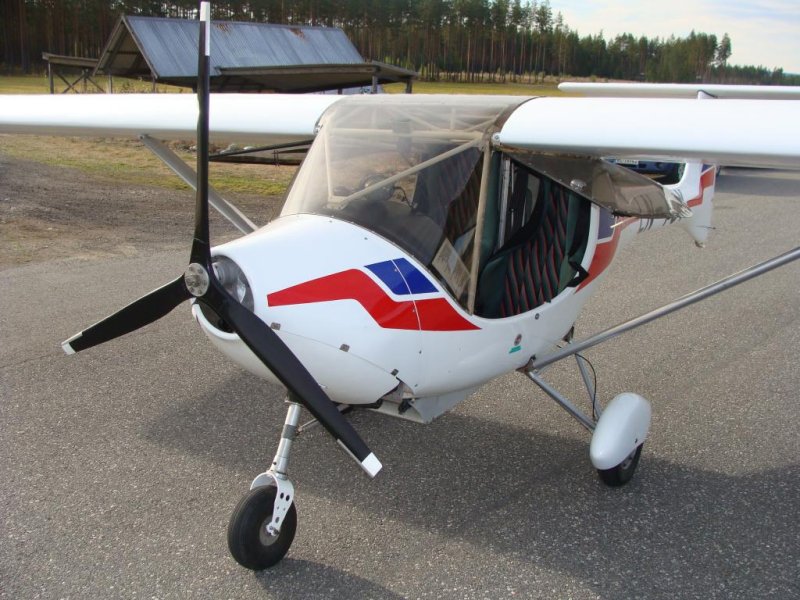
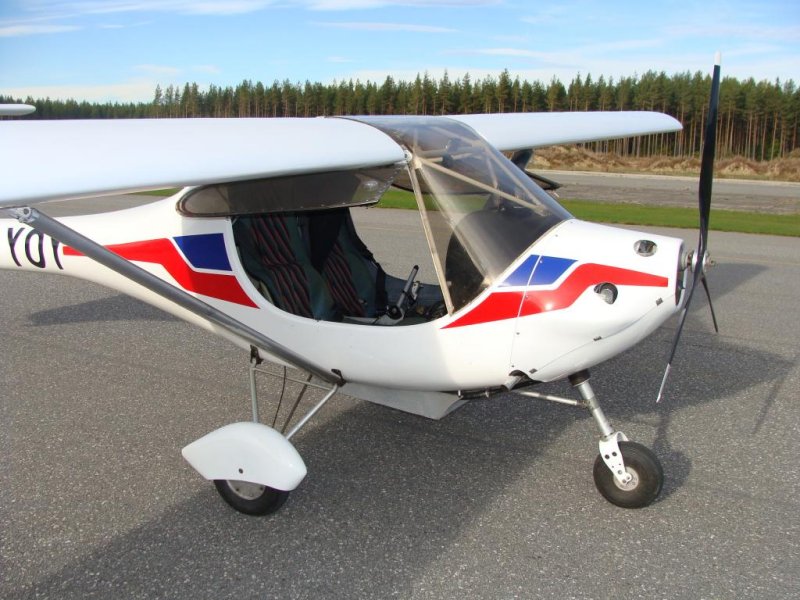
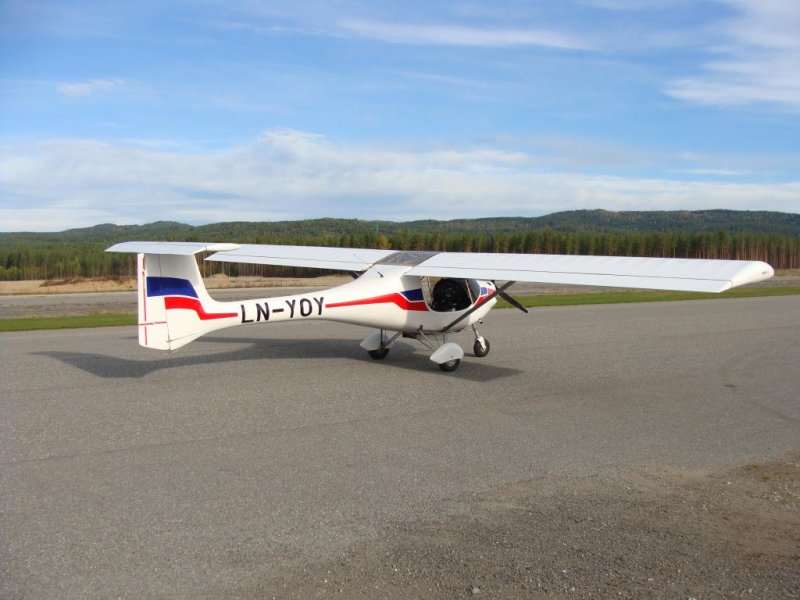
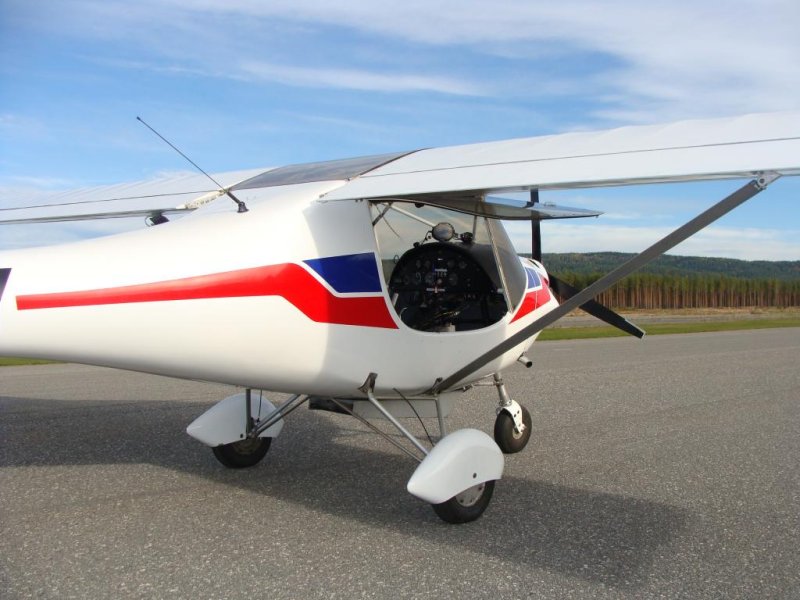
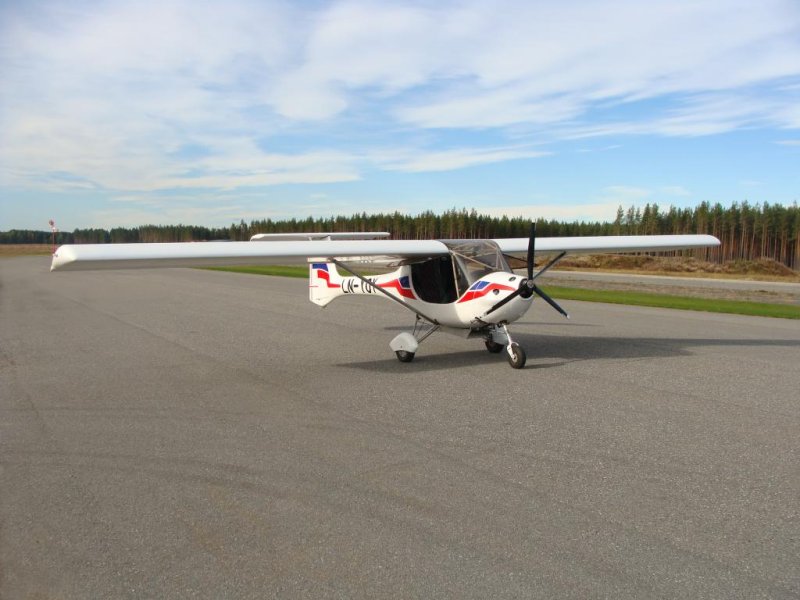
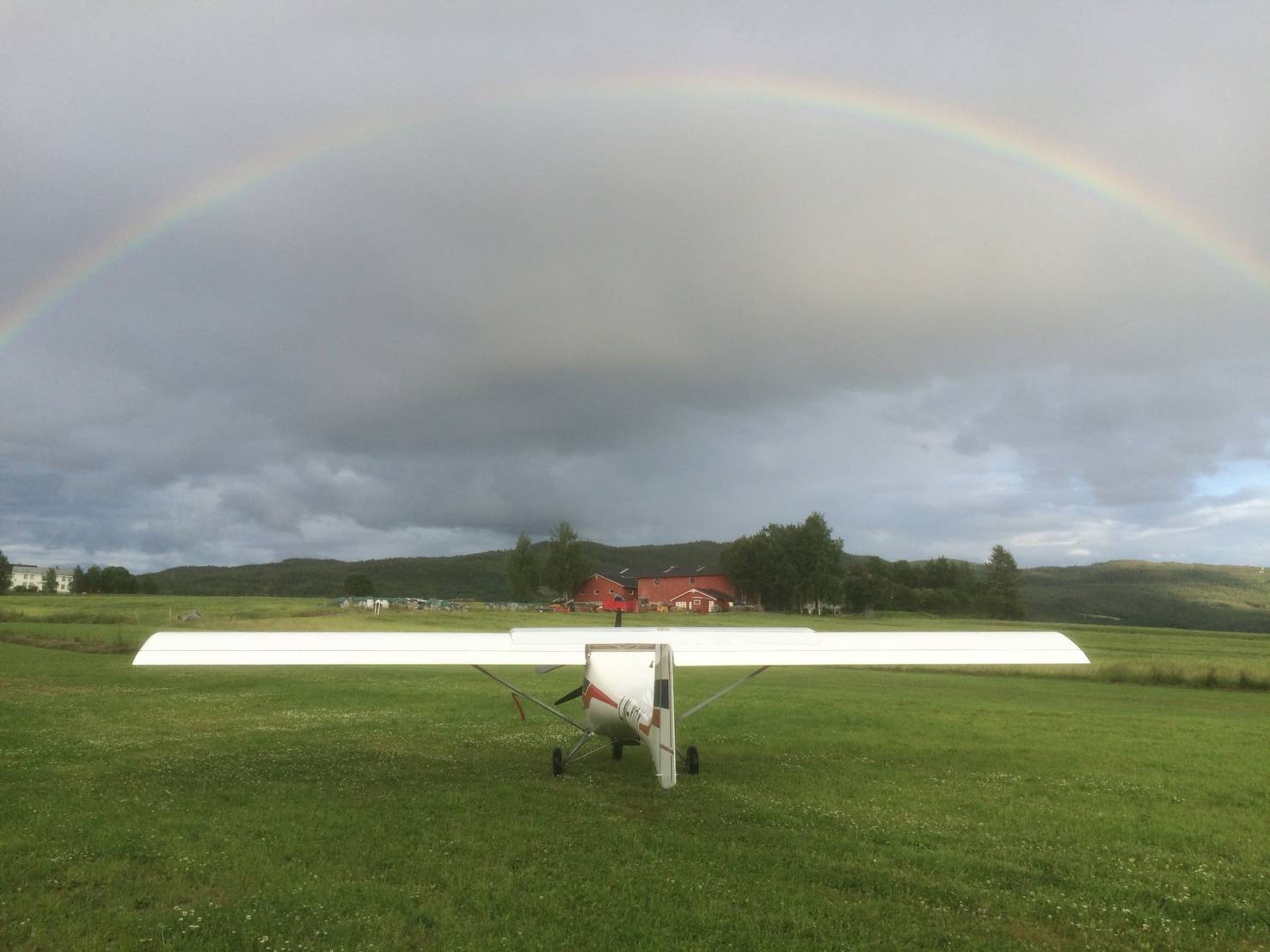
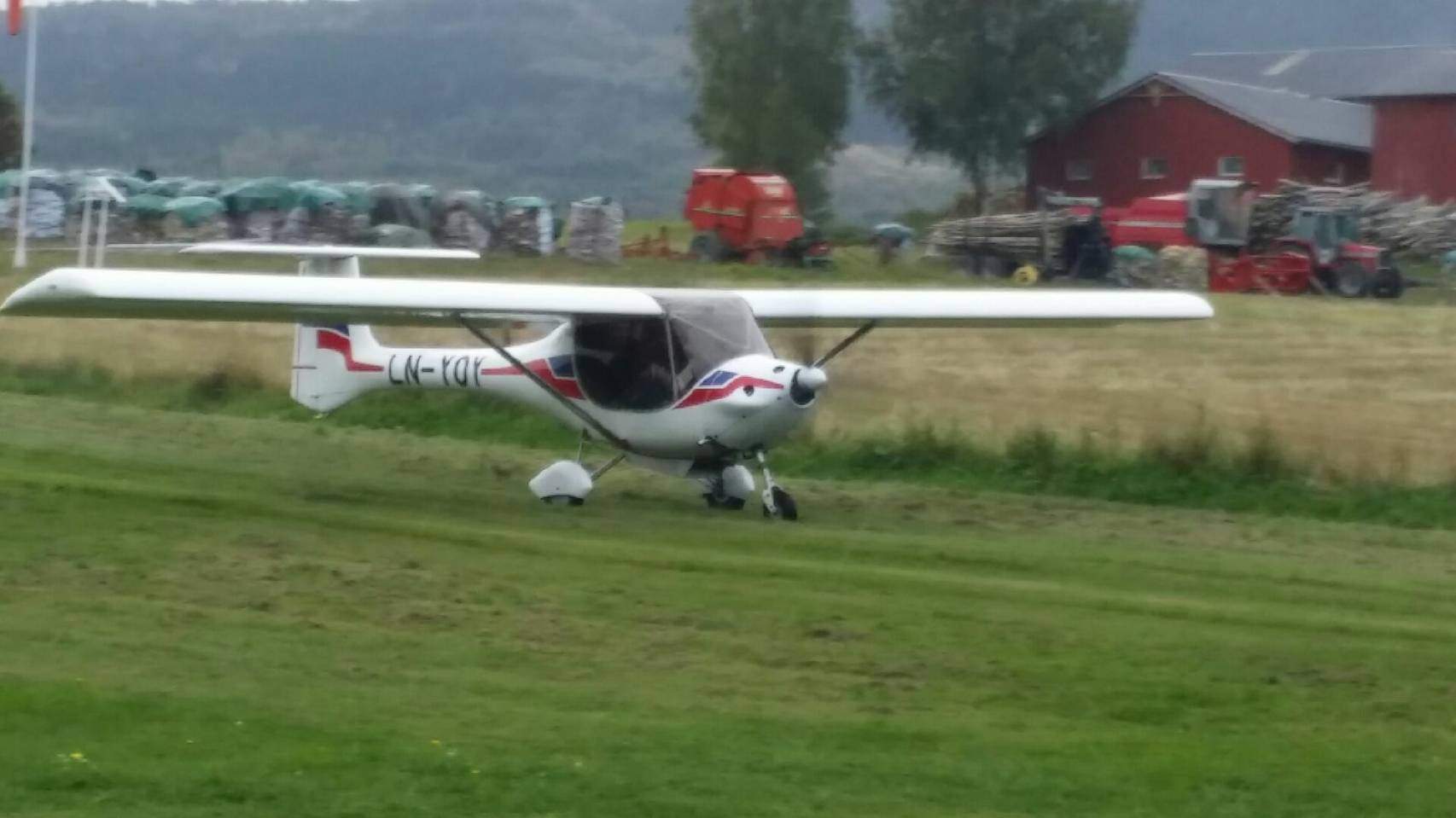
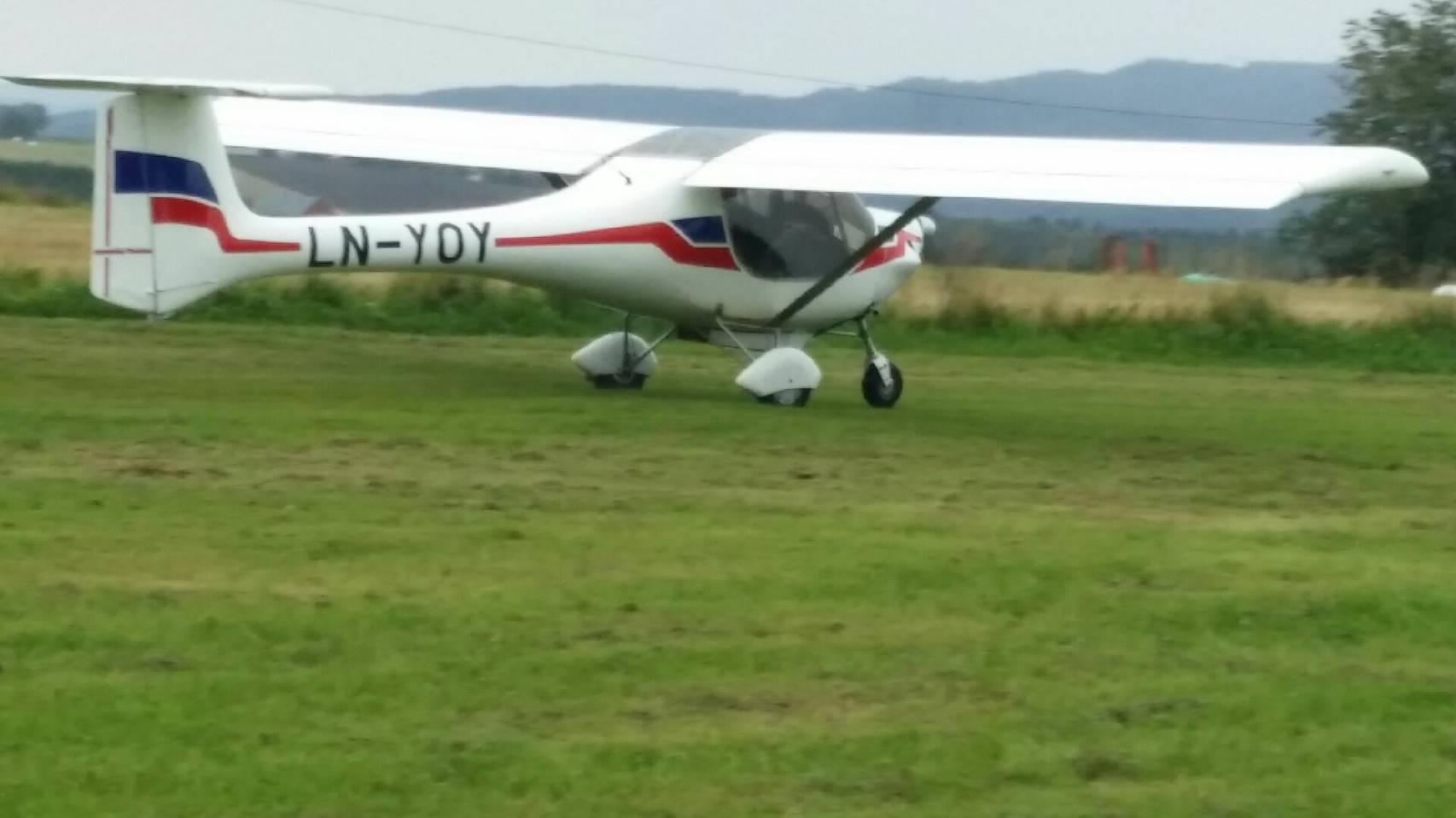
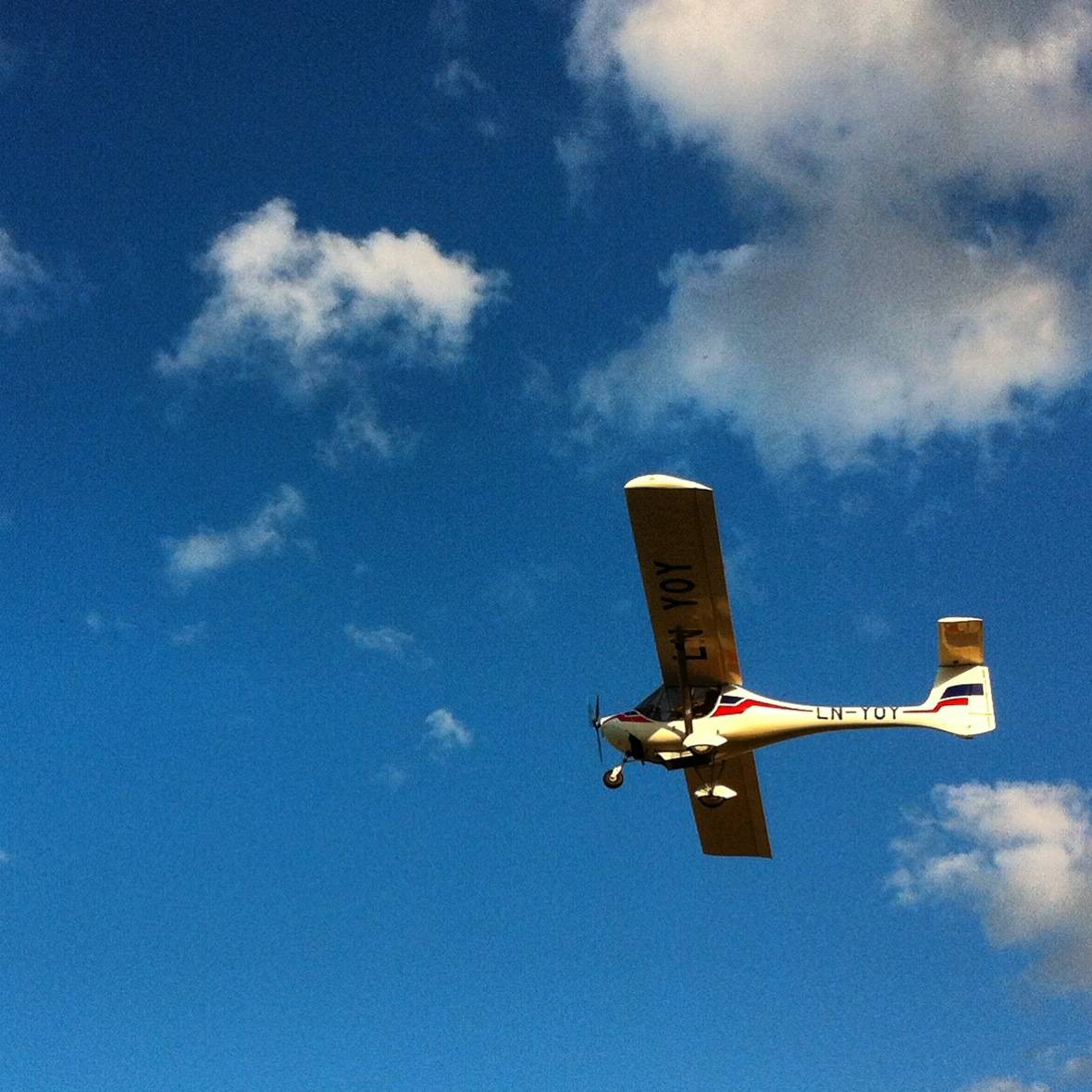
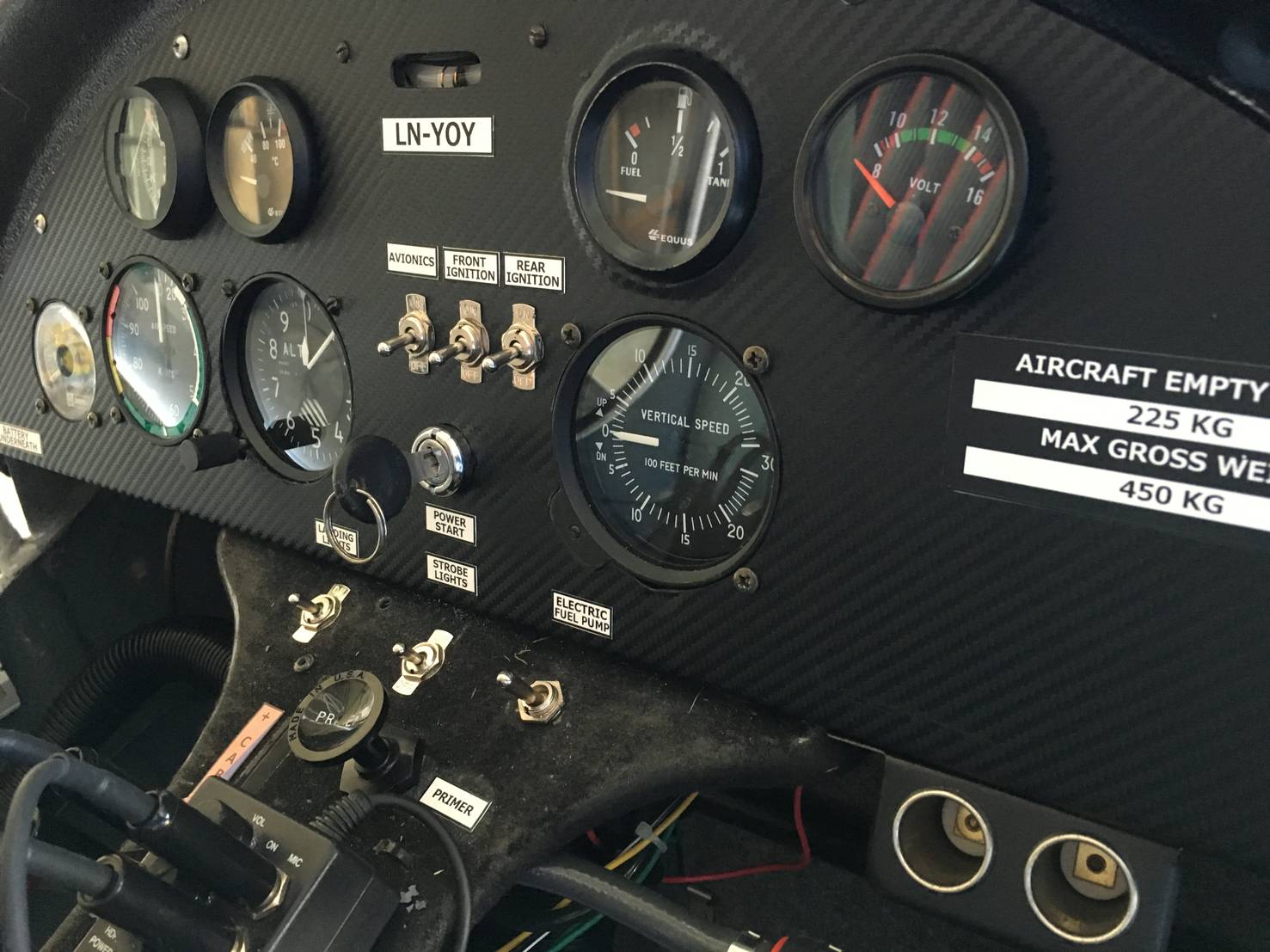
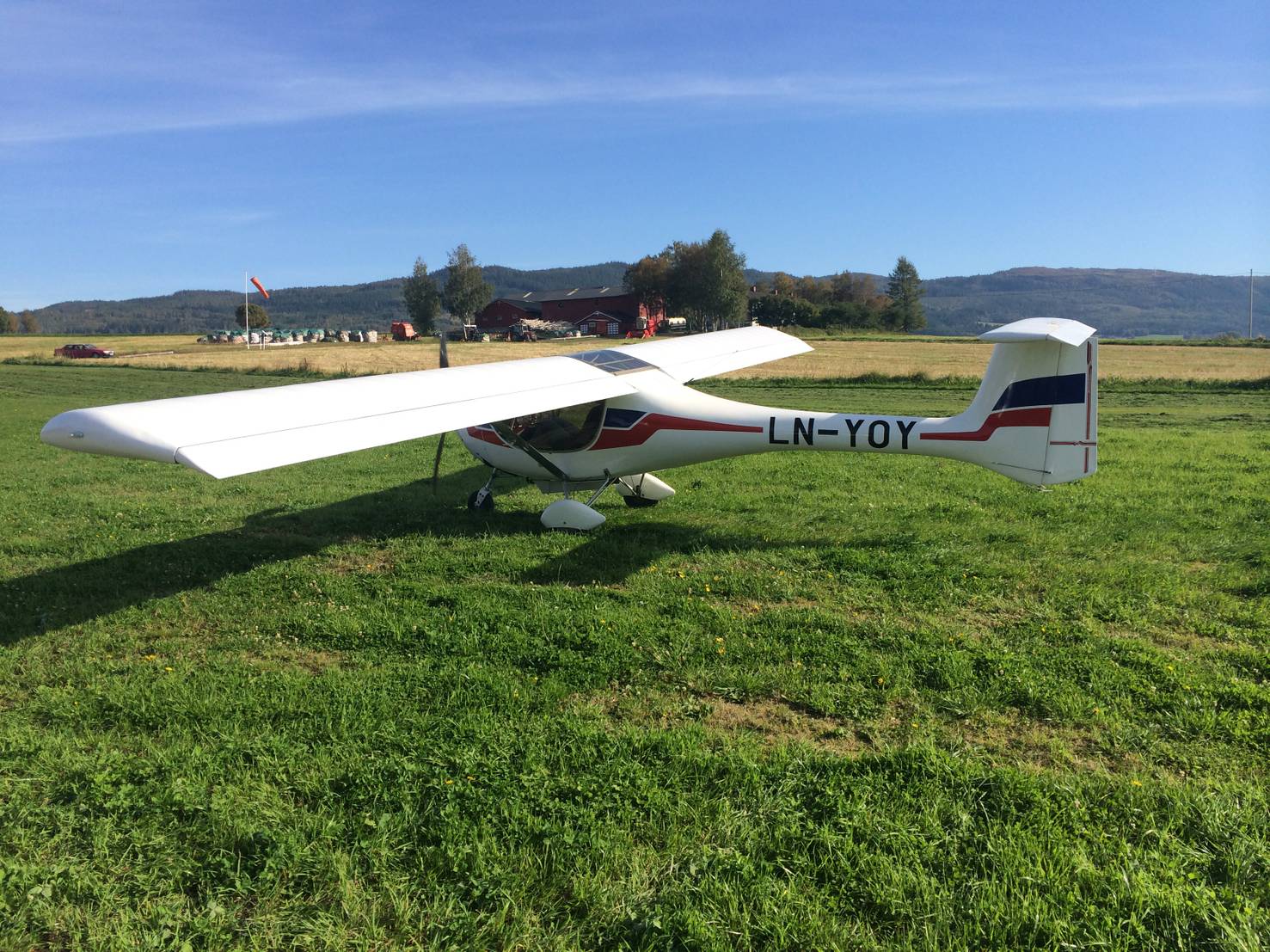
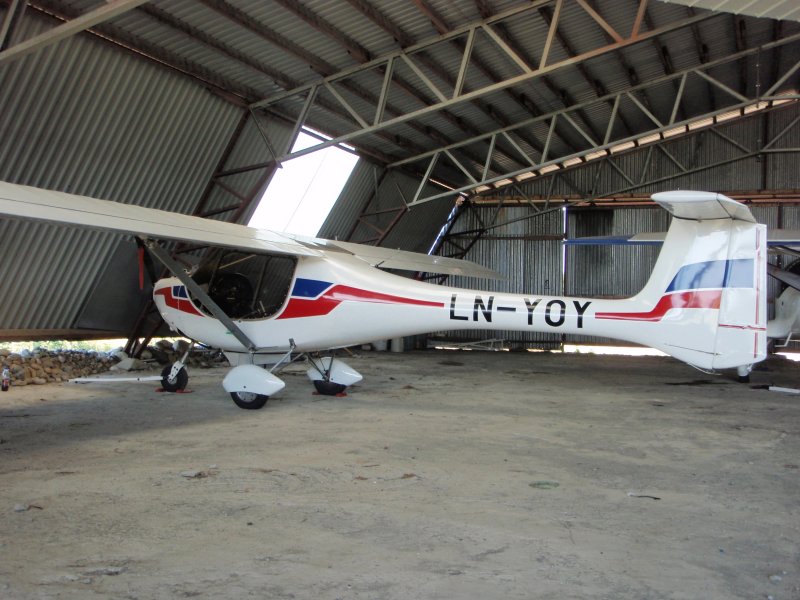
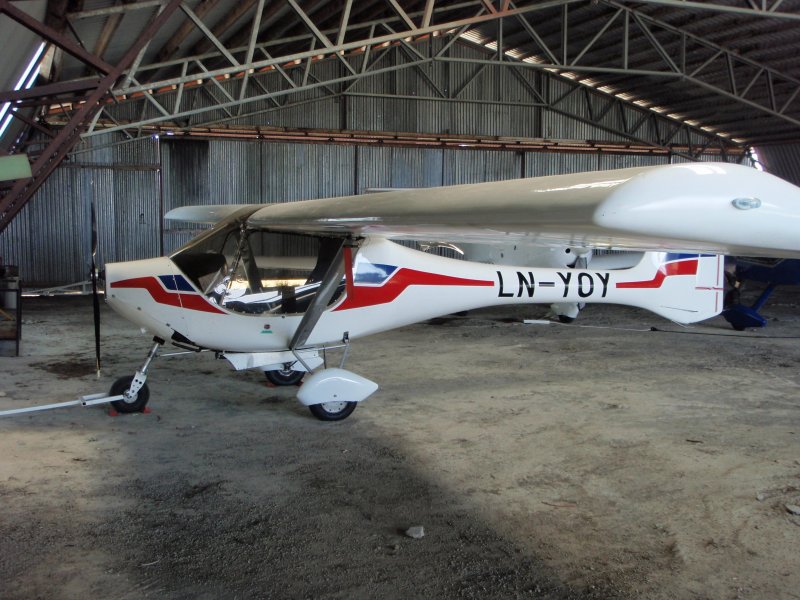
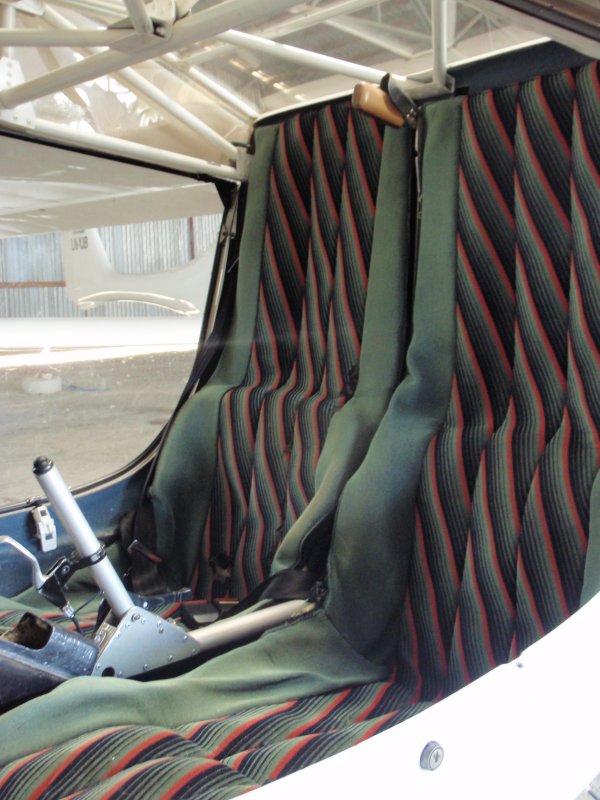
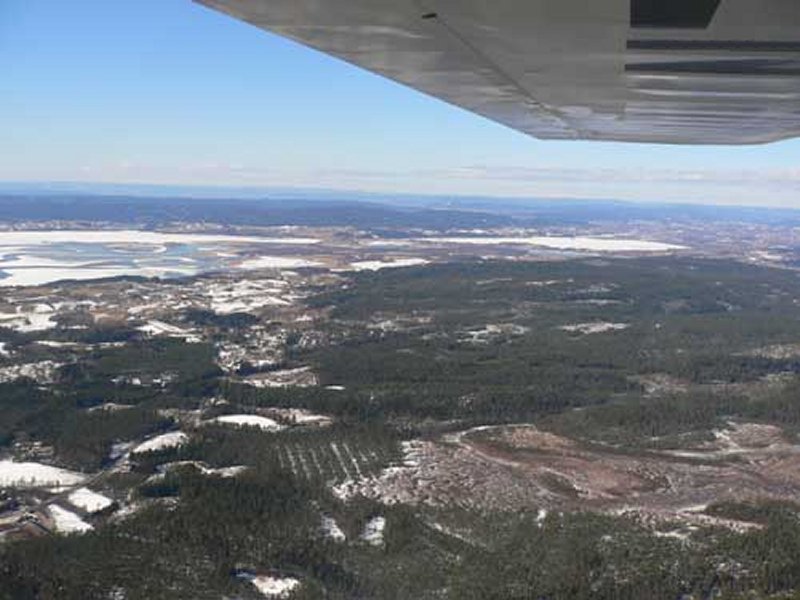
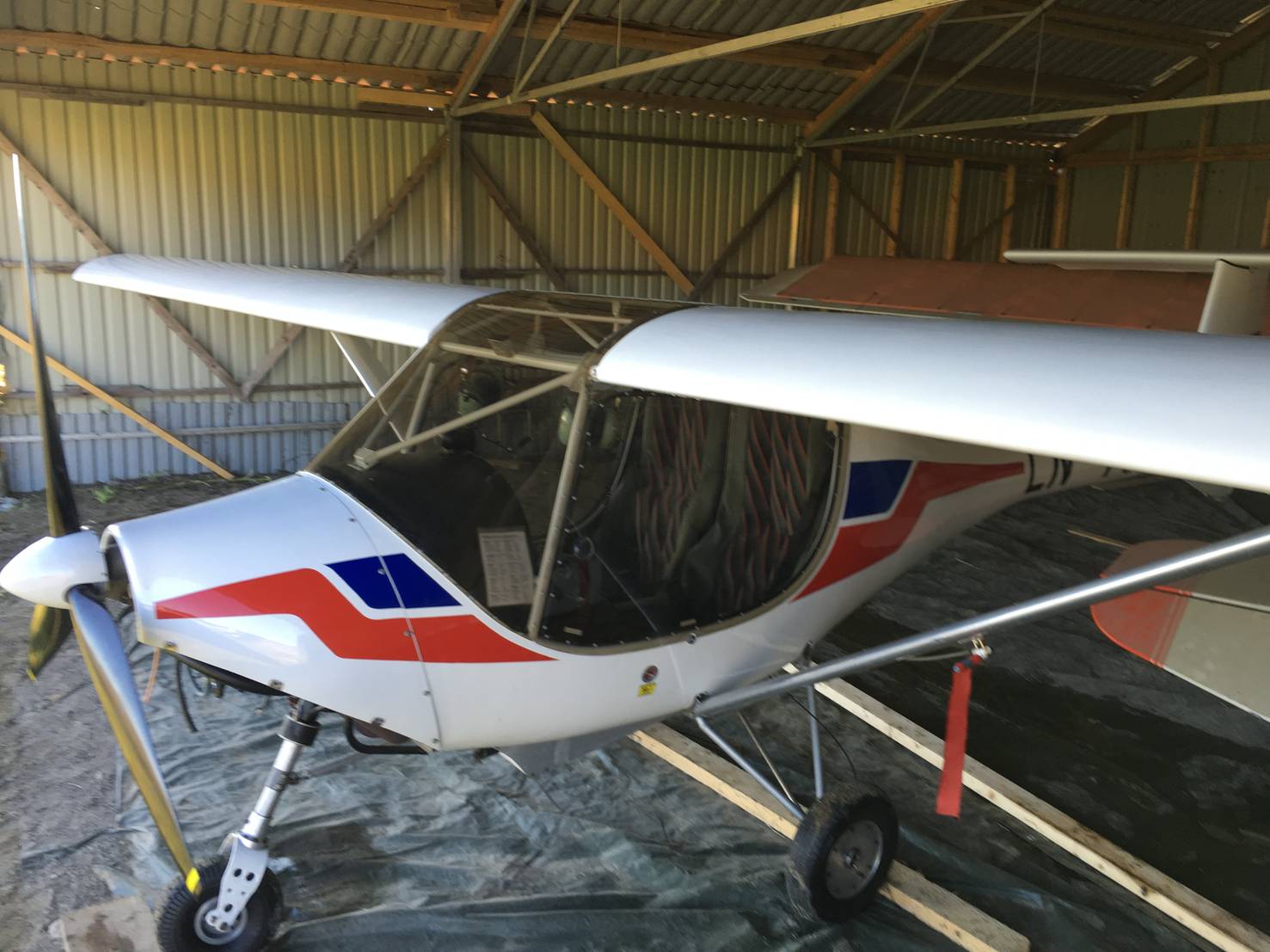
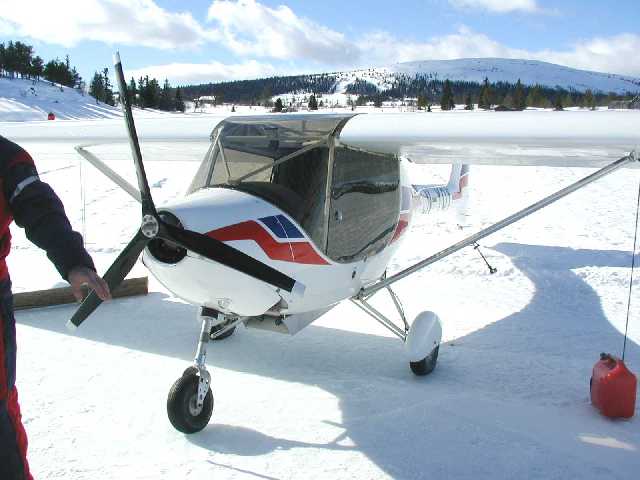
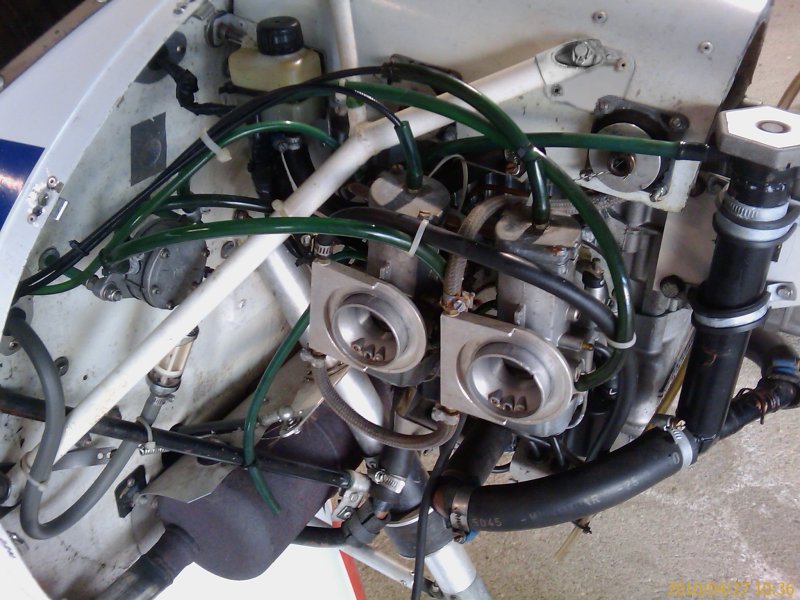
Pictures from personal source and www.nak.no.
Pictures building a Jora or a Cora:
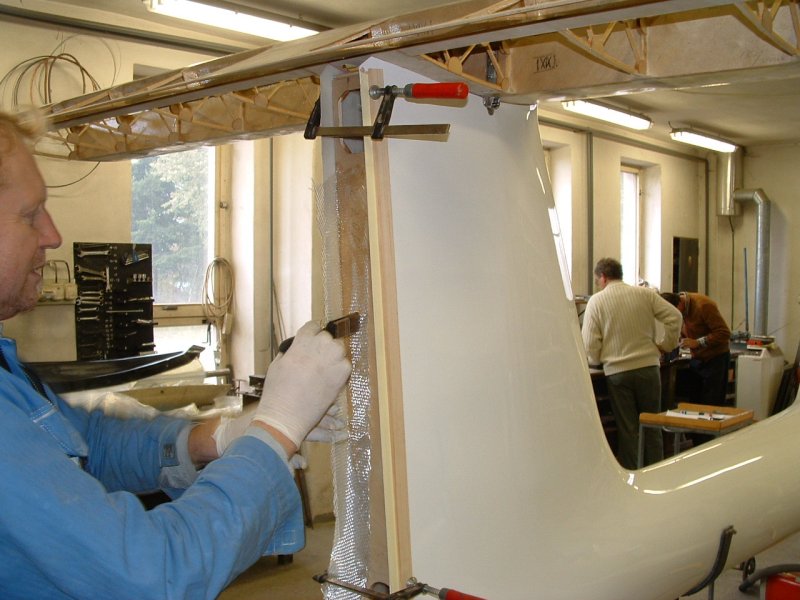
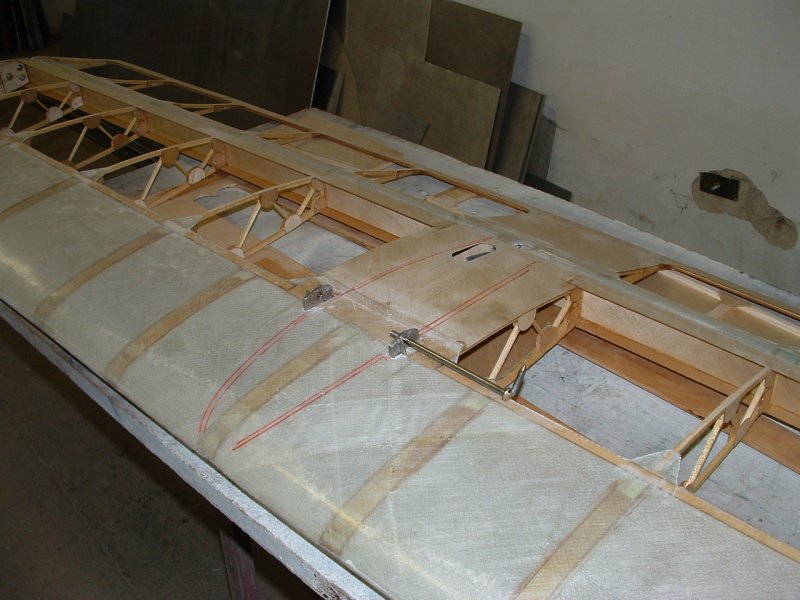
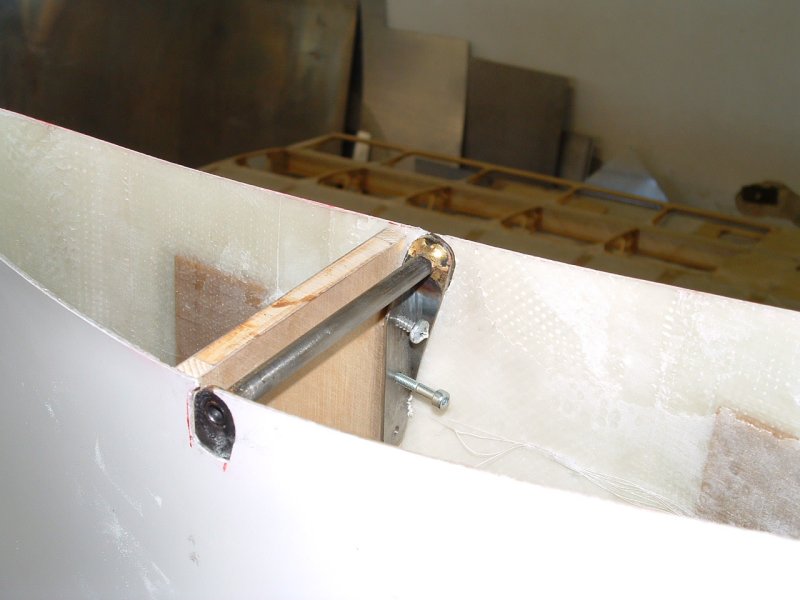
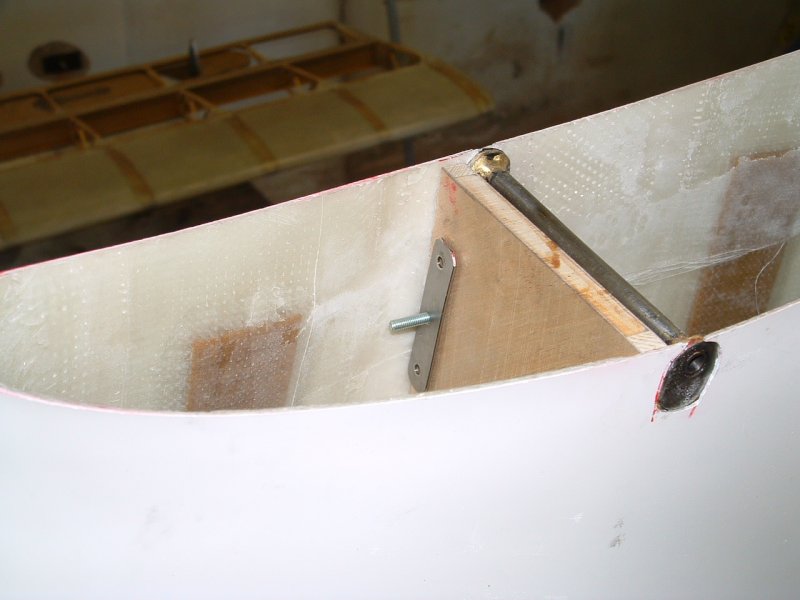
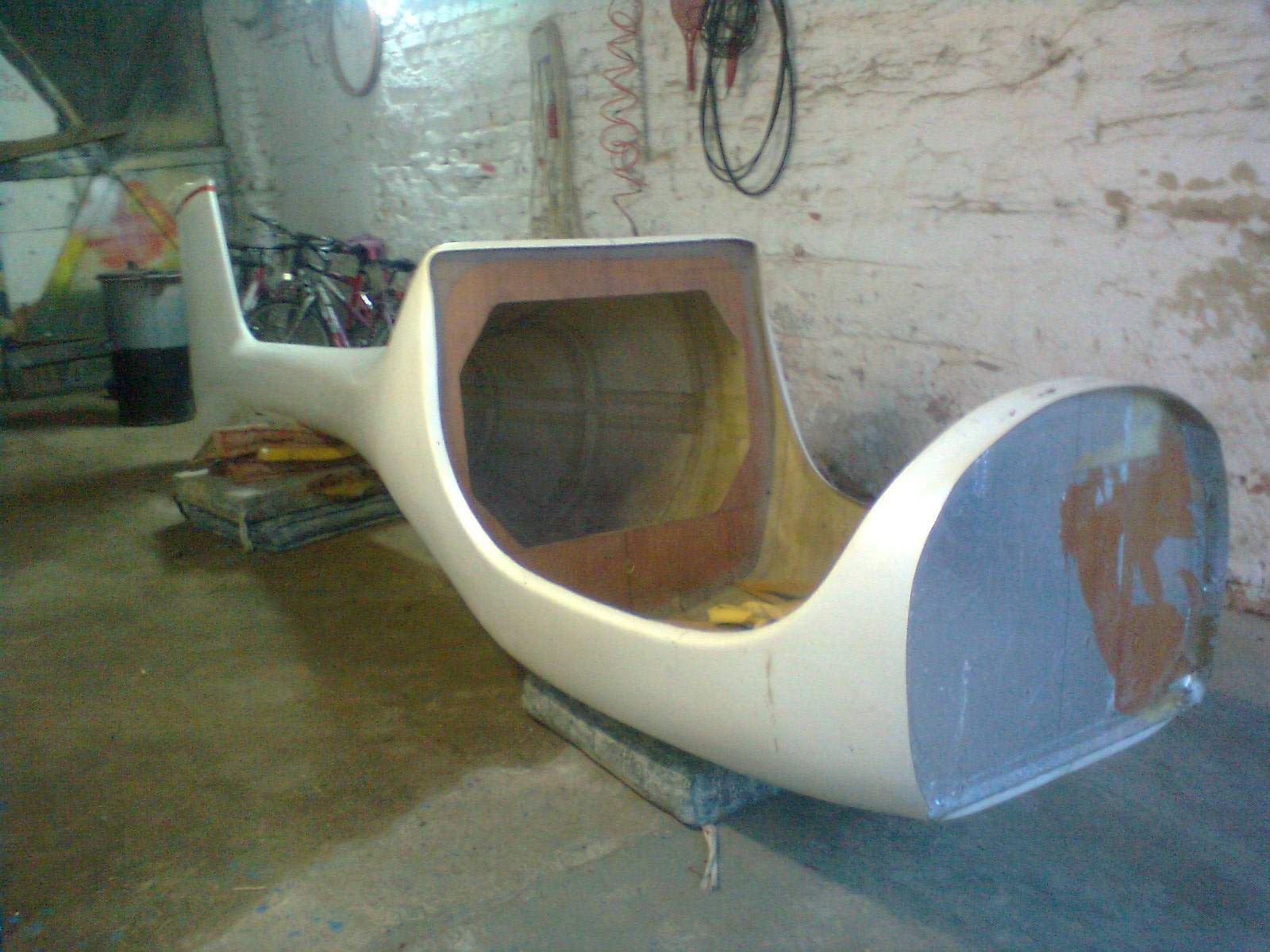
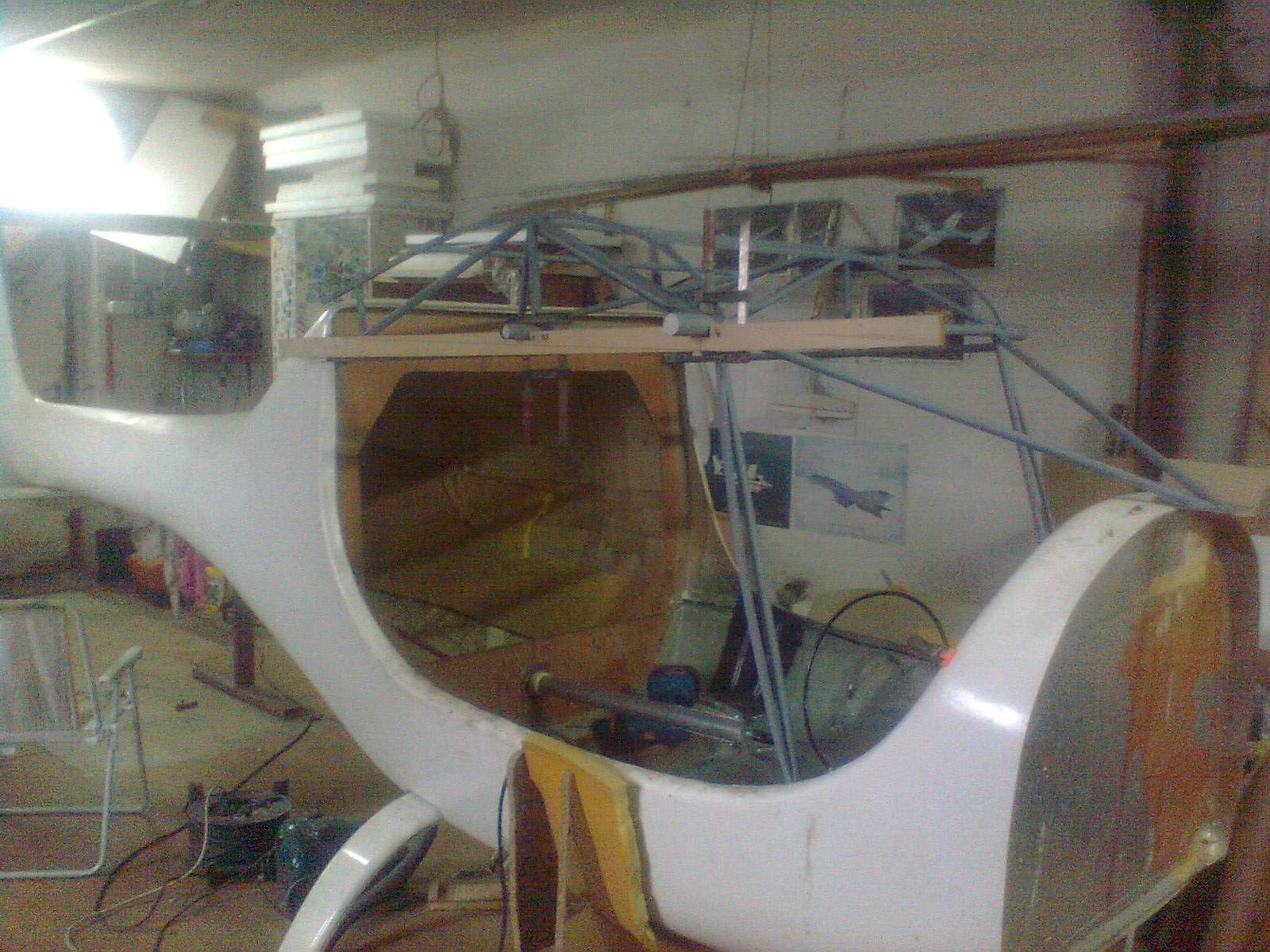
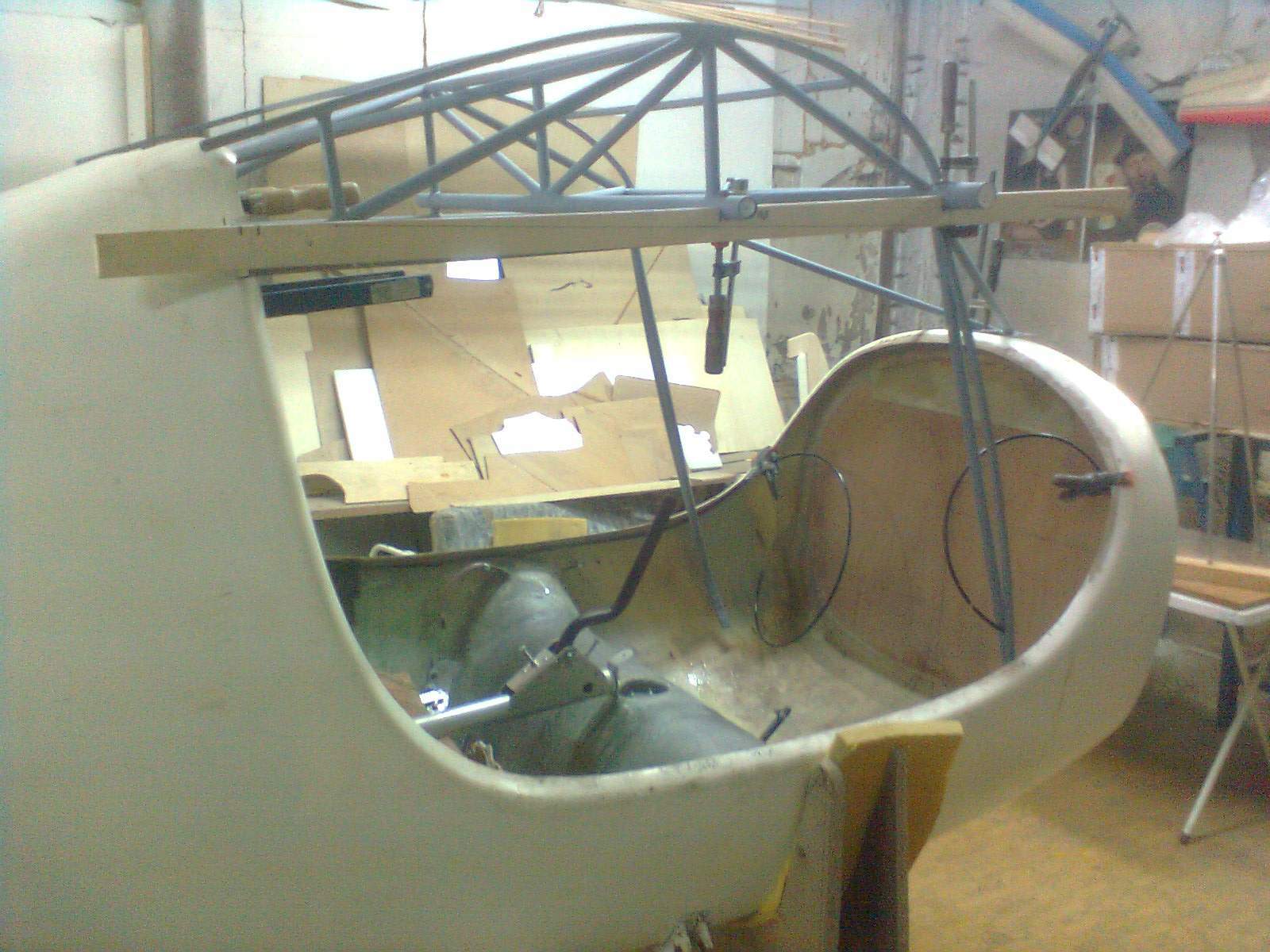
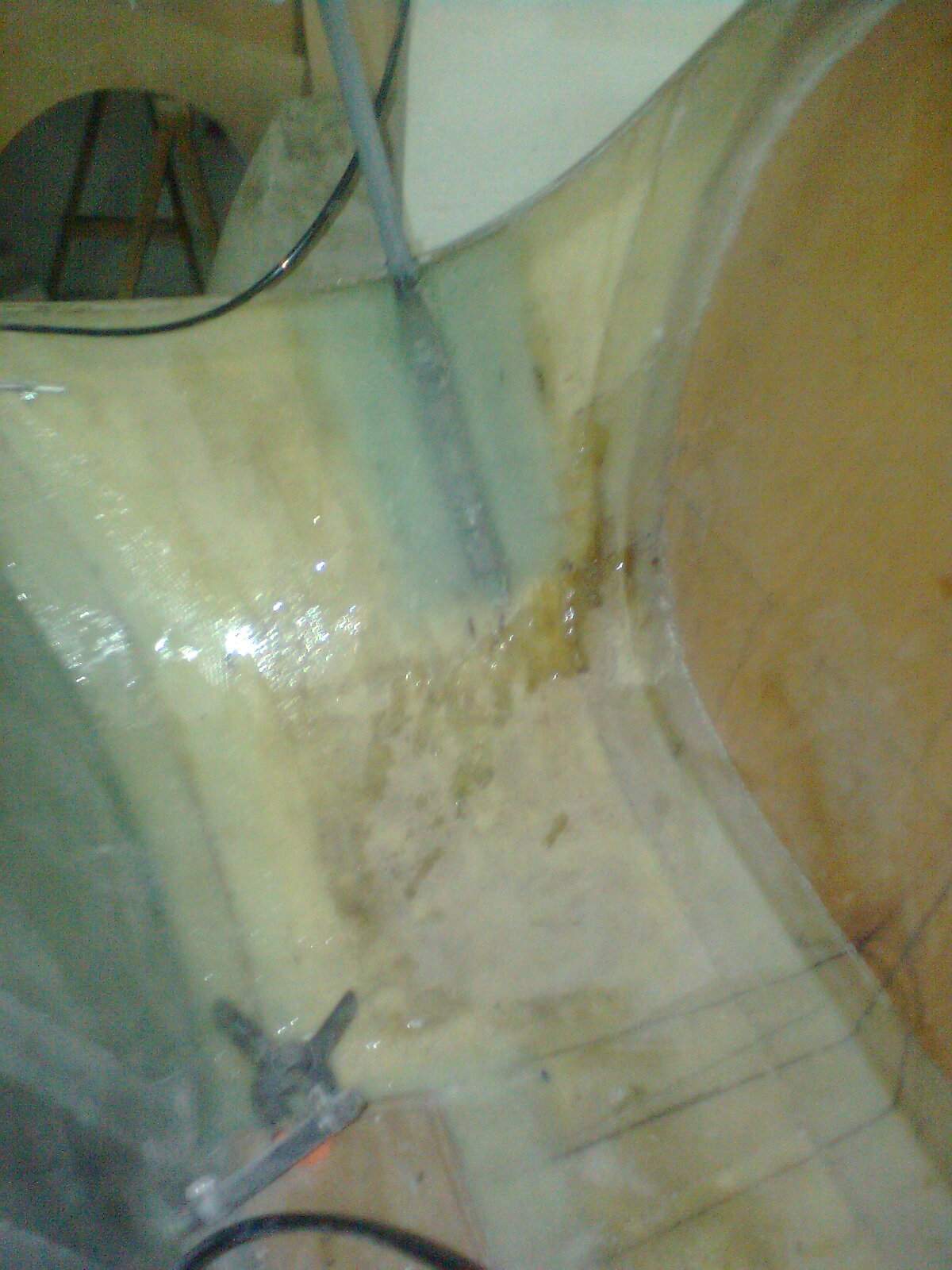
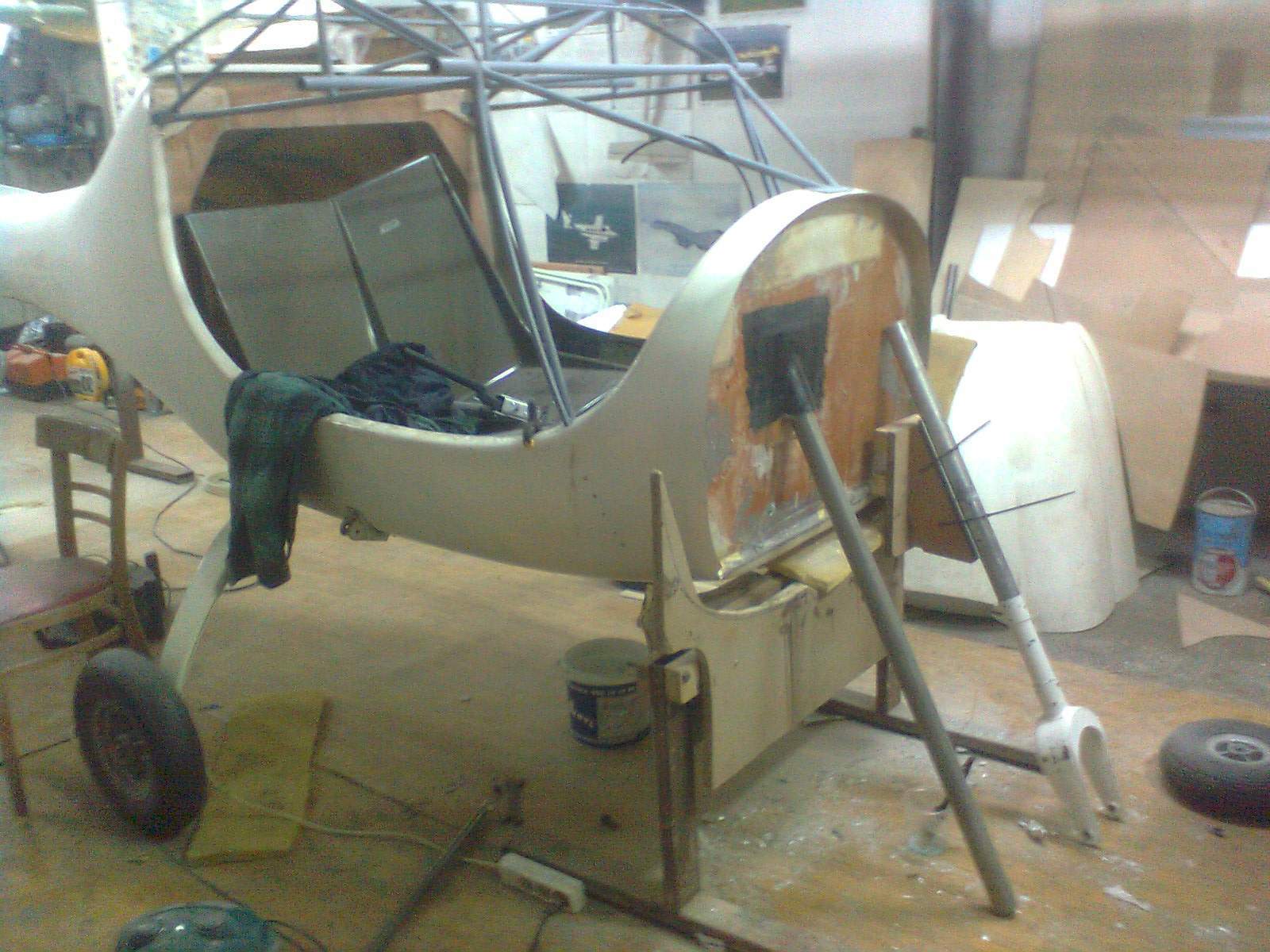
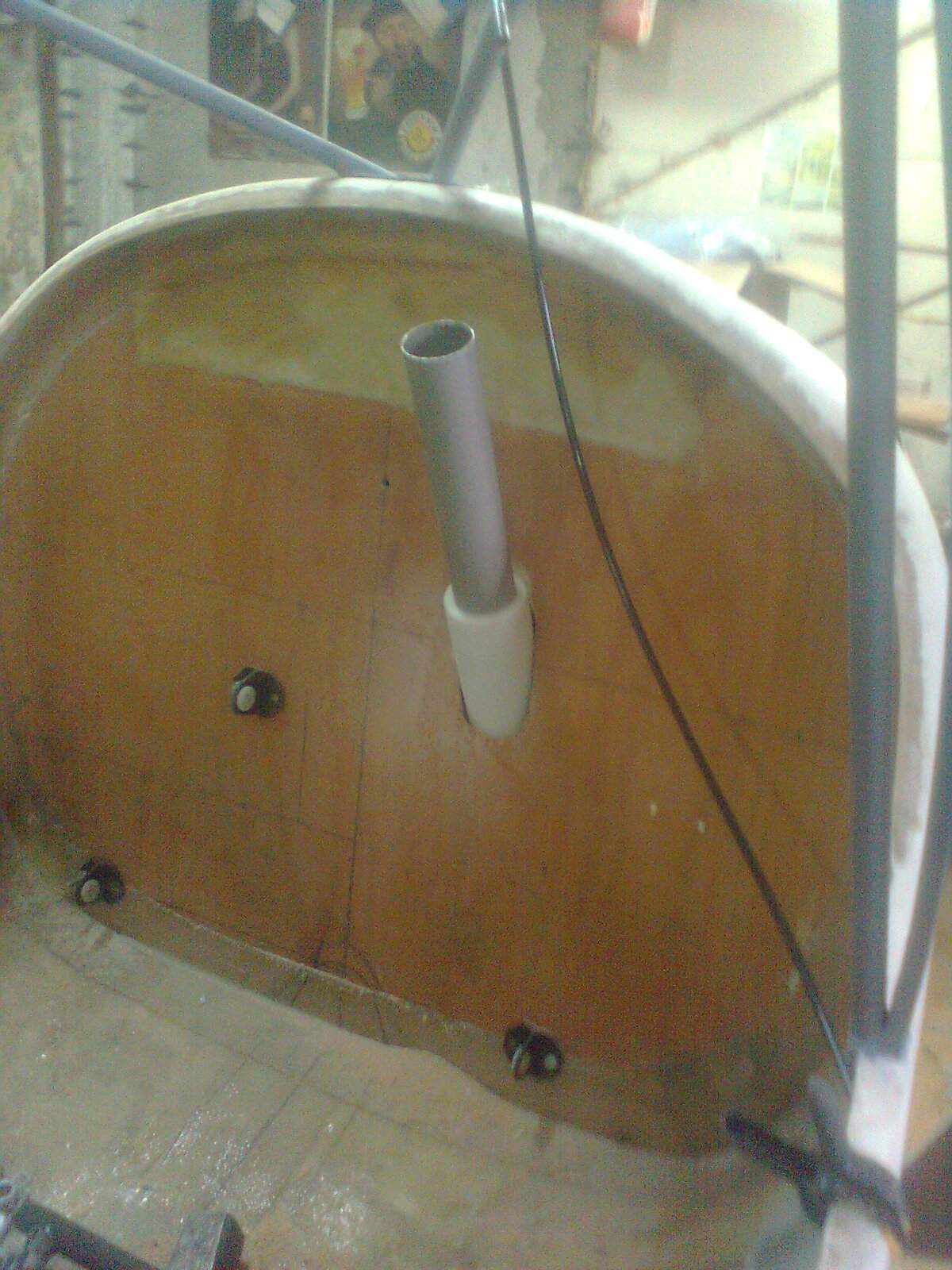
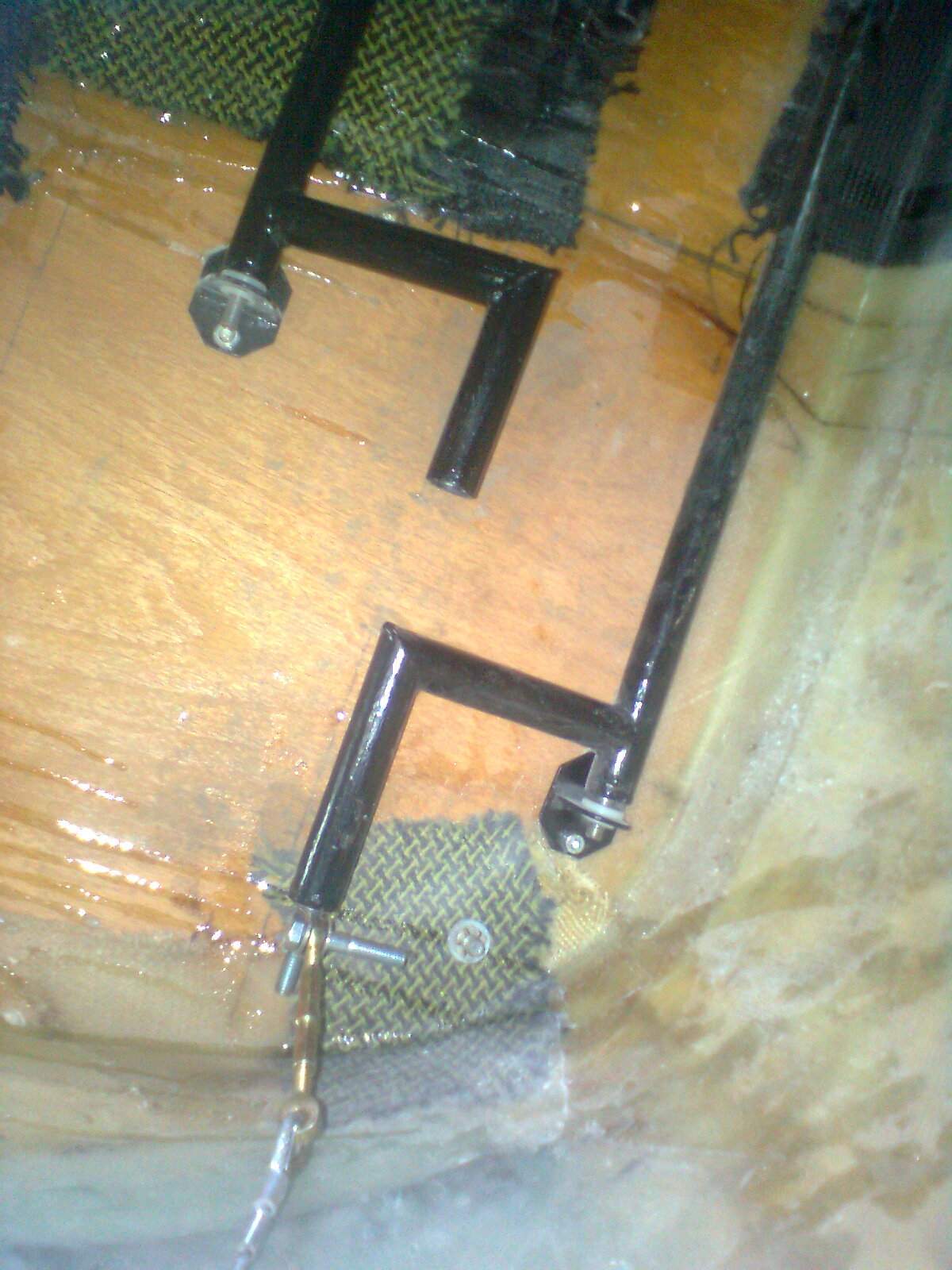
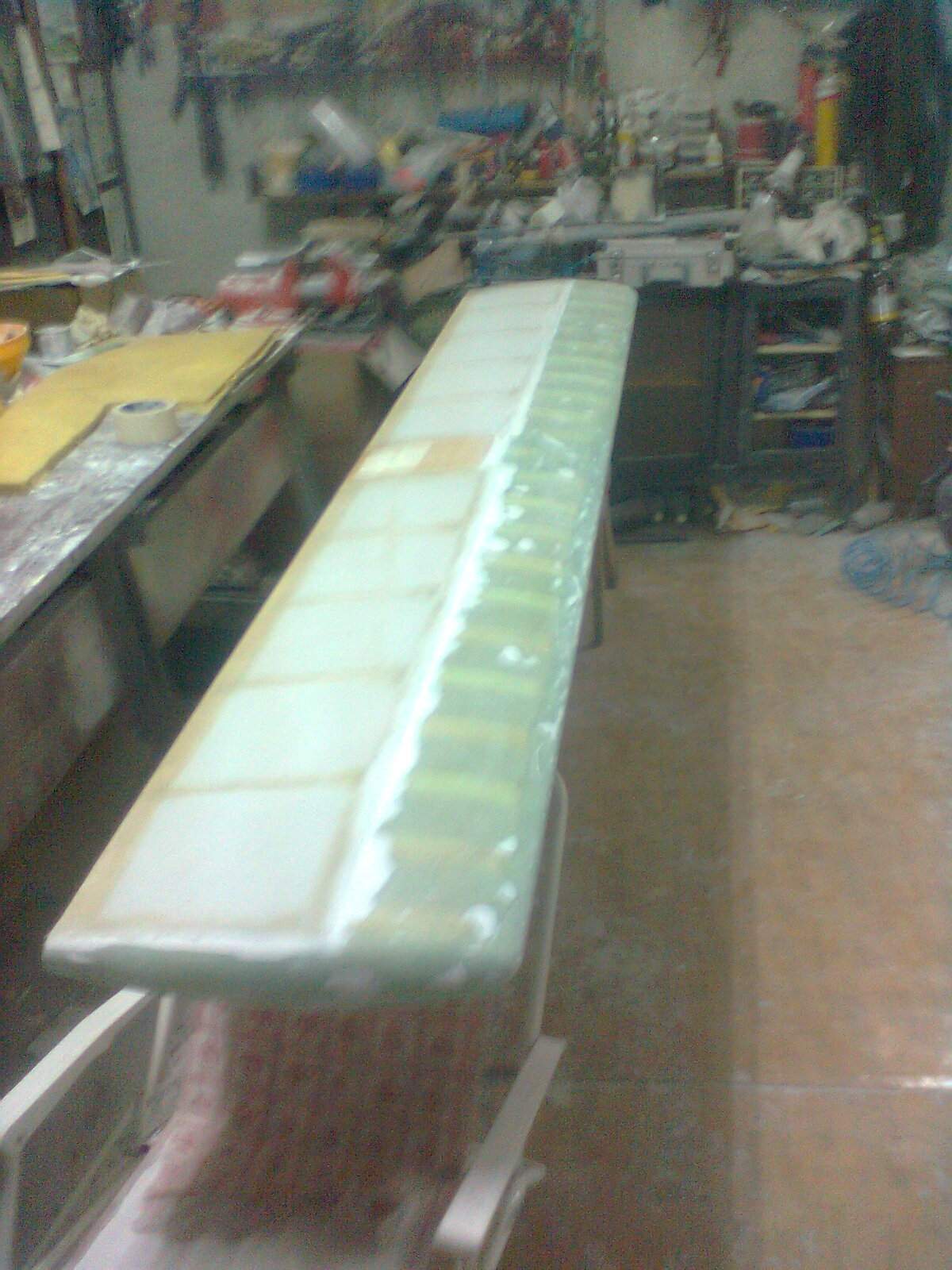
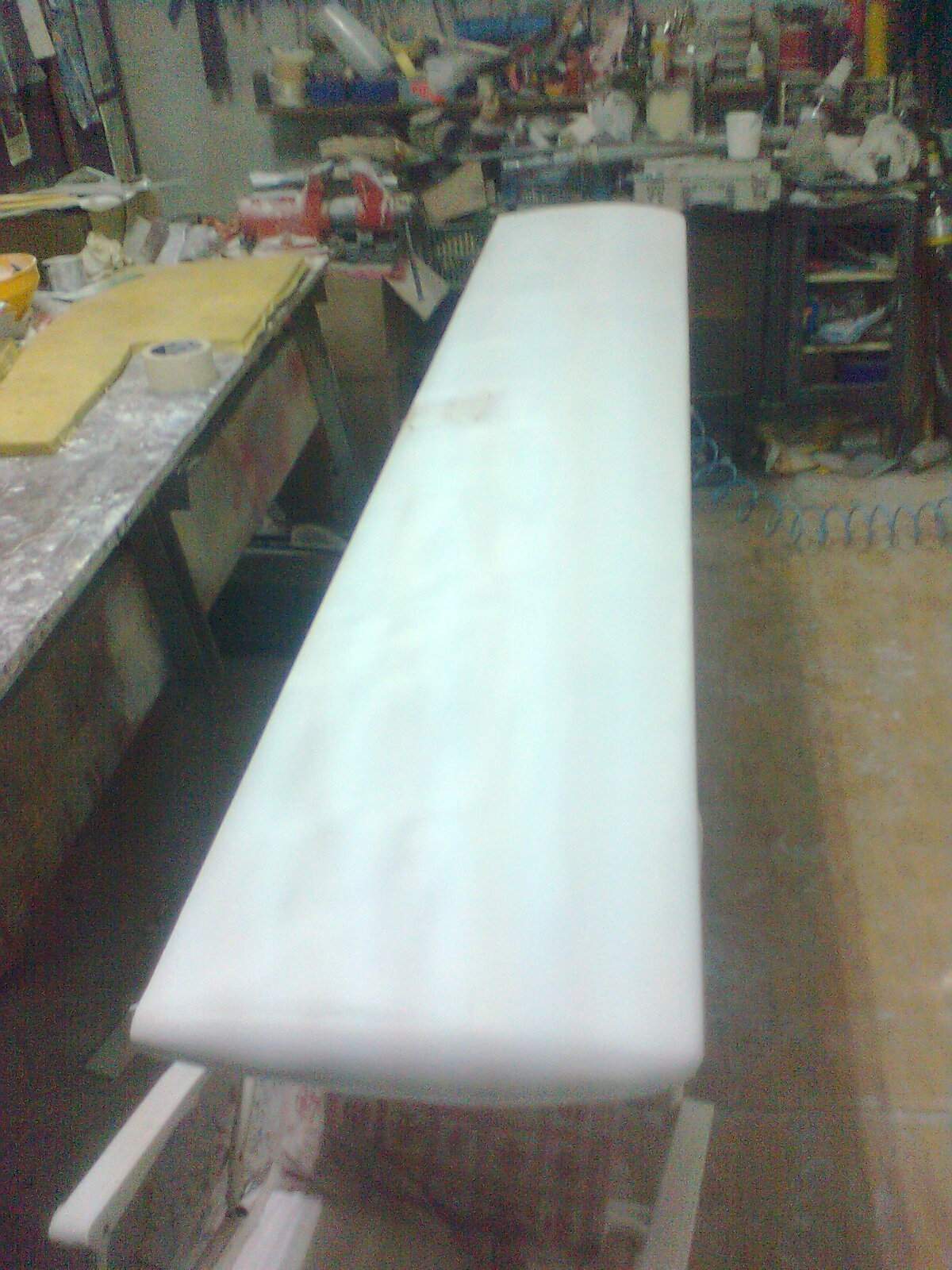
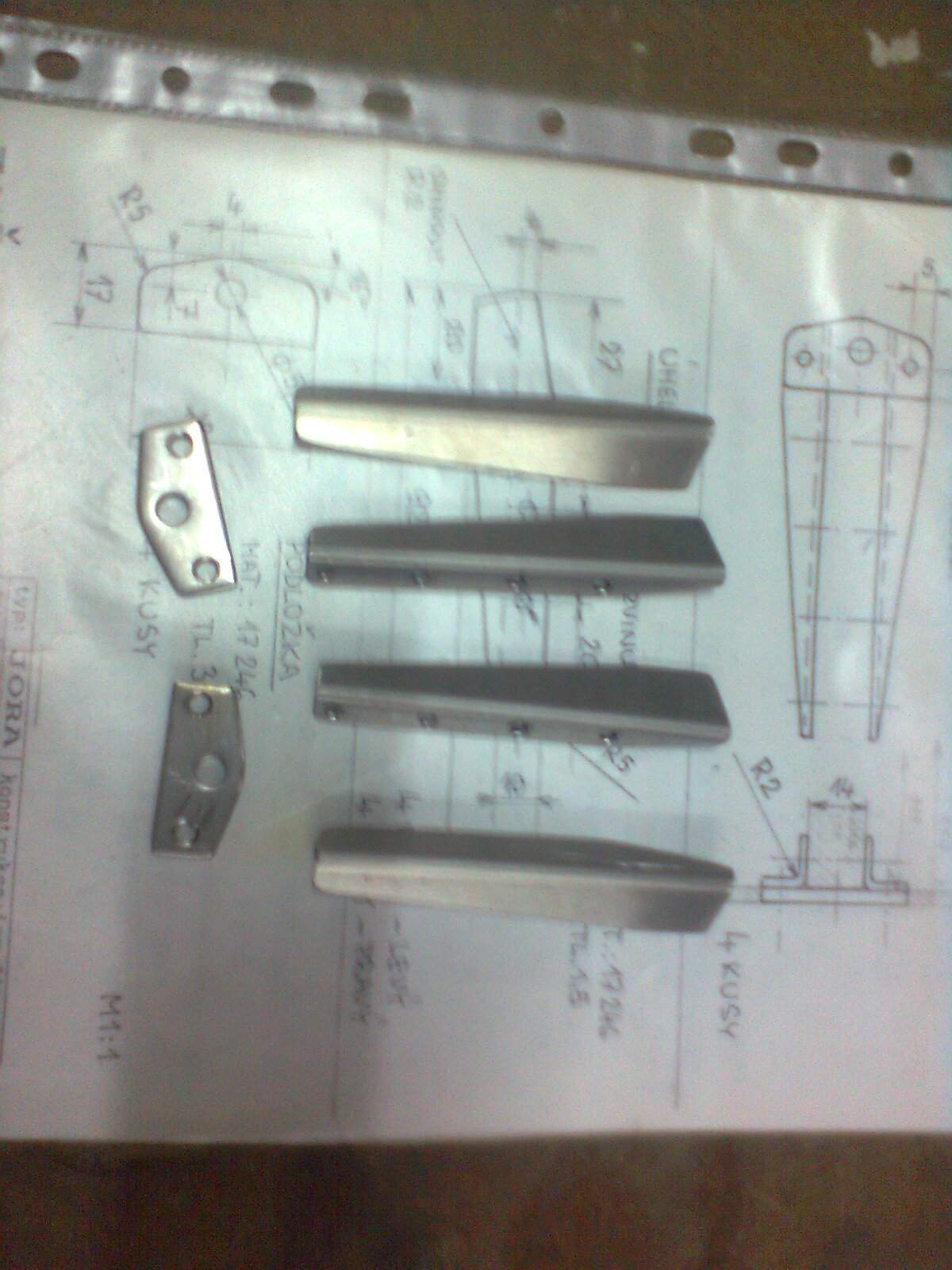
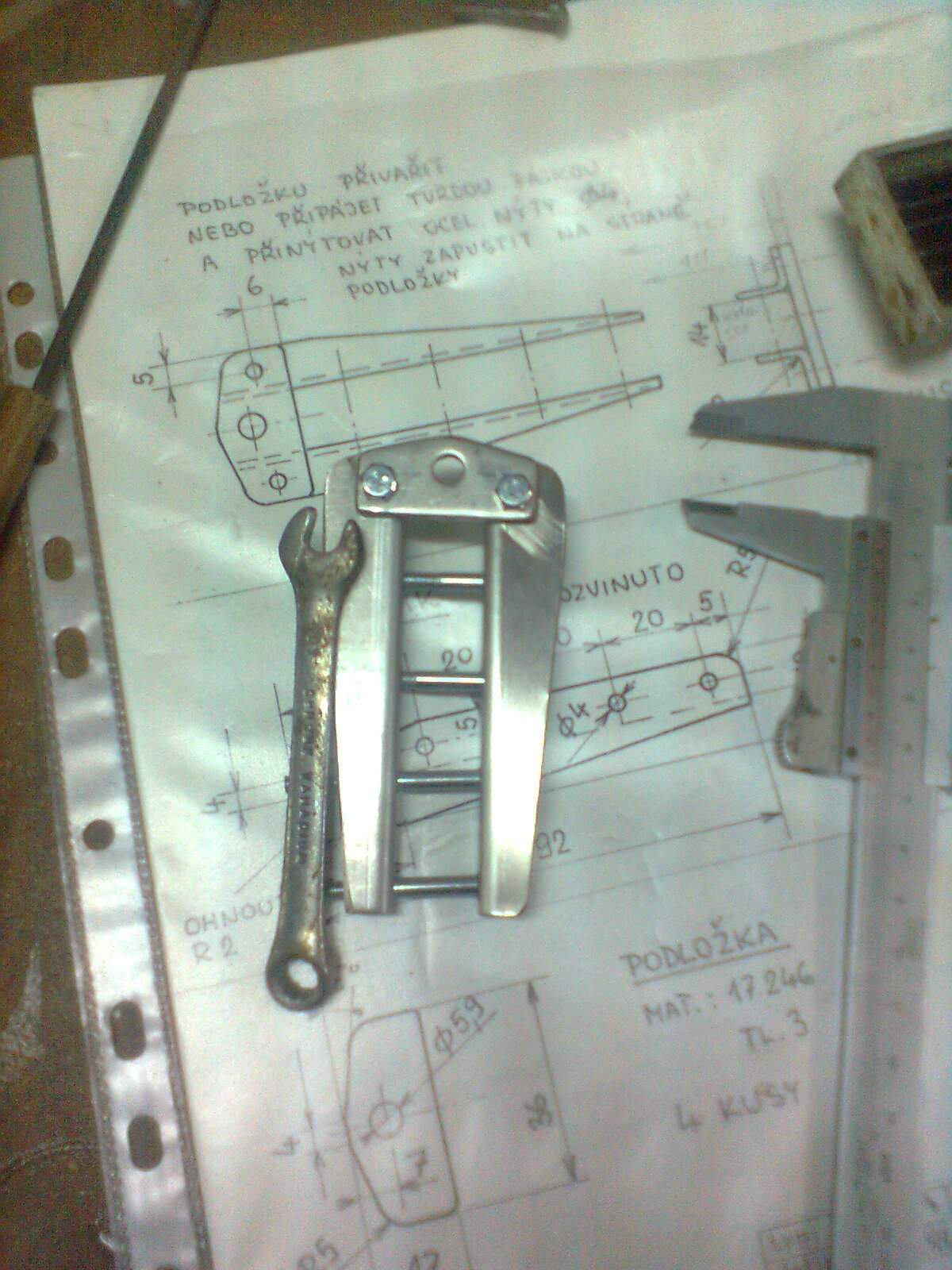
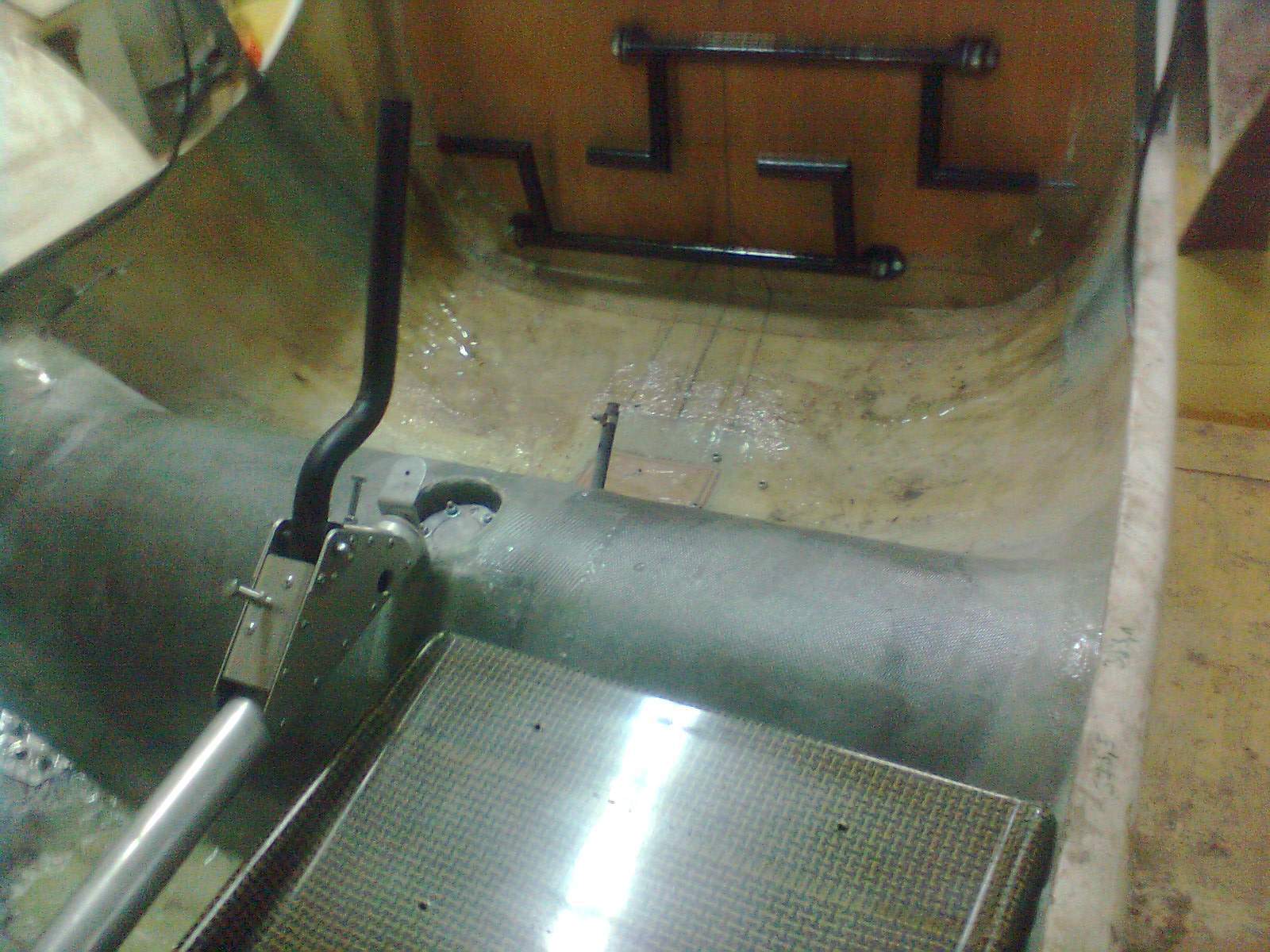
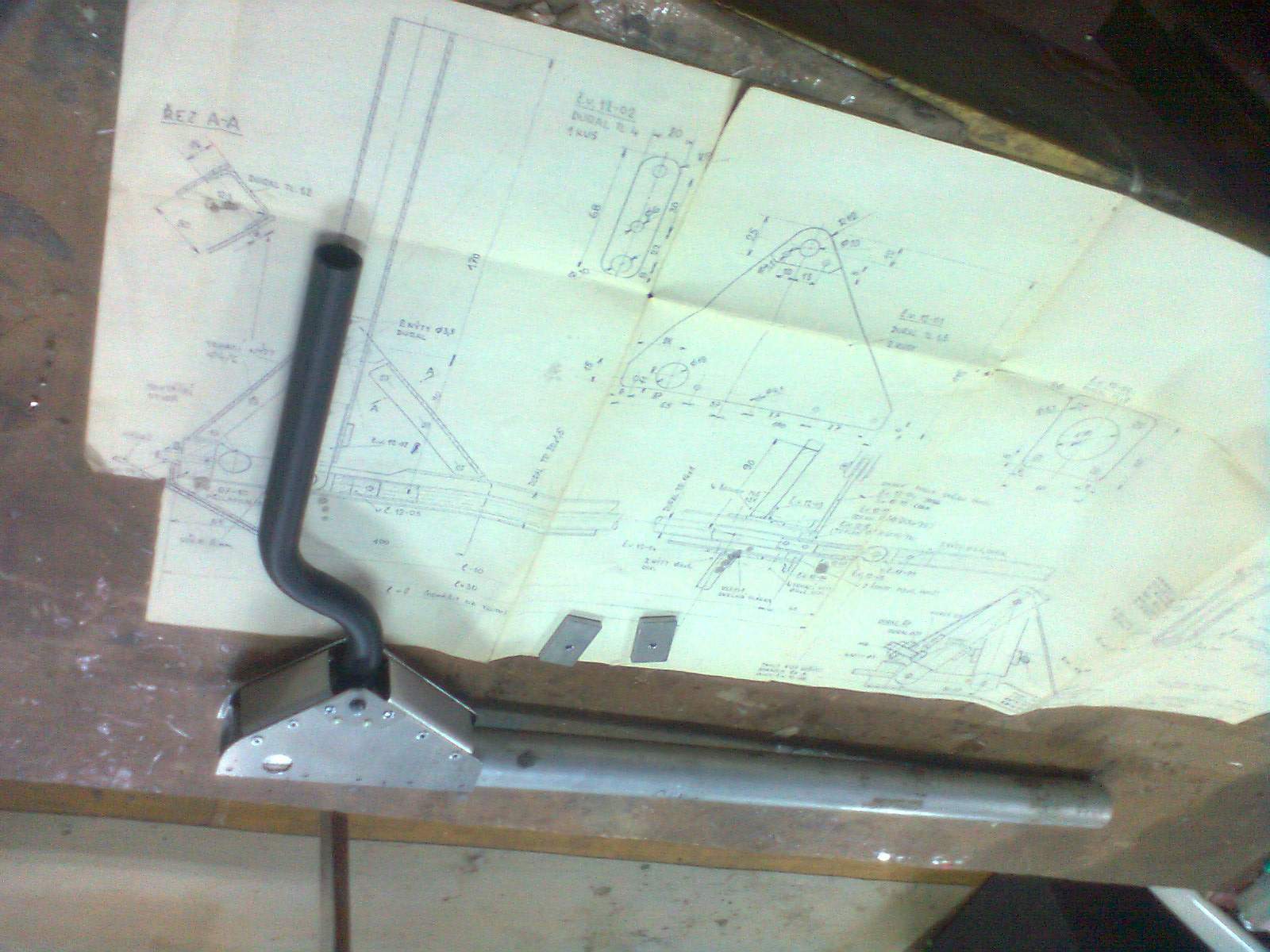
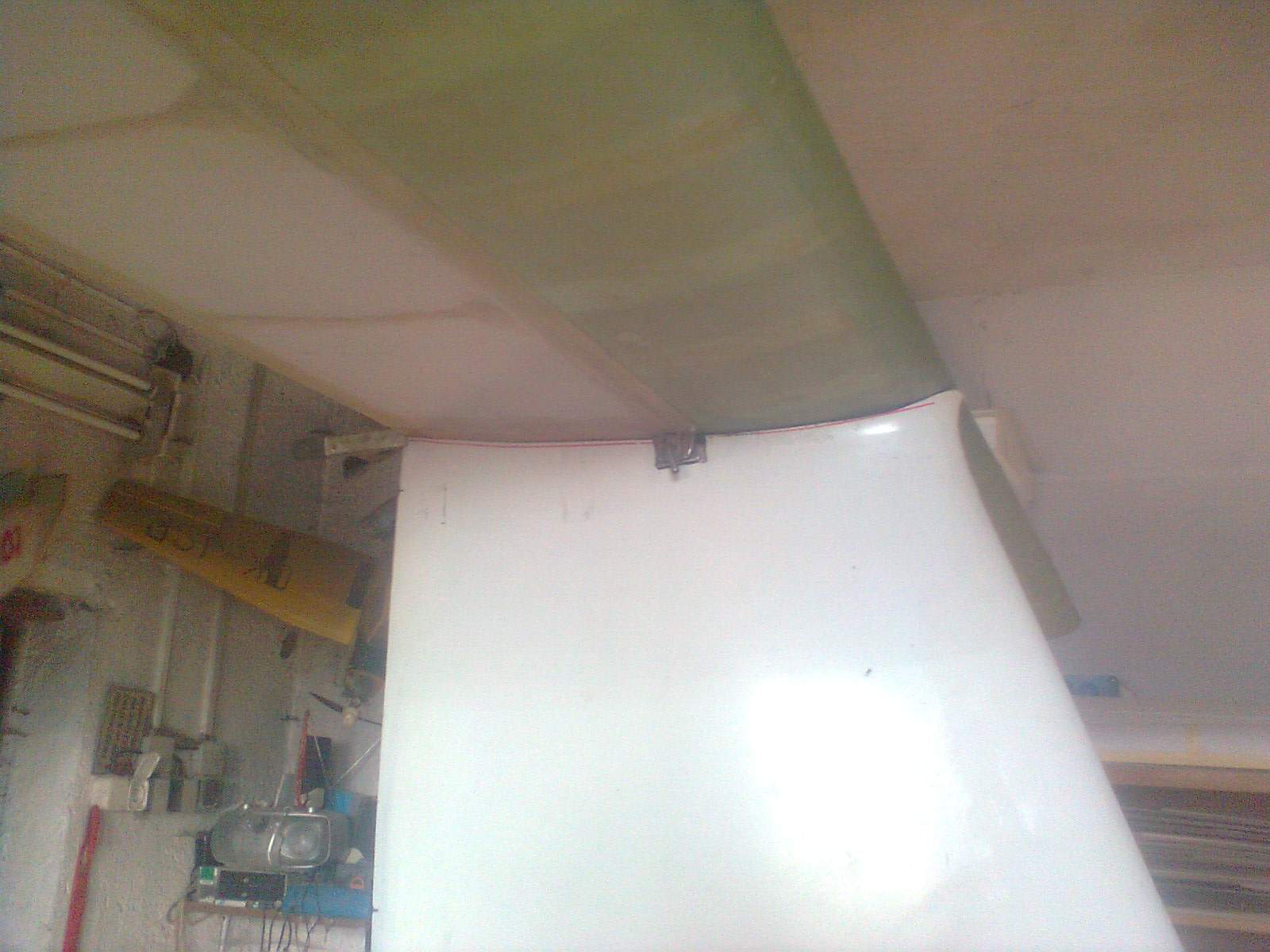
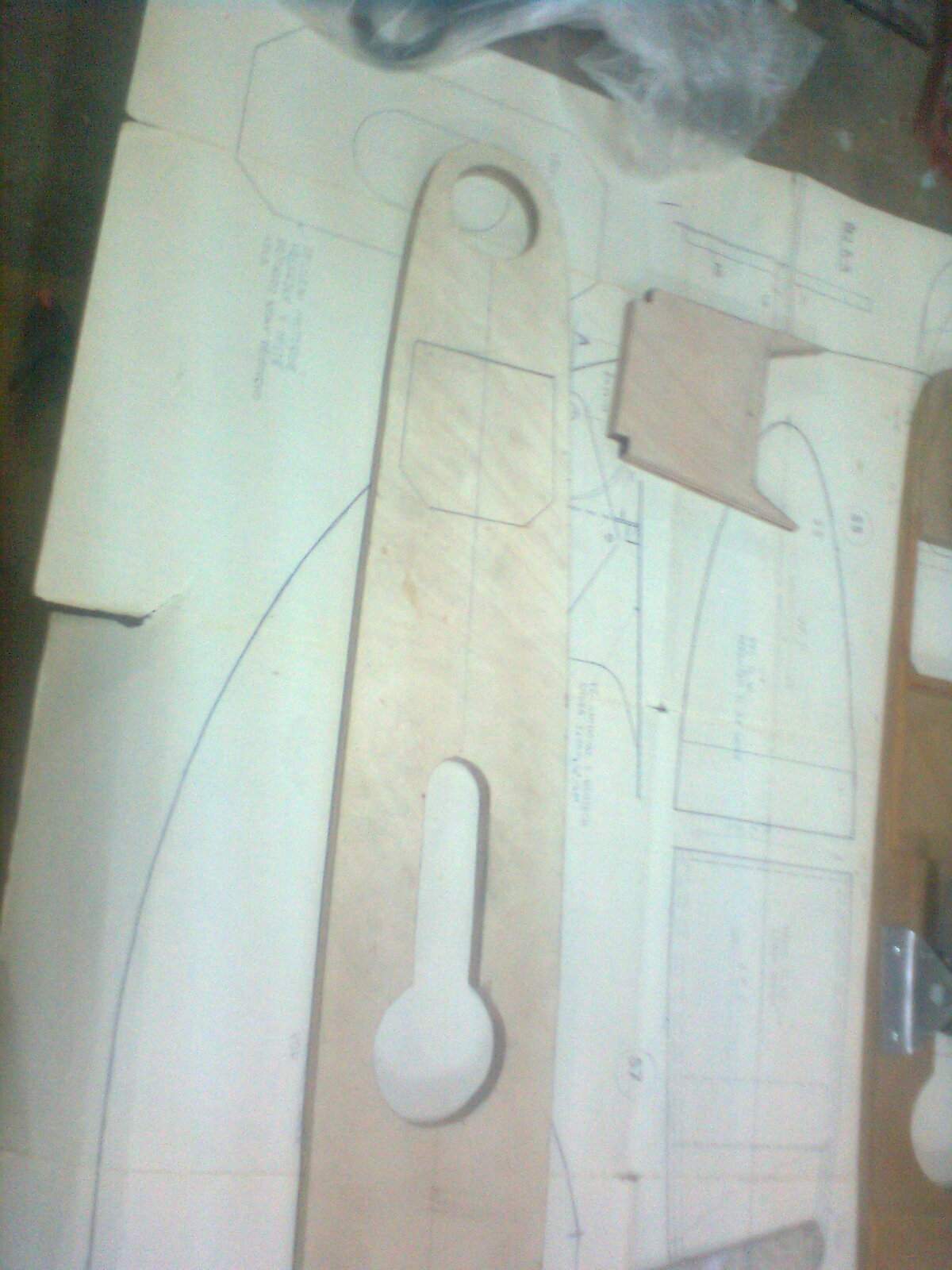
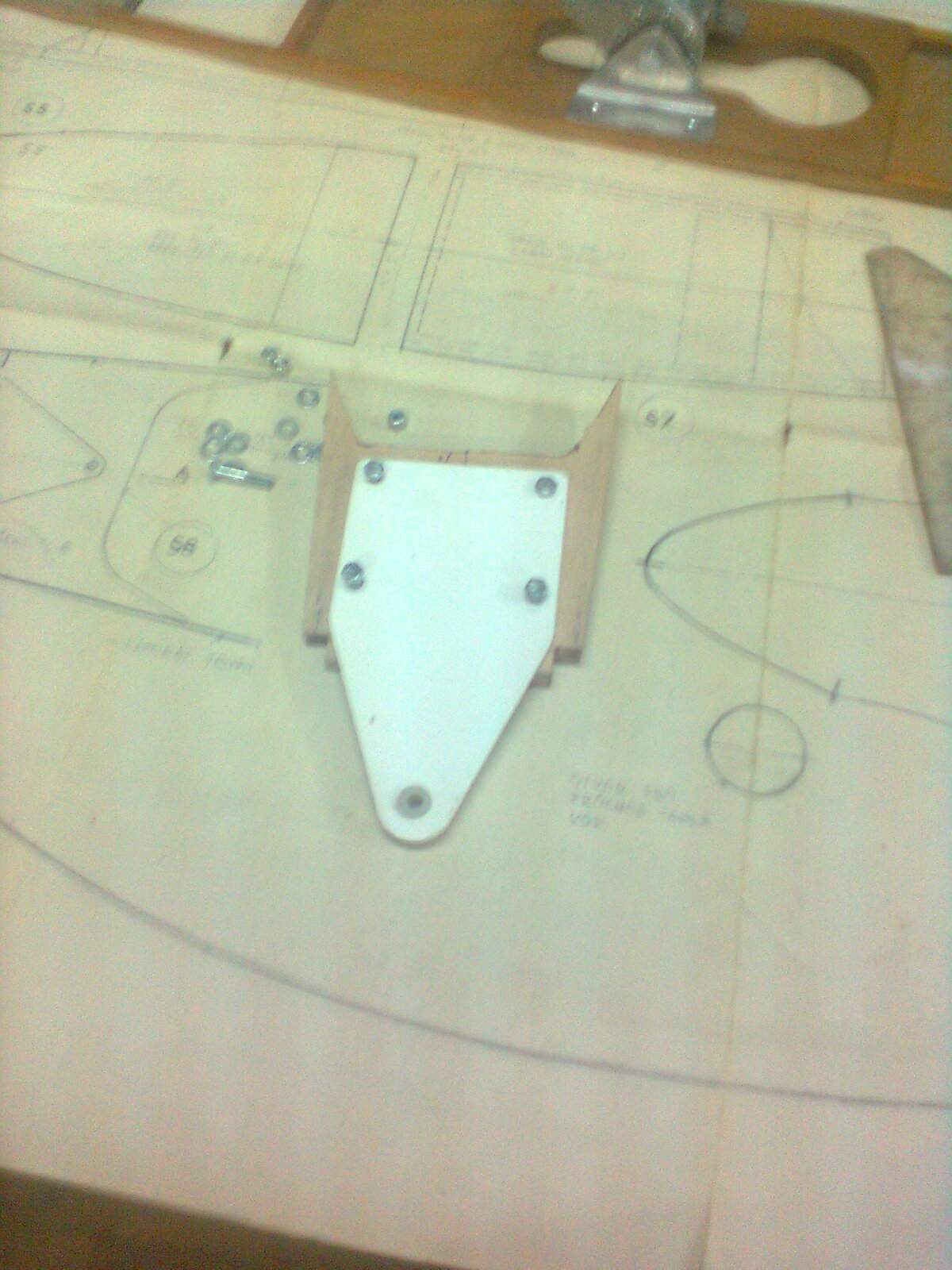
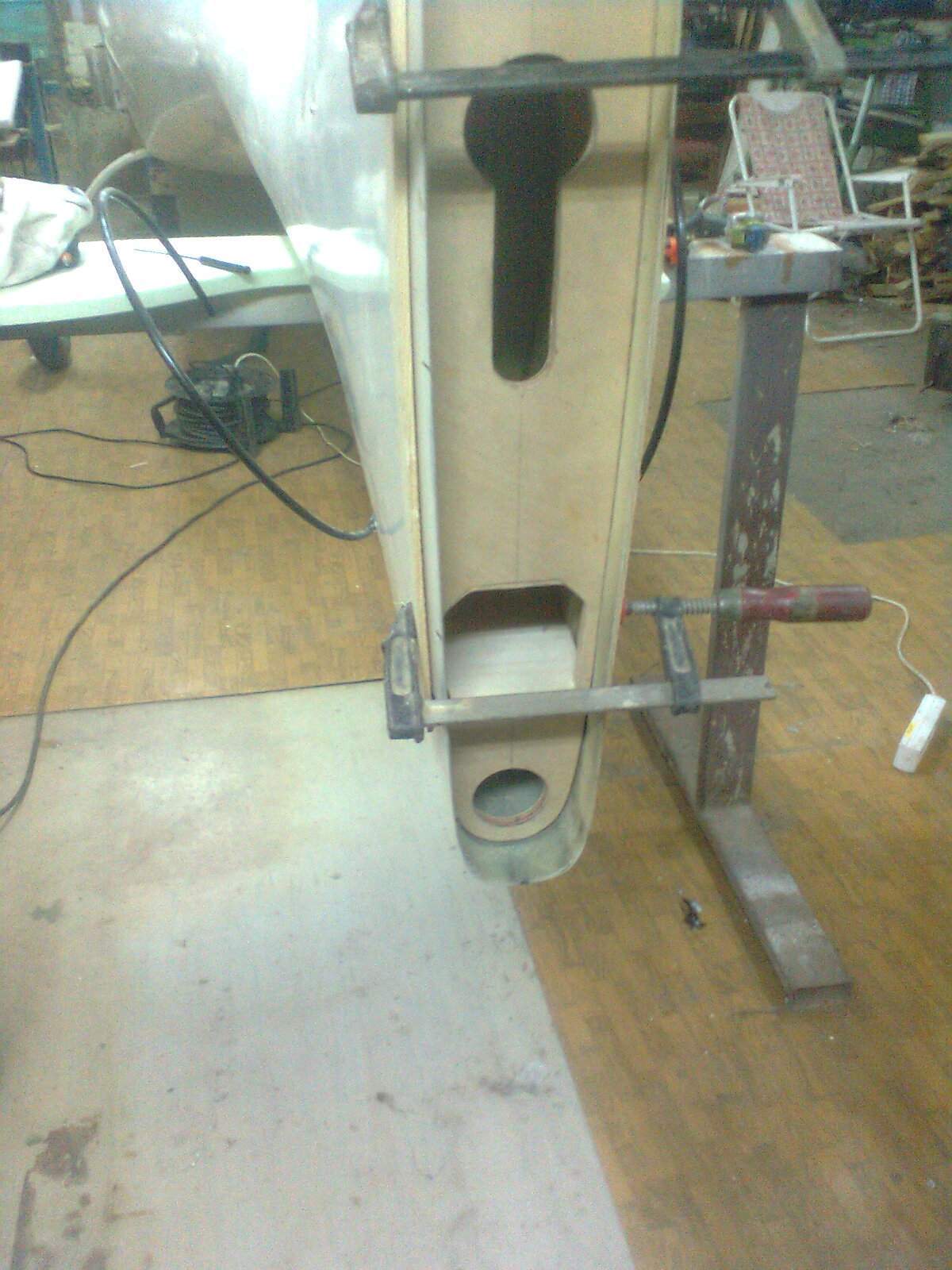
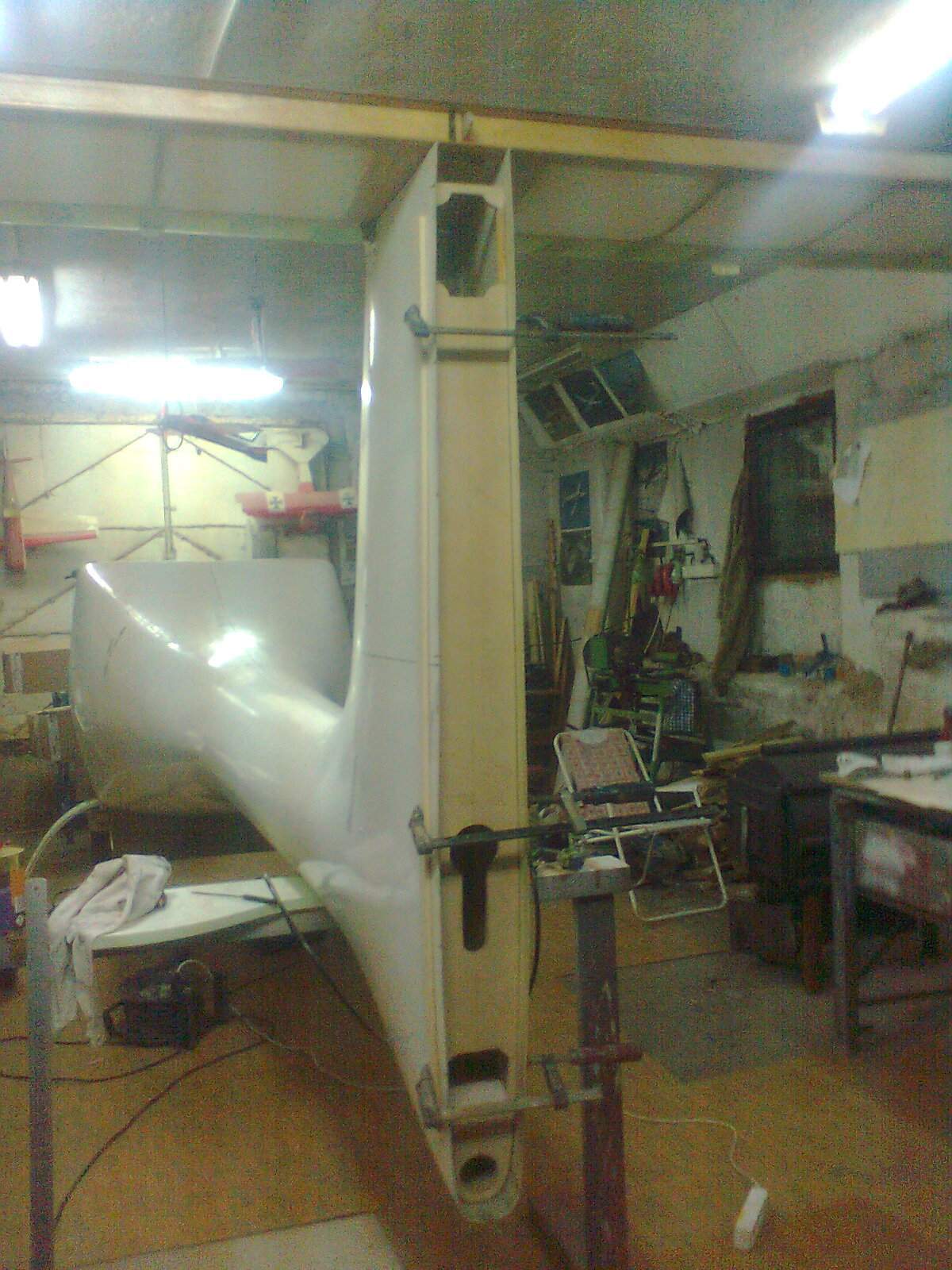
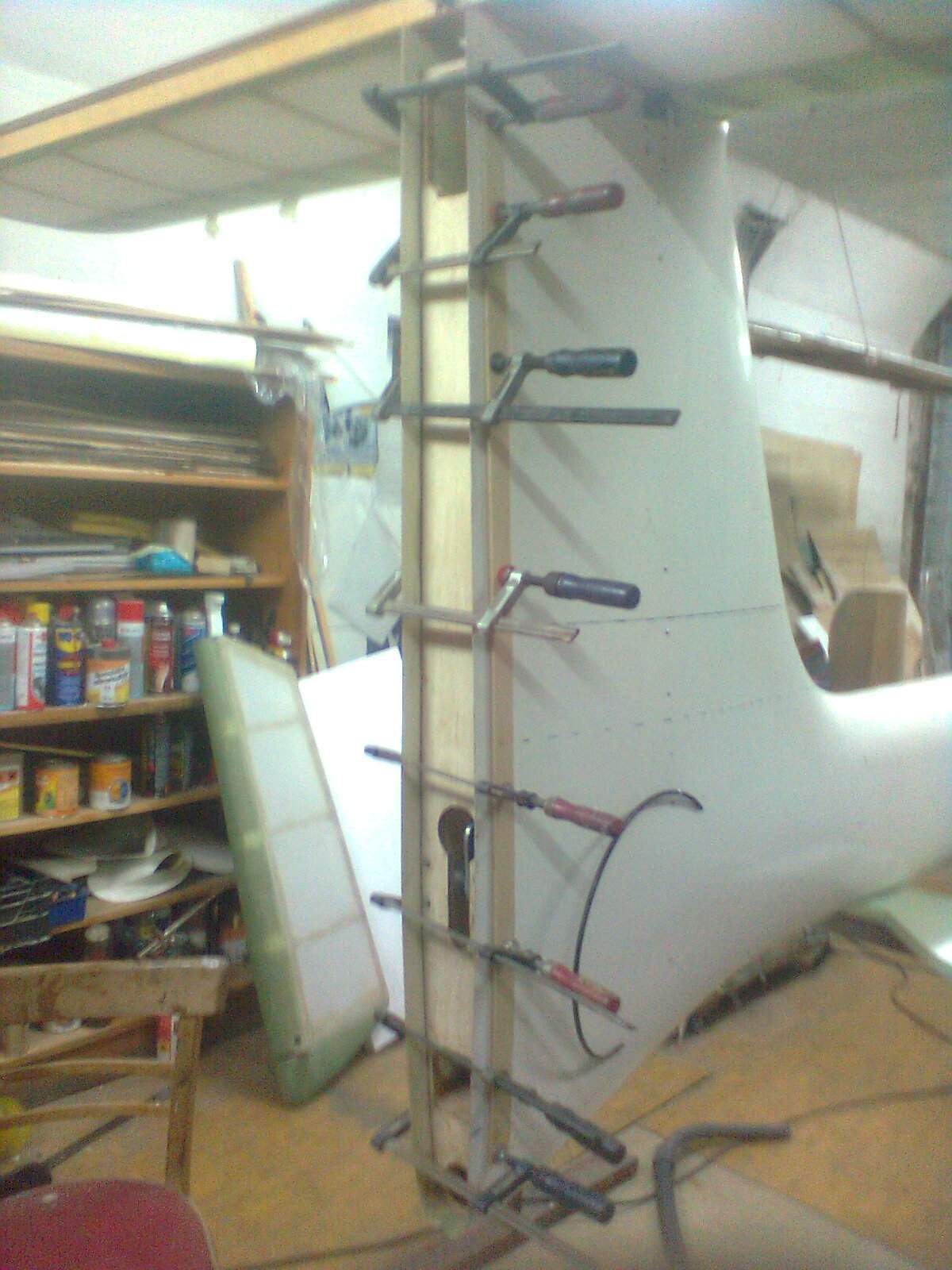
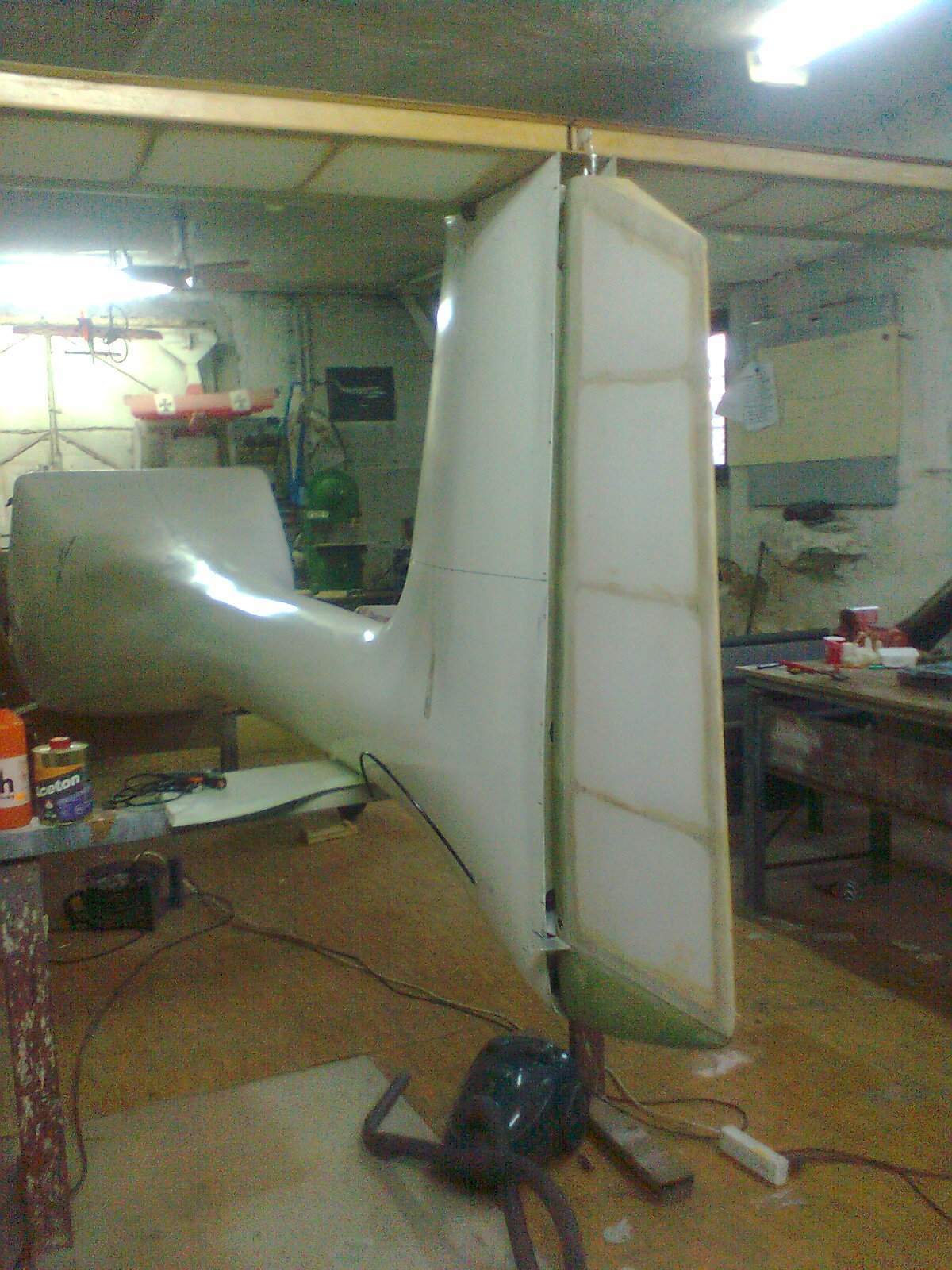
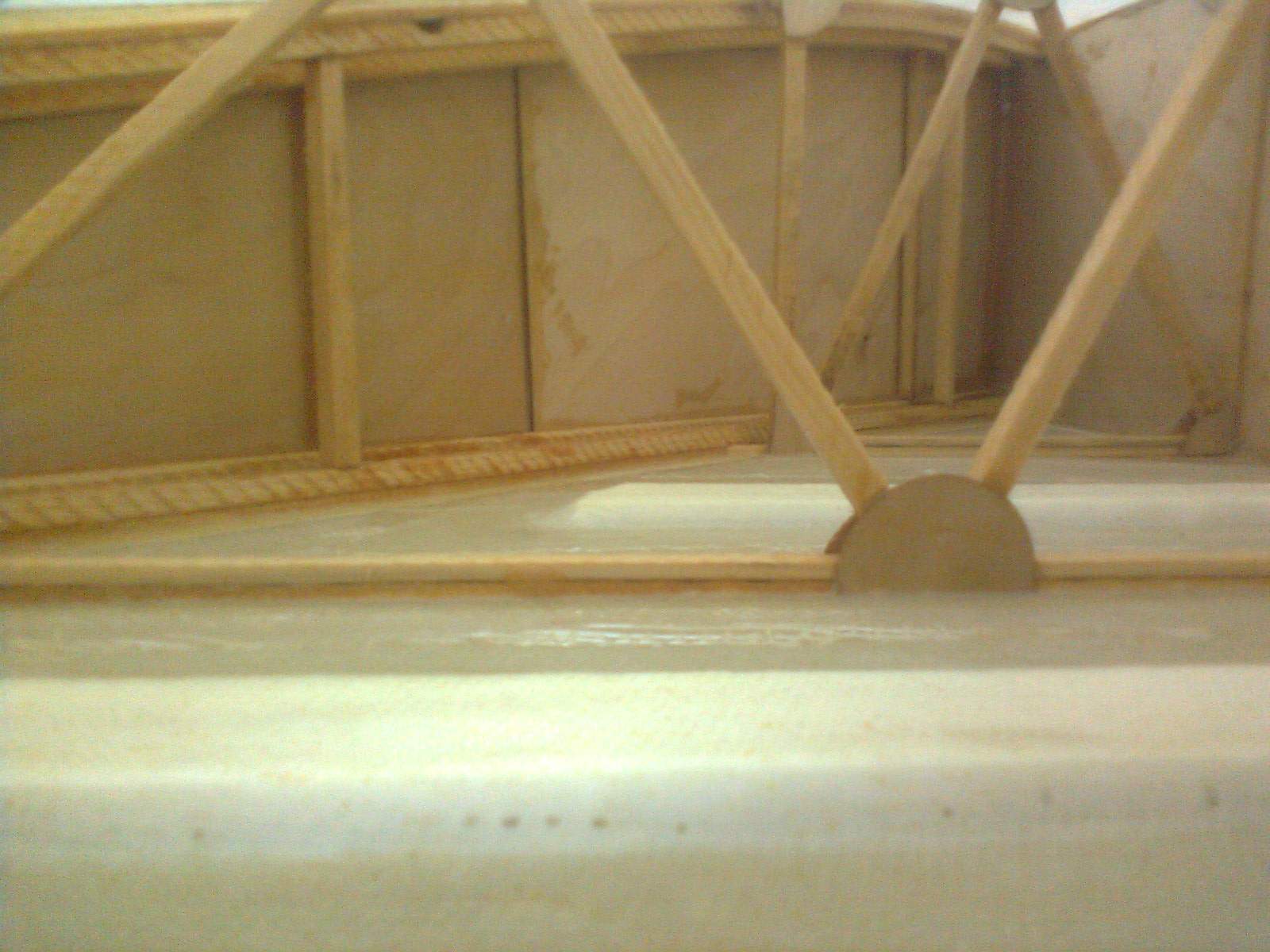
Pictures kindly provided by Phil Bristow from the South African production of the Jora, and from Jarda Sotola building a Cora kit.
Jarda Sotola have documented the process of building his Cora which is very similar as the Jora in production on his
website Stratonek, Stavba Ull Cora. This webpage is very
valuable for all Jora, Cora or Allegro owners for having a peek into how the airplane is constructed.
Pictures of a Jora Kit which just have been rescued:
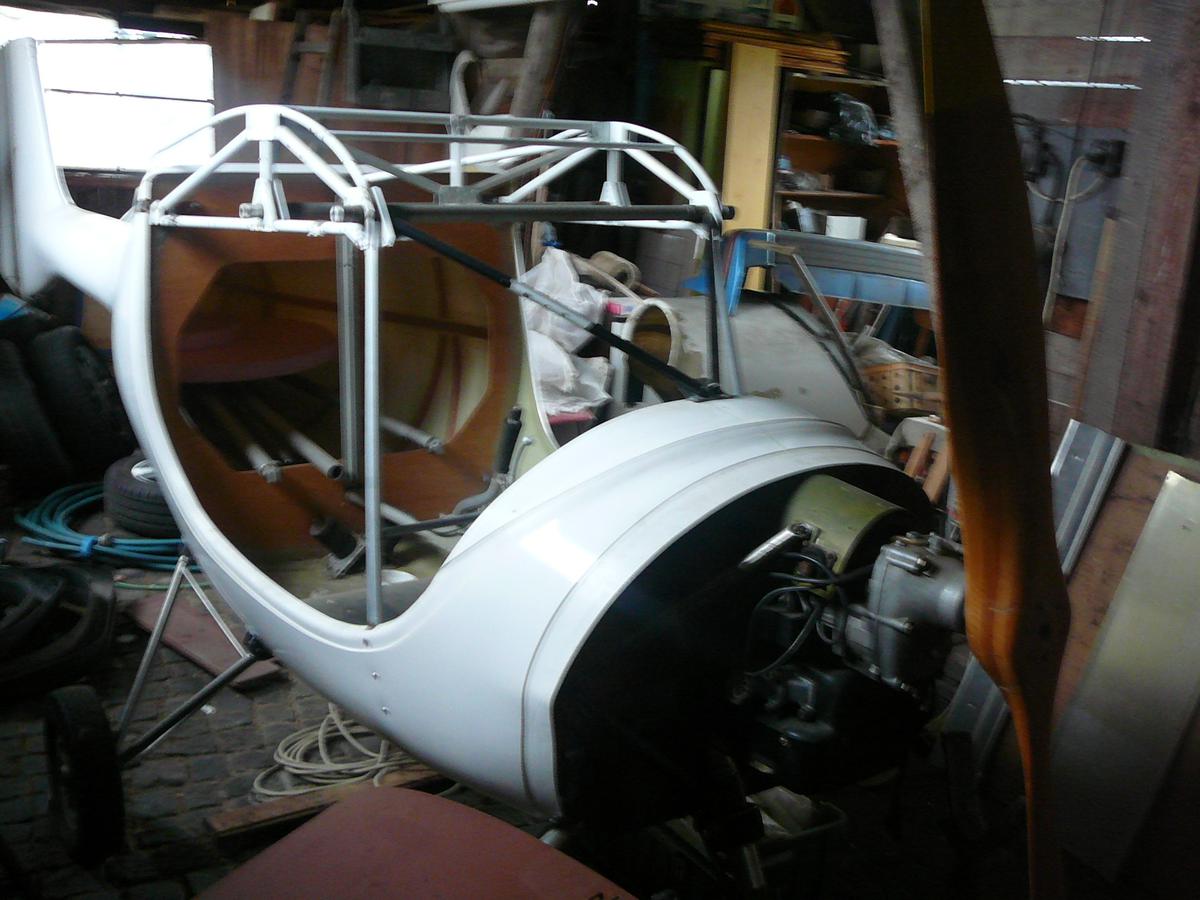
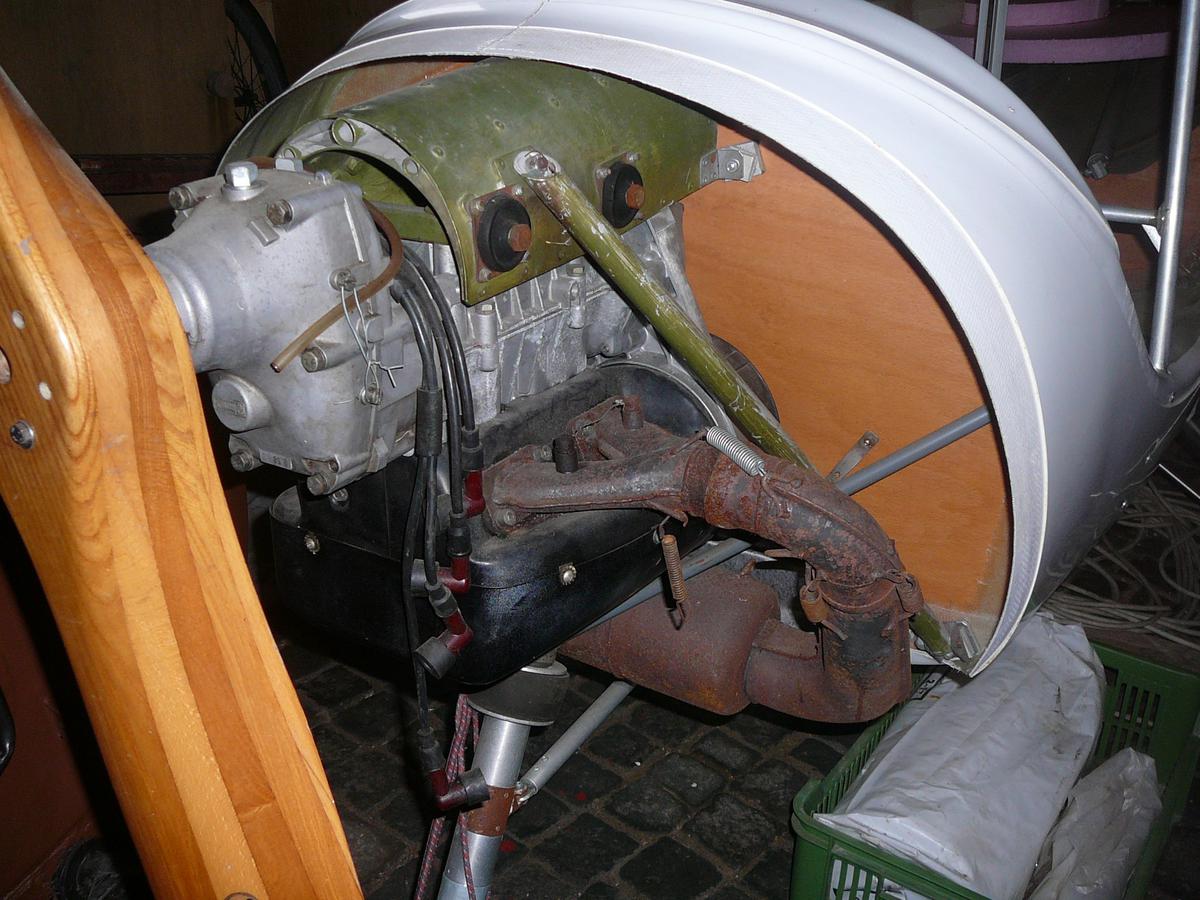
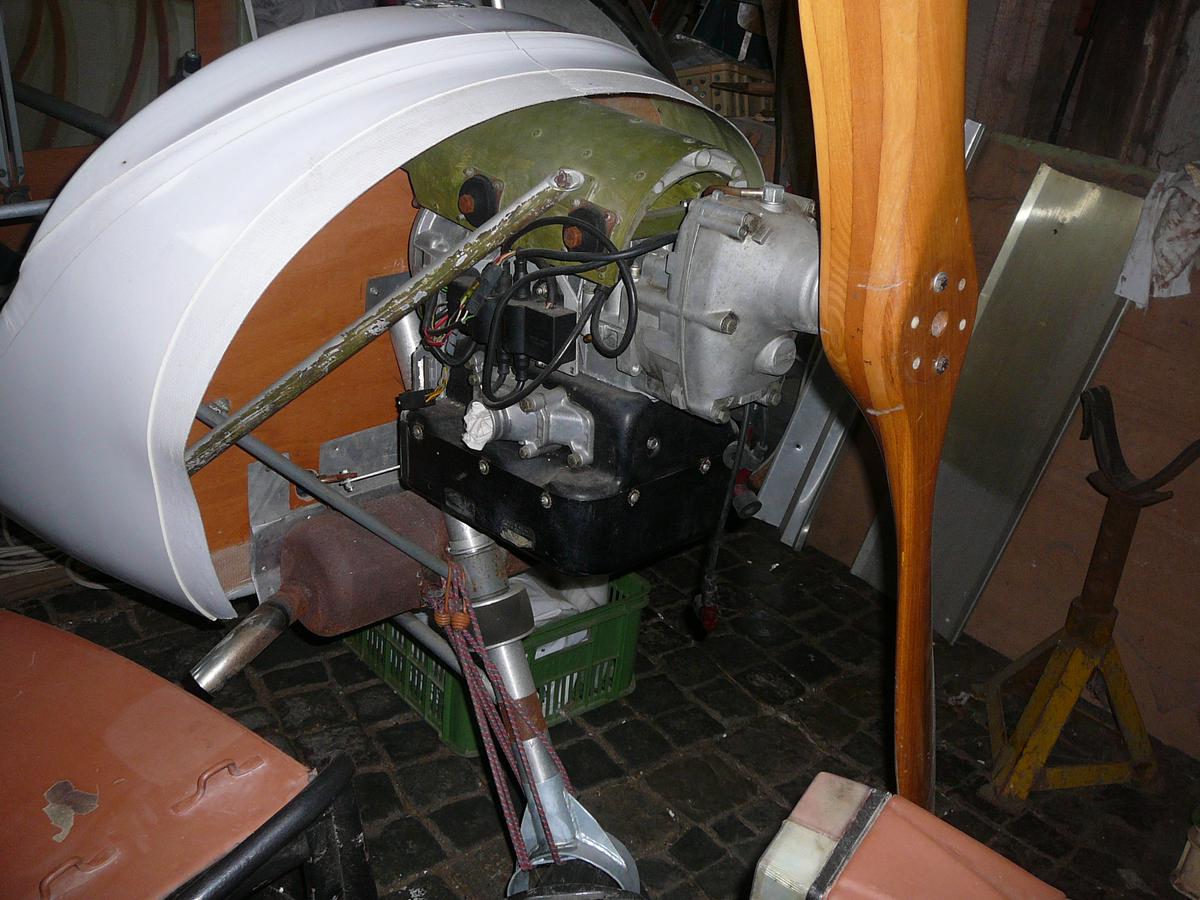
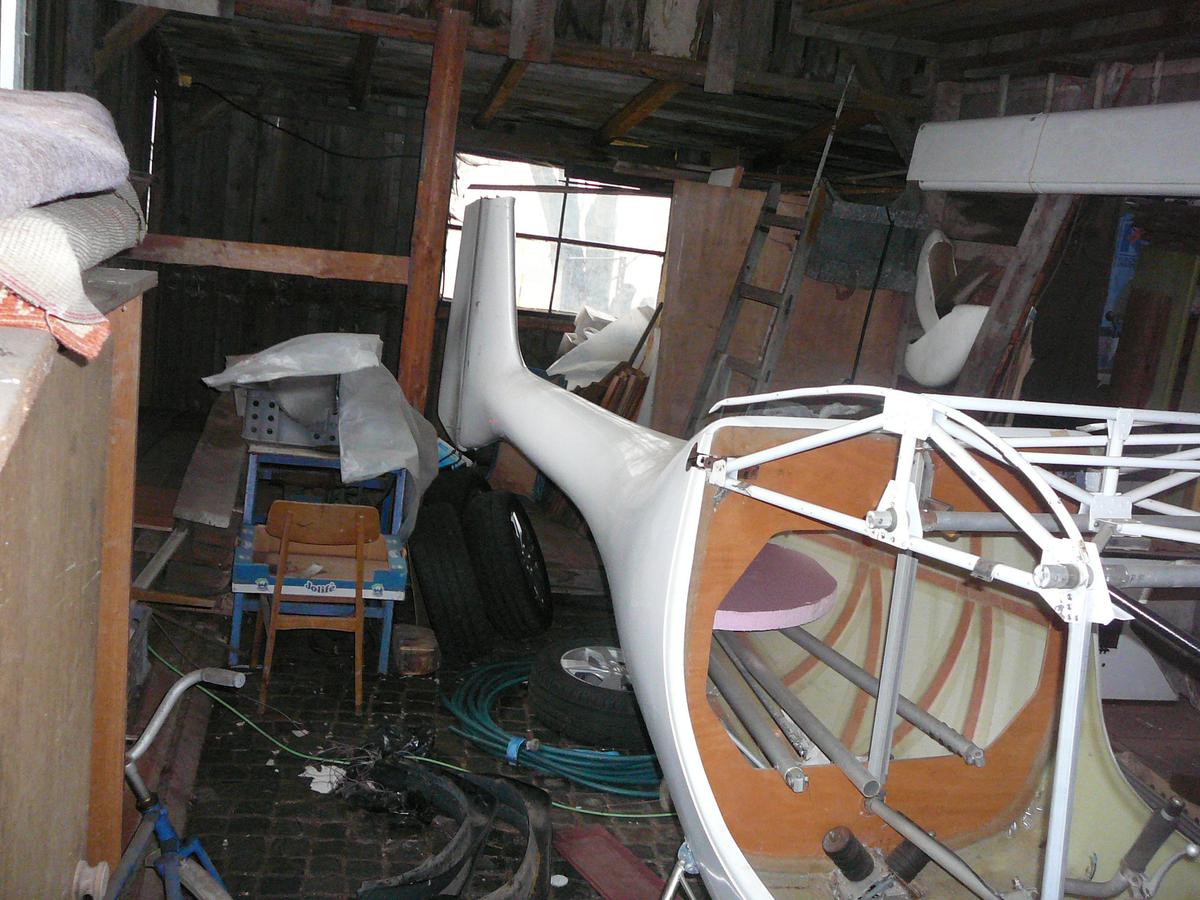
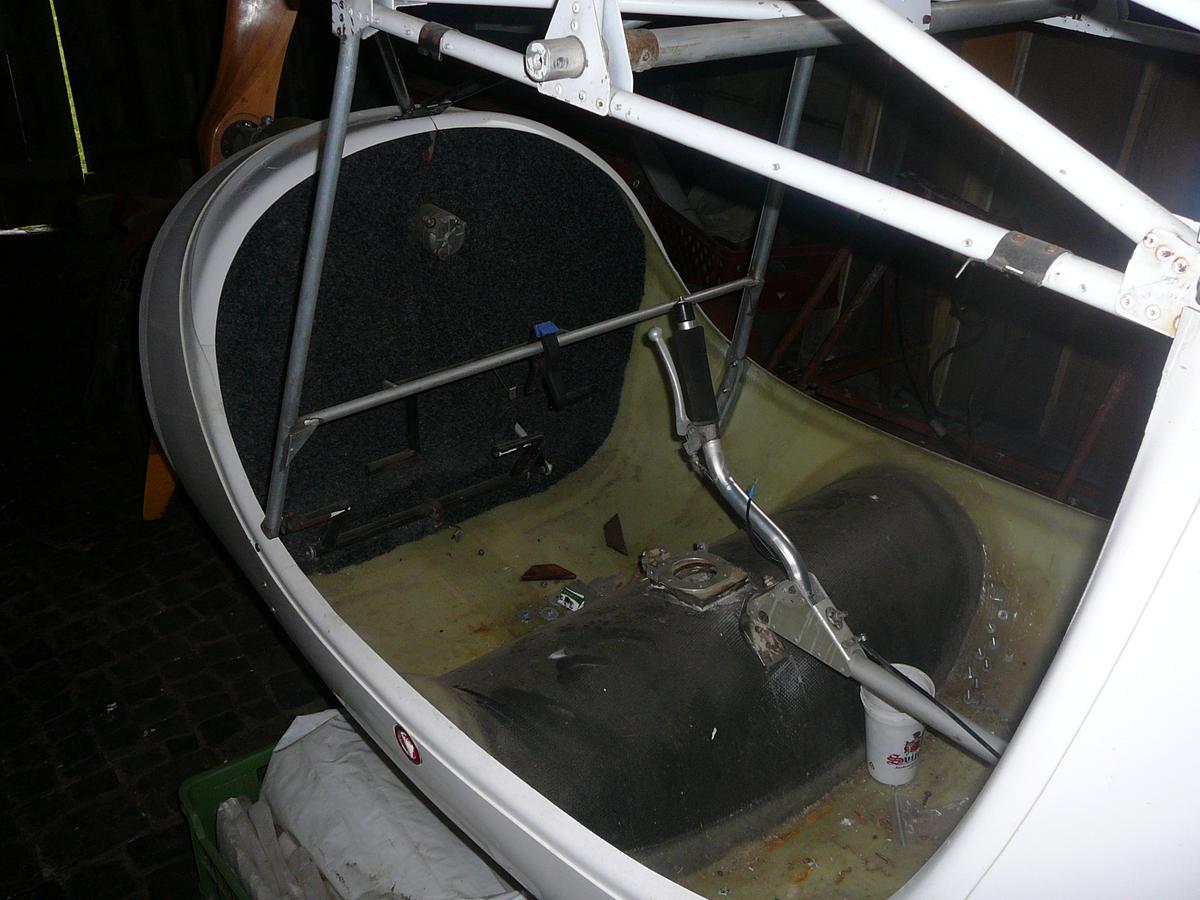
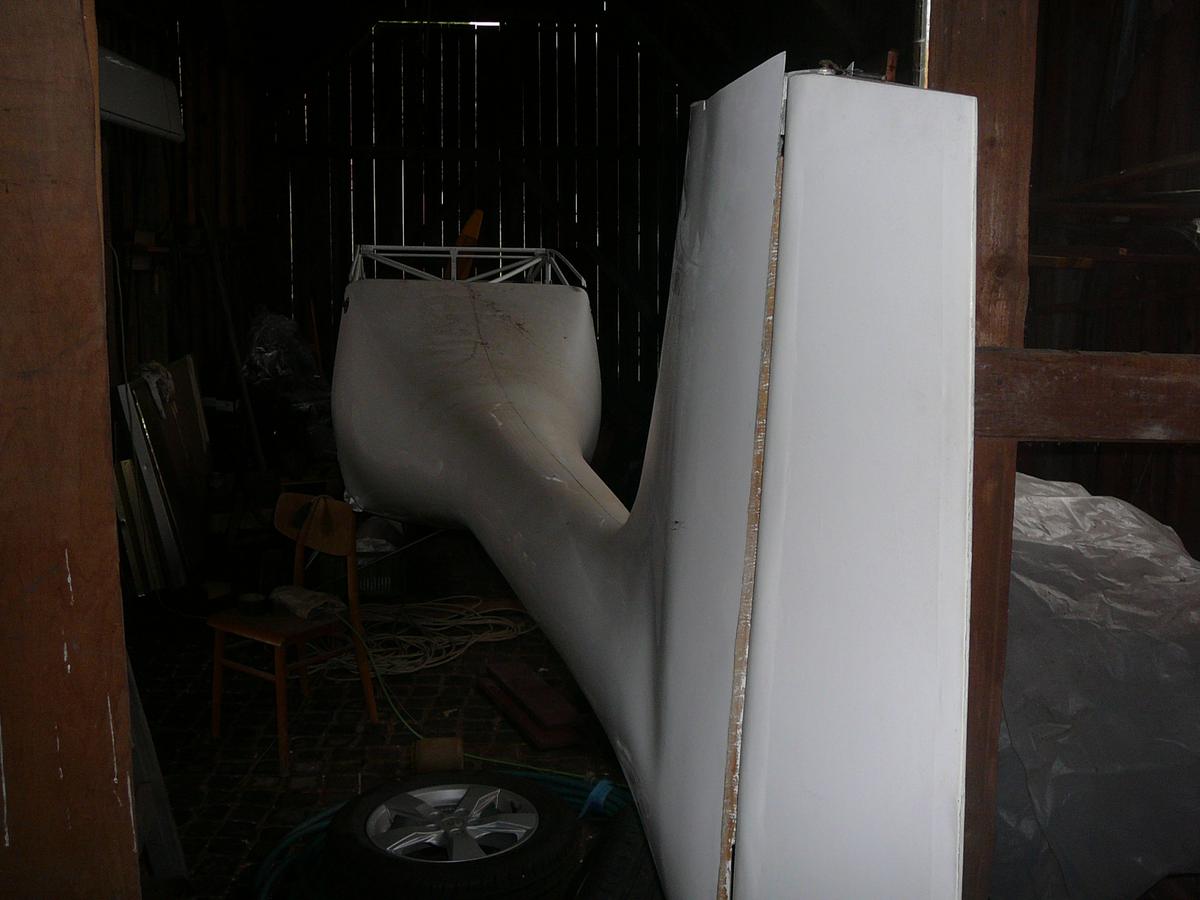
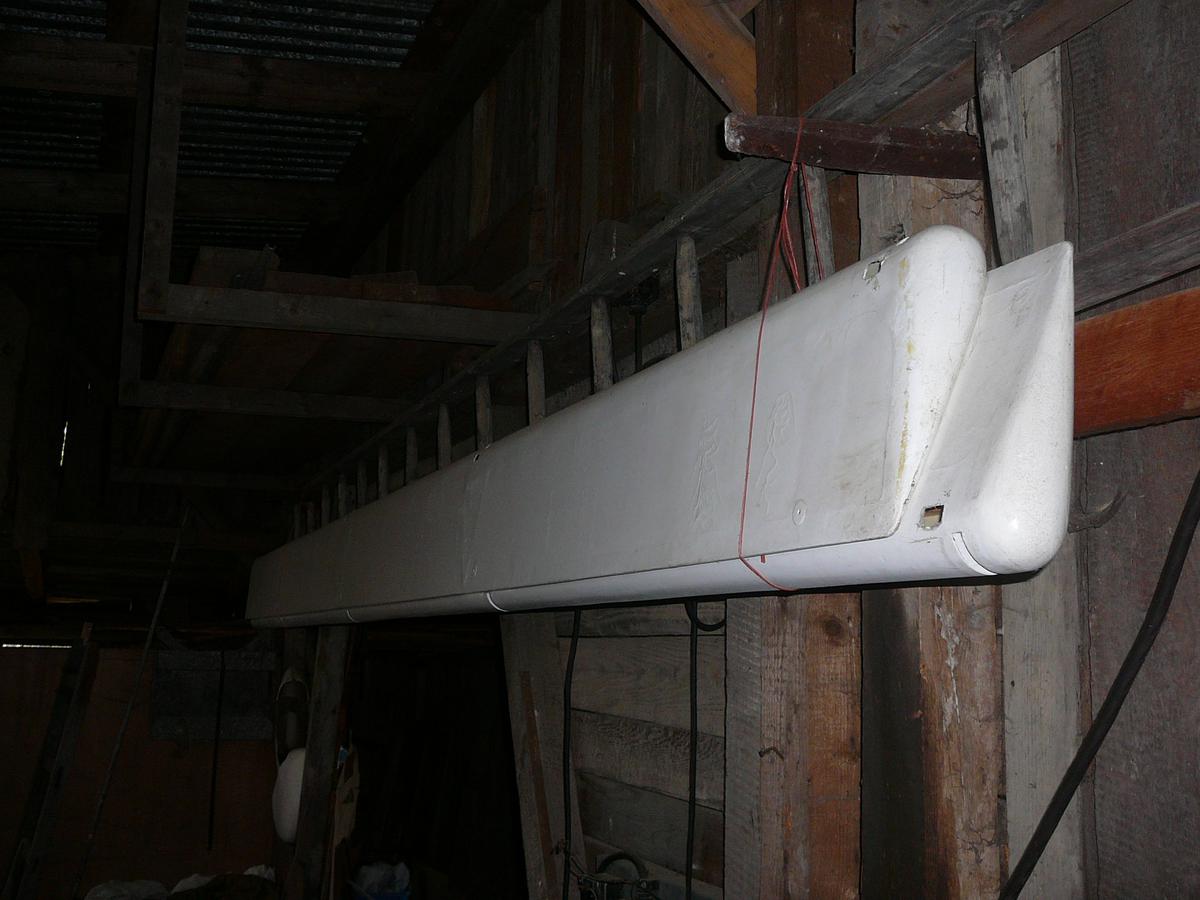
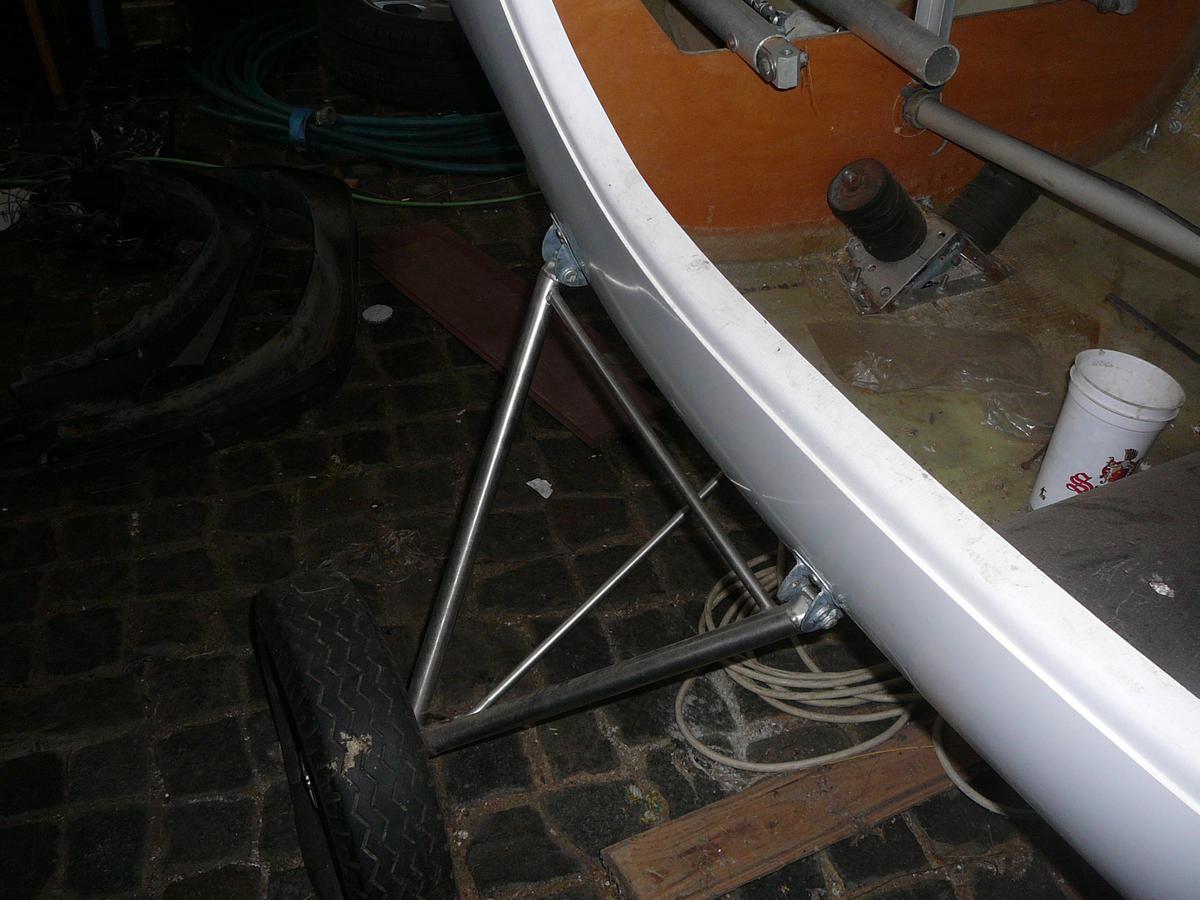
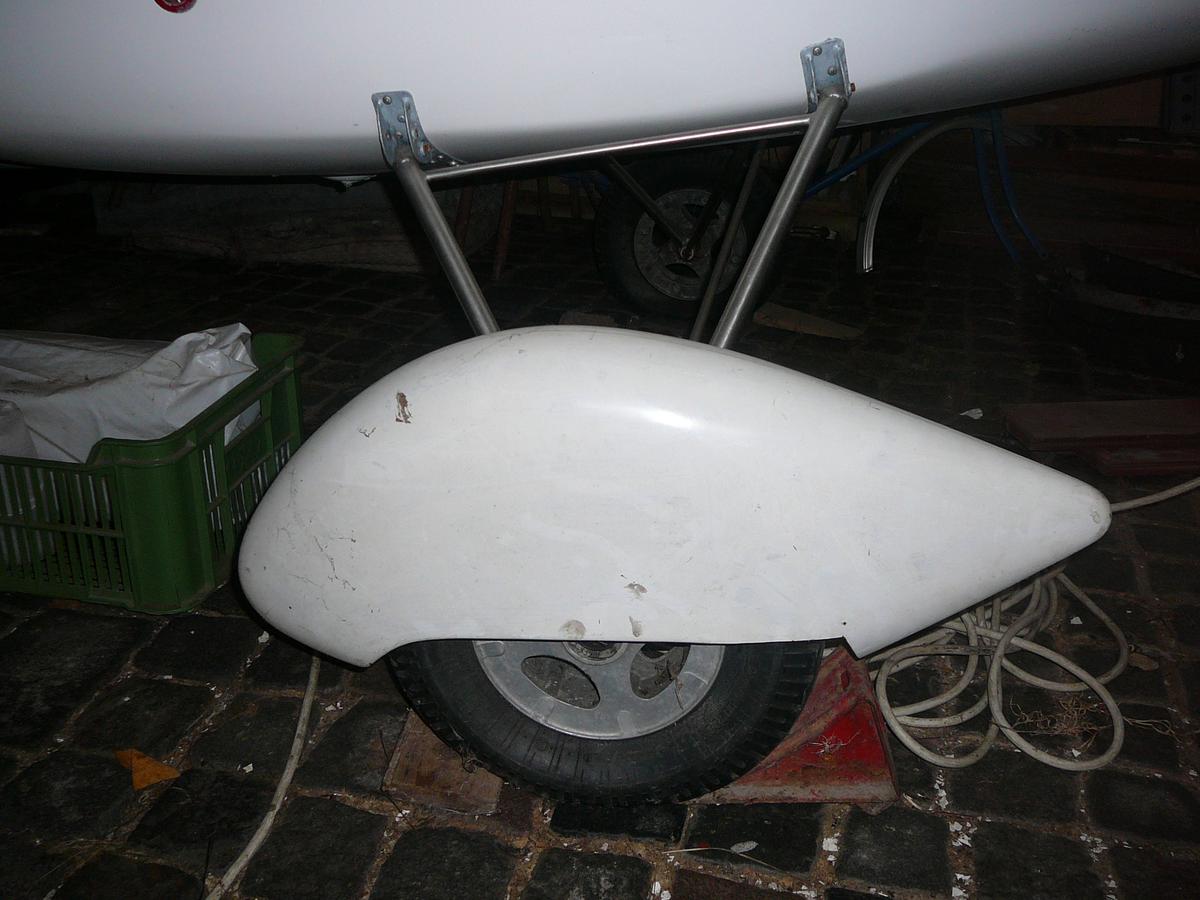
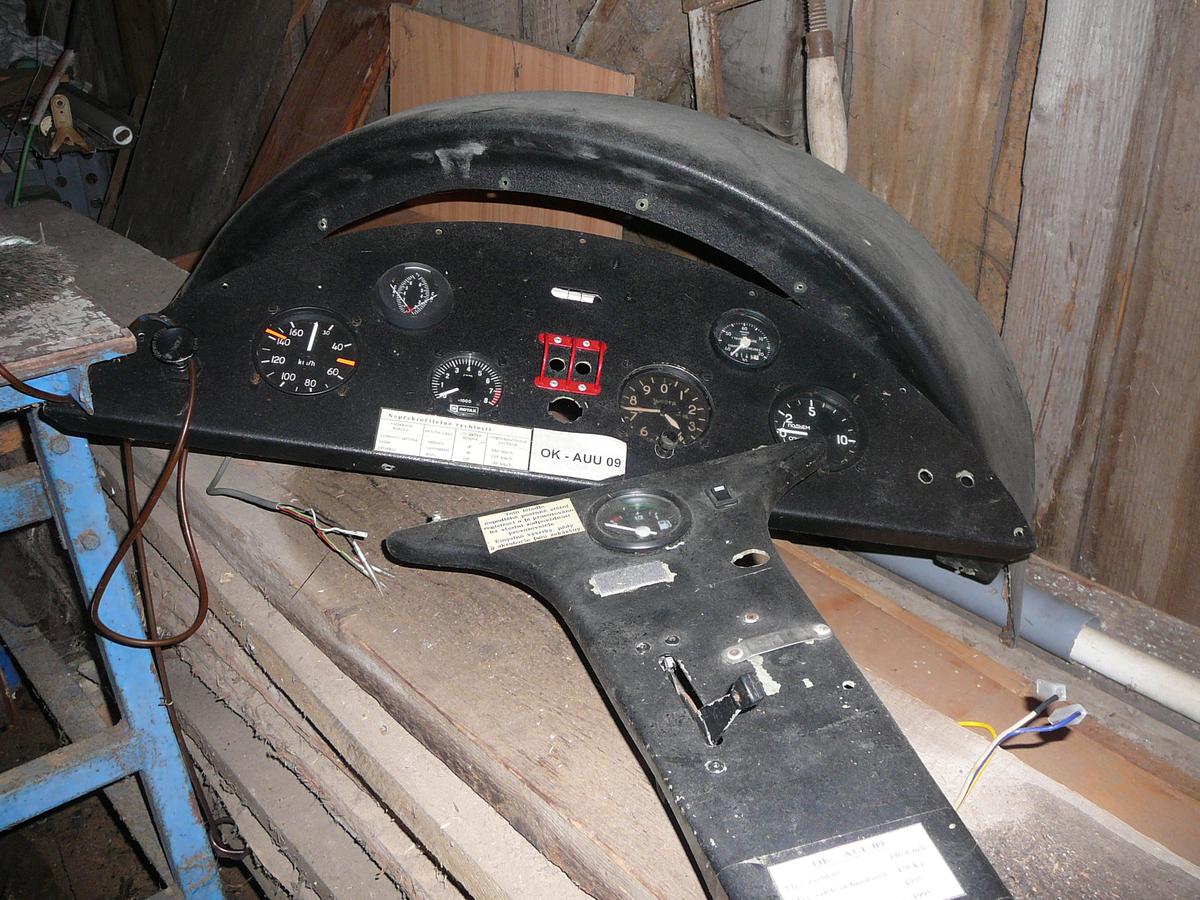
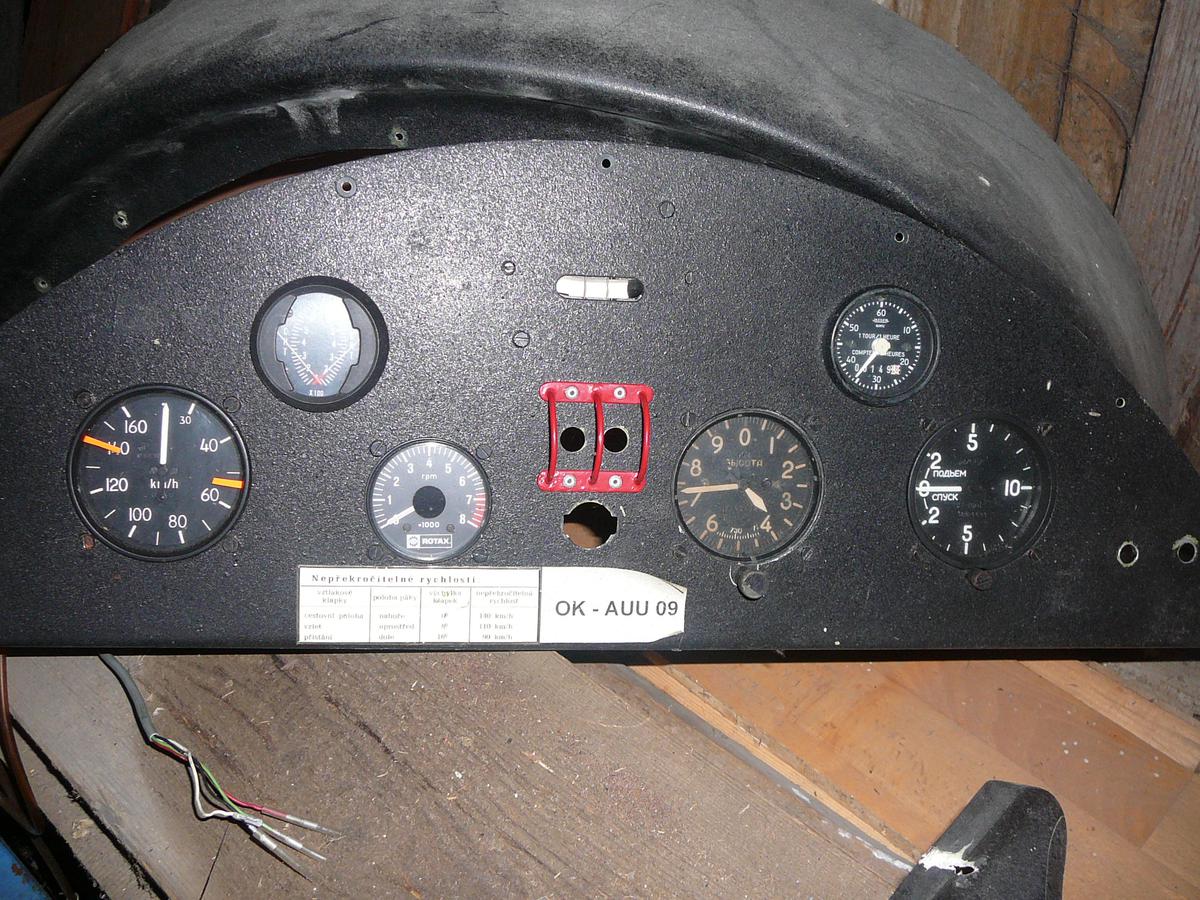
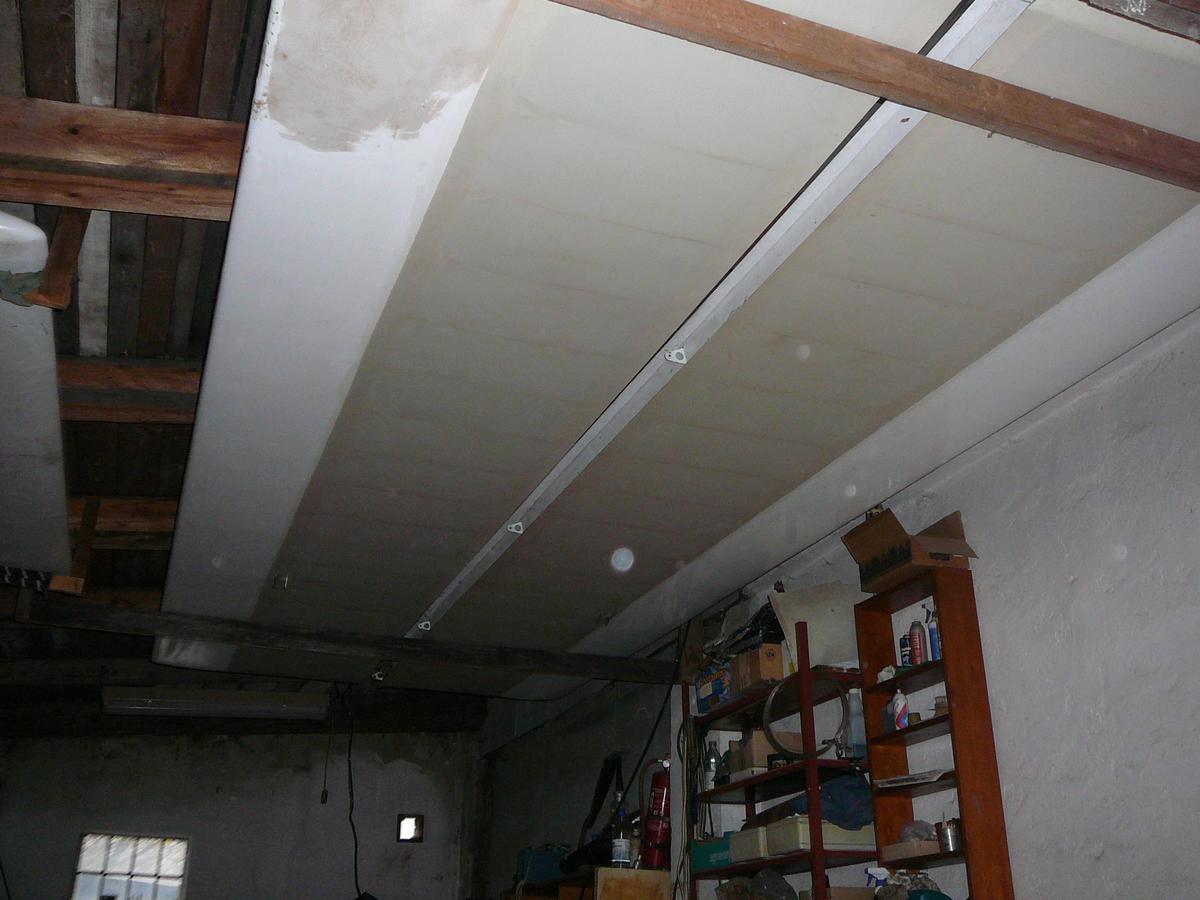
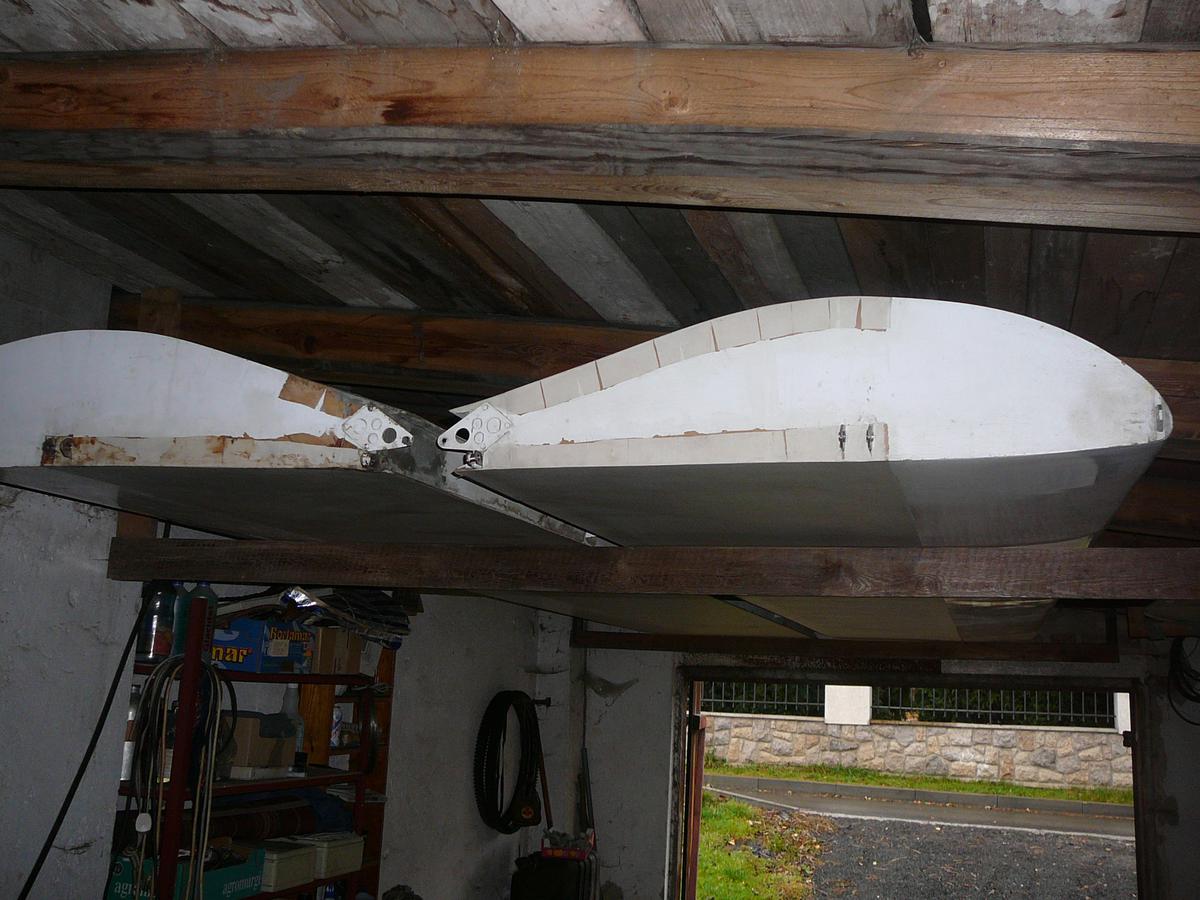
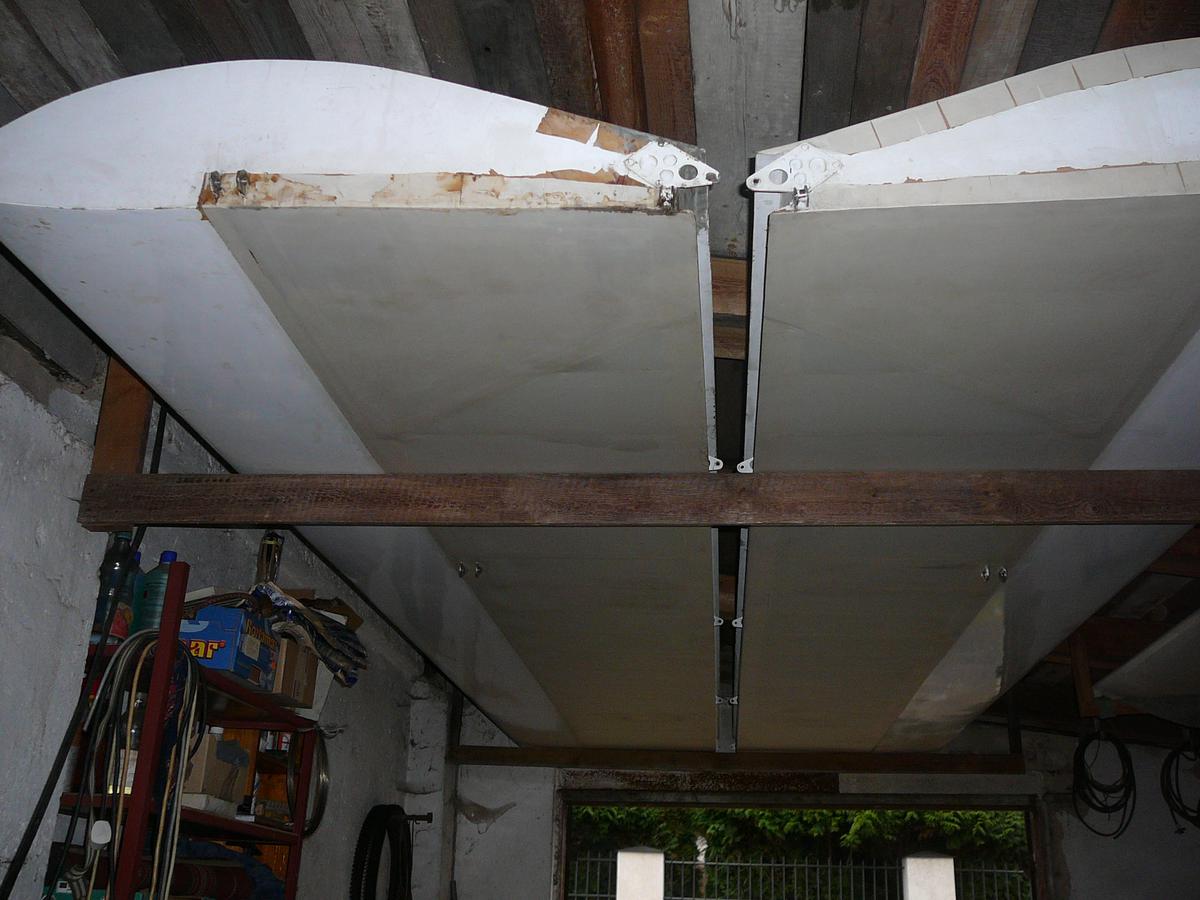
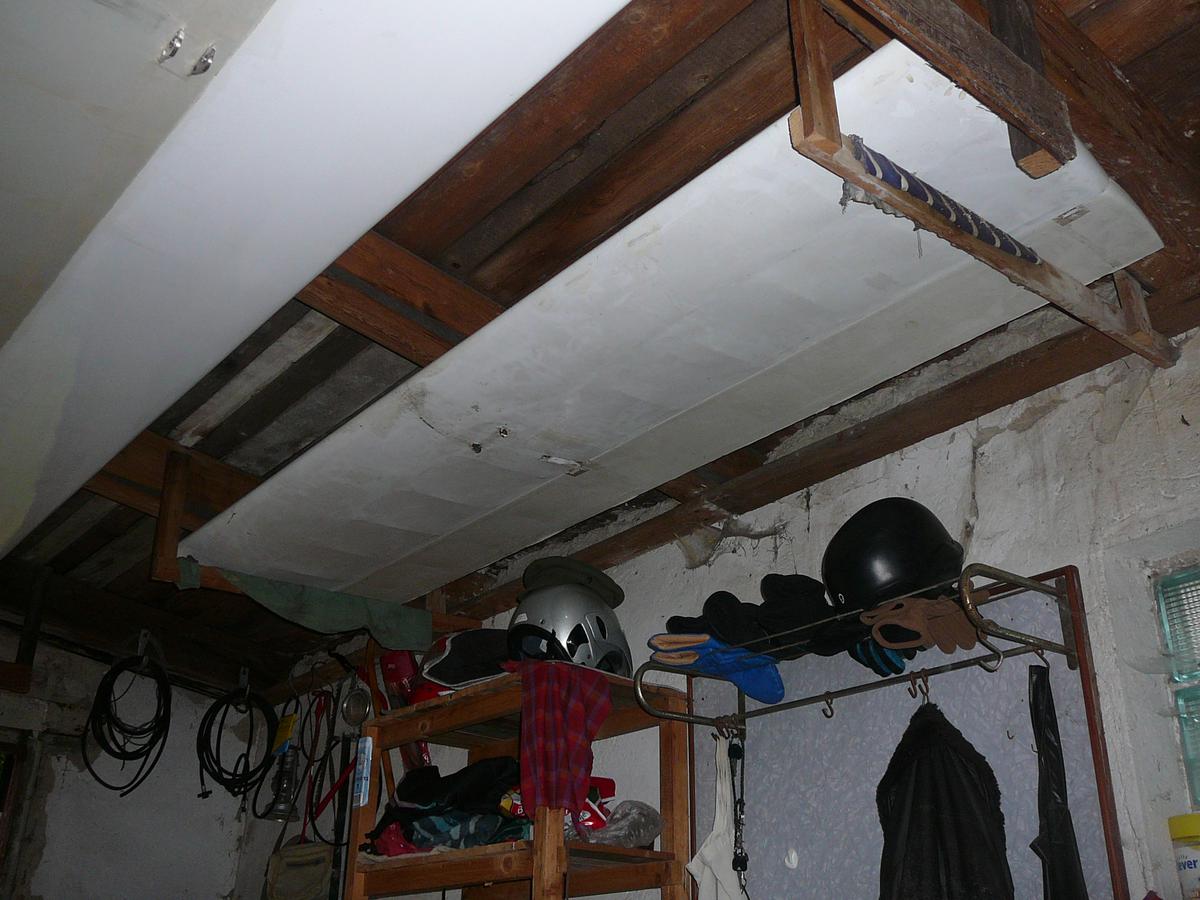
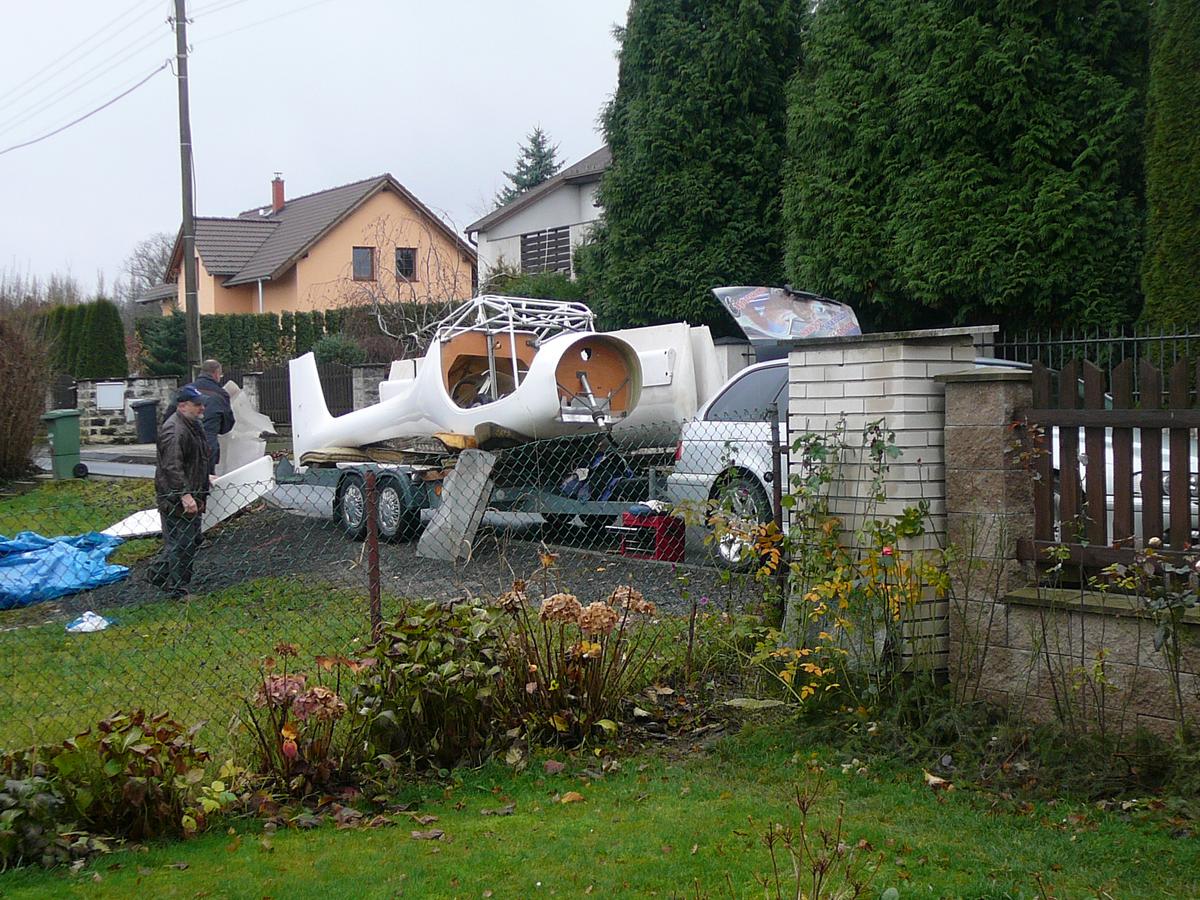
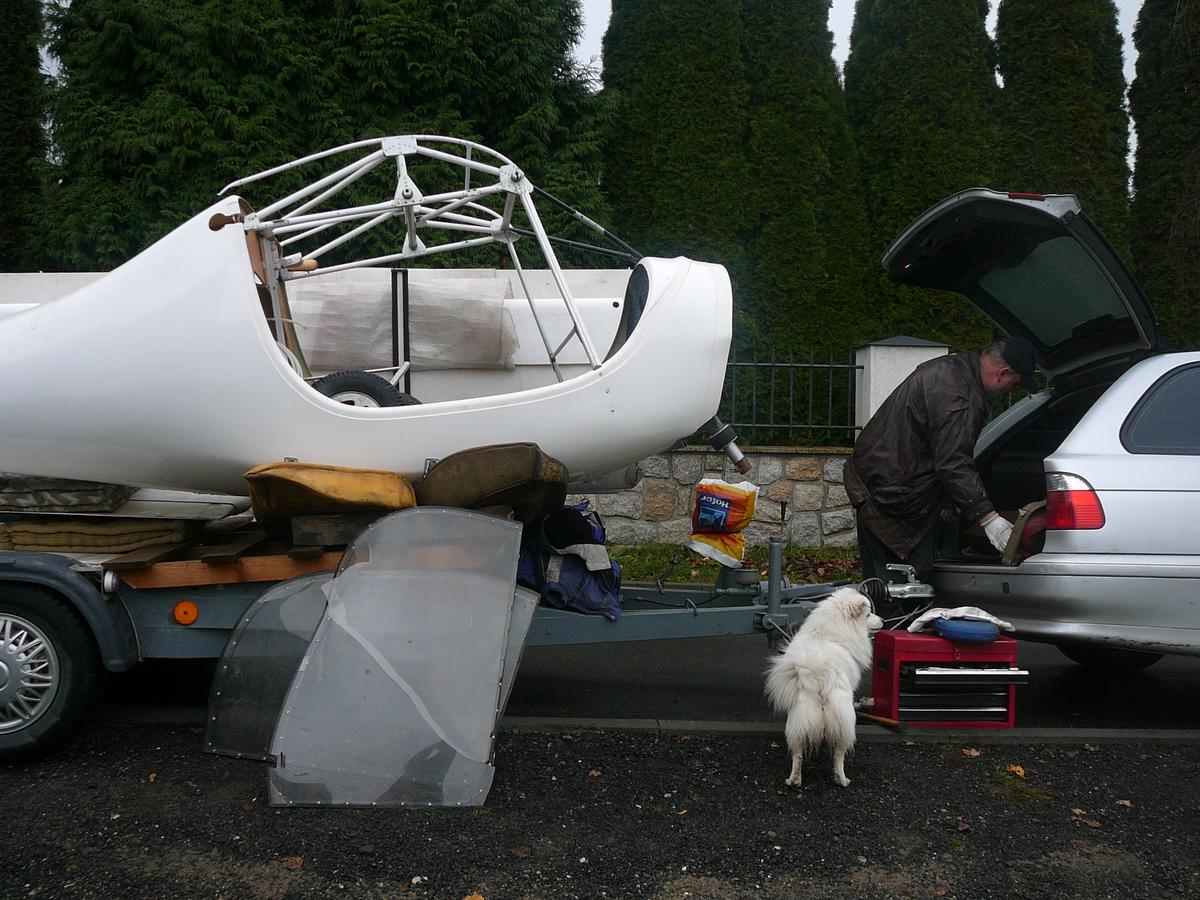
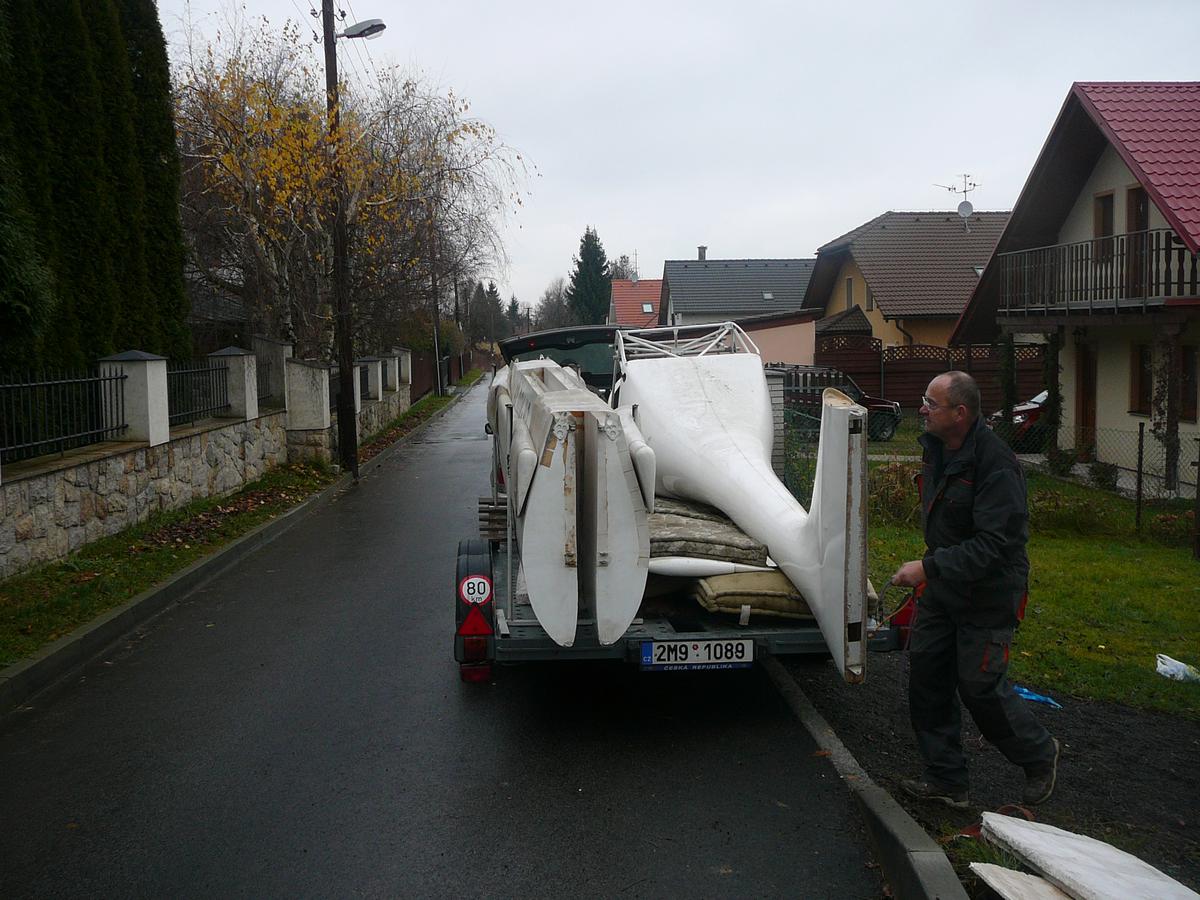
The Jora was delivered as a kit with parts, prefabricated and as a complete airplane. One incompletely built kit was recently sold,
and the pictures of the prefab parts are interesting. The kit have probably never been completed, even if the owner at one point did register it
with OK-AUU-09 in the Czech Republic. The reason I think it probably never was completed is the complete lack of interior and unpainted wing surfaces.
The engine frame depicts that this is an early build with a Rotax 503. The engine mount is similar as build number 008, from 1995. Quite a lot
work is left before this plane can take to the air, but it does not seem impossible.
Articles regarding LN-YOY or Jora UA2 in general:
Below I have listed a few manuals, service info, stories and bulletins with my experience with my
Jora aircraft, repairs and maintenance which I have done.
These articles are nothing but my own experience with the aircraft. By
reading my articles you must understand and agree that your use of the
content is entirely at your own risk. If any doubts, please do as I did,
contact the factories and check all your choices with them. After years of
Jora production and equal amount of years using and experiencing the plane,
THIS is where you get qualified expertise and help. NOT by reading my
articles which are at best only informative. I have nothing but very fond
words to share with you all about the service from both the South African
factory, and the Czech Republic one. Very nice people, with huge amounts of
experience. I hereby recommend all Jora owners to do business with them for
parts and servicing your aircrafts!
One reported problem with the Jora, was that the metal insert which did hold
the fuel cap came loose and did rotate inside the fibreglass moulded body
panel. This was rather neatly fixed drilling a few holes around the cap hole,
and adding a pop rivets which did stop the insert from turning. It is wise to
use precaution when drilling in metal near fuel. However the repair was
rather straight forward and a good fix to a possible big problem.
Danish operations manual (DK)
German operations manual (DE)
South African operations manual (EN)
Weight and balance manual (EN)
Weight and balance calculator in Excel (EN)
Allegro service catalogue in Excel (EN)
Repair of the tail wing
Decals for Jora
Repair of the tail wing TE
50 hour service on the Rotax 582
Specifications
The Purchase
Official reports regarding Jora notifications:
Covering loose on wing (10x25 cm)
Written stories about the Jora:
The Jora - Larry
McGillewie
Article about developing an alternative fuel, using a Jora
with a 582
Article from MGL Avionics, which was developed and tested on a
Jora
List of Jora Aircrafts around the world:
There is approximately 137 Jora's built, and here is a few of them listed. The list is by no means complete, but if you know about a Jora, or want your own listed, please send me the information, and it will be added. If you also recognise some information wrong in this list, please notify me and it will be corrected. The goal is to get a register with all planes including pictures, but if this is possible, only time will show.
The factory reserved build numbers from C-001 to C-141. But the first numbers were probably used for prototypes which were not sold.
I have also heard there were reserved build numbers for kits which is still not buildt.
The South African production were from C-142 (the first which were handbuilt by the company Sky Cruisers), on to C-158 which all are accounted for.
This means the total SA production are 21 aircrafts after information from Phil Bristow which worked at Helder Aviation producing the Jora.
I have heard that the total production in both CZ and SA did end up around 137 aircrafts. If someone have different information about this, please let me know.
On of the last "secure" sources for production numbers might be the Czech Aviation annual report from 2011 which clearly
states there have been built 133 aircrafts including kits. And since the picture used is from the South African manufacture, one
can be led to believe that this also incorporates both Czech and South African plans including kits. The SA production is well known to be 17 aircrafts, where two are
hand built. (C-133 and C-161).
We know for sure that production numbers above C-141 was built in the CZ, since some of the Norwegian and Swedish Joras had build numbers in that range.
The only conclusion to be made from this, is that the build numbers in CZ and SA did go in parallel in the last years 2006-2009. And that there are probably
CZ build numbers which have never been used. The last known Jora to be built is from 2009 in SA, and 2006 from the CZ. (Not counting the kit which
were completed in 2014).
The Fantasy Air factory flew its first Cora in 1995, and did build many variants of the Cora and Allegro from their factory in CZ.
The Fantasy Air factory were in business until 7th of November 2007 when it went bankcrupt. The factory was operational
again in january 2008 after selling Pisek Airport (Of which the purchase the airport also probably led to the companys bankcrupsy).
In July 2009, the Allegro production moved to Oregon, and the long CZ history of Cora and Allegro production ended.
From 1995 to 2009 Joras were sold to customers in Australia, the Czech Republic, Denmark, Finland, France, Indonesia, Ireland, the Netherlands, Norway and South Africa.
If anyone have information of these please drop me an email (found below) with information to keep this register complete.
The Czech register is the most incomplete, using the cz aircraftregister and pictures online is not sufficient to get a complete list.
Quite a few of the cz planes are simply registered as "ultralight" only. The Norwegian and probably the Swedish register is complete. So also more or less
the Maltese, Irish, Danish and French.
Updated: 02.03.2017:
| Status | Country | Registration | Serial | Wheels | Year | Last known location | Media |
| Flying | MALTA | 9H-UMI | C-140 | 3 | 2004 | Located at Luqa - Malta International (MLA / LMML) | |
| Flying | IRELAND | EI-NVL | C-129 | 3 | 2002 | Fitted with Jabiru Aero, located at Weston Airport EIWT |
|
| Flying | IRELAND | 3 | 2002 | Fitted with a Rotax 502, Located at Eggsford in North Devon, newly restored. | |||
| Flying | SOUTH AFRICA | ZU-FEY | C-160 | 3 | 2009 | ||
| Flying | SOUTH AFRICA | ZU-MGE | C-143 | 3 | This plane is the ZU-MGL which have been re-registered as ZU-MGE. Hangared at Pyramid Airfield, Barberton, Mpumalanga. Actively flying every weekend. |
|
|
| Re-Registered | SOUTH AFRICA | ZU-MGL | C-143 | 3 | 2005 | Fitted with a Rotax 582 and is also using the new MGL Avionics, autopilot. In fact this airplane was the plane which MGL developed. their Avionics on. (This registration is now reused on a Sling 056) |
|
| Flying | SOUTH AFRICA | ZU-JOL | C-138 | 3 | 2003 | Located at Stellenbosch (FASH) |
|
| Flying | SOUTH AFRICA | ZU-CWE | C-131 | 3 | 2003 | Homebuilt by Sky Cruisers, located at Ladysmith FALY |
|
| Flying | SOUTH AFRICA | ZU-EPL | C-153 | 3 | 2007 | Located at Bloemhof |
|
| Flying | SOUTH AFRICA | ZU-GWM | C-158 | 3 | 2008 | Fitted with a HKS 700, located at Stellenbosch - FASH |
|
| Flying | SOUTH AFRICA | ZU-EKP | C-145 | 3 | 2006 | Fitted with a Rotax 582, hangared at Private strip Alma, Barberton, Mpumalanga. Actively flying every weekend. |
|
| Flying | SOUTH AFRICA | ZU-EUB | C-154 | 3 | 2007 | ||
| Flying | SOUTH AFRICA | ZU-IAC | C-134 | 3 | 2007 | ||
| Flying | SOUTH AFRICA | ZU-DHO | C-135 | 3 | 2003 | Fitted with a Rotax 582 | |
| Flying | SOUTH AFRICA | ZU-DRA | C-142 | 3 | 2004 | Fitted with a Rotax 582 | |
| Flying | SOUTH AFRICA | ZU-EAN | C-146 | 3 | 2005 | Fitted with a Rotax 582 |
|
| Flying | SOUTH AFRICA | ZU-EKI | C-147 | 3 | 2006 | Fitted with a Rotax 582, located in Cape Town |
|
| Flying | SOUTH AFRICA | ZU-FGN | C-149 | 3 | 2009 | Fitted with a Rotax 582 | |
| Flying | SOUTH AFRICA | ZU-EZM | C-150 | 3 | 2008 | Fitted with a Rotax 582 |
|
| Flying | SOUTH AFRICA | ZU-EUC | C-155 | 3 | 2007 | Fitted with a Rotax 912, 80 Hp |
|
| Flying | SOUTH AFRICA | ZU-FAE | C-157 | 3 | 2008 | Fitted with a Rotax 912S, 100 Hp, Aircraft is hangared at Eagles Creek Aviation Estate. |
|
| Flying | SOUTH AFRICA | ZU-FFY | C-161 | 3 | 2009 | ||
| Flying | SOUTH AFRICA | ZU-IAC | 3 | Rotax 582 |
|
||
| Flying | ICELAND | TF-161 | C-128 | 3 | 2002 | Fitted with a Rotax 582, Located at Fisfélagið Sléttan |
|
| Flying | HUNGARY | HA-02-01 | C-003 | 3 | 1994 | Located at Dunakeszi - LHDK, registered again from HA-YRAM | |
| Re-Registered | HUNGARY | HA-YRAM | C-003 | 3 | 1994 | Located at Godollo (LHGD) - registered under new HA-01-02 | |
| Flying | NETHERLANDS | PH-2Z2 | 4837805 | 3 | 1997 | Rotax 503 |
|
| Flying | NETHERLANDS | PH-2Y6 | 3 | 1997 | Located at Weert-Budel - EHBD, Rotax 503 |
|
|
| Destroyed | NETHERLANDS | PH-3E4 | C-094 | 3 | 1999 | Damaged 20. June 2000 Wachtebeke, Belgium, not restored. | |
| Destroyed | DENMARK | 9-222 | 3 | 2000 | Damaged in ground loop 22.4.2004 Måløv |
|
|
| Exported to Iceland | DENMARK | 9-244 | 3 | 2002 | 9-244 Sold to Iceland as TF-161 |
|
|
| Exported to Norway | DENMARK | 9-187 | C-008 | 3 | 1995 | Fitted with a Rotax 503, sold to Norway as LN-YOY. | |
| Flying | DENMARK | 9-218 | C-092 | 3 | 1998 | Located in Fyn Denmark |
|
| Flying | DENMARK | 9-241 | 3 | 2002 |
|
||
| Flying | DENMARK | 9-219 | 3 | 1999 |
|
||
| Flying | DENMARK | 9-228 | 3 | 2000 | Damaged 13.1.2001. Restored. "Søulken" |
|
|
| Flying | DENMARK | 9-235 | C-118 | 3 | 2001 | Located at Hilleroed |
|
| Exported to Sweden | DENMARK | 9-237 | C-127 | 3 | 2001 | Sold to Sweden as SE-VGI | |
| Flying | DENMARK | 9-269 | 3 | 2003 | Located at Sonderjylland Denmark | ||
| Re-Registered | DENMARK | 9-213 | C-091 | 3 | 1998 | Location: Odense Beldringe, Denmark. Re-Registered to 9-214 | |
| Flying | DENMARK | 9-214 | C-091 | 3 | 1998 | Location: Ost-fyns Flyveplads, Denmark, Re-Registered from 9-213 | |
| Flying | DENMARK | 9-226 | 3 | Location: Randers, Denmark |
|
||
| Flying | DENMARK | 9-275 | C-141 | 3 | 2001 | Fitted with a Jabiru Aero, sold to Norway as LN-YZH | |
| Flying | DENMARK | 9-211 | C-006 | 3 | 1995 | Located at EKML |
|
| Flying | DENMARK | 9-203 | C-148 | 3 | 2006 | Sold to Sweden as SE-VKI | |
| Flying | CZECH REPUBLIC | OK-CUA 08 | 3 | Located at Kotvrdovice | |||
| Flying | CZECH REPUBLIC | OK-GUS 02 | 3 | Located at Zatec-Macerka - LKZG |
|
||
| Flying | CZECH REPUBLIC | OK-EUA 12 | 2 | Located at Zatec-Macerka - LKZG |
|
||
| Flying | CZECH REPUBLIC | OK-BUA 15 | 2 | Located at Kotvrdovice |
|
||
| Flying | CZECH REPUBLIC | OK-BUA 14 | 2 | Located at Western Sikluv Mlyn | |||
| Flying | CZECH REPUBLIC | OK-JUA 83 | 3 | Located at Jehnedi - LKJEHN |
|
||
| Flying | CZECH REPUBLIC | OK-FUT 04 | 3 | Located at Pencin Cihadlo |
|
||
| Flying | CZECH REPUBLIC | OK-DUY 03 | 3 | Located at Roudnice nad Labem, equipped with a VW1700 engine |
|
||
| Flying | CZECH REPUBLIC | OK-DUY 31 | C-069 | 3 | |||
| Flying | CZECH REPUBLIC | OK-BUU 08 | 3 |
|
|||
| Flying | CZECH REPUBLIC | OK-BUU 18 | 3 | Located at Mnichovo-Hradiste LKMH |
|
||
| Flying | CZECH REPUBLIC | OK-YUU 54 | 3 | ||||
| Flying | CZECH REPUBLIC | OK-CUU 12 | 3 |
|
|||
| Flying | CZECH REPUBLIC | OK-CUU 45 | 3 |
|
|||
| Flying | CZECH REPUBLIC | OK-ZUU 07 | C-199 | 3 | |||
| Flying | CZECH REPUBLIC | OK-GUA 17 | 3 | Located in Prostejov LKP |
|
||
| Flying | CZECH REPUBLIC | OK-GUA 18 | 3 | Located in Prostejov LKP |
|
||
| Flying | CZECH REPUBLIC | OK-SUL 03 | 3 | 2014 | Newly built from a kit, located in Nachod, Czech Republic, fitted with a Rotax 582 ULDCDI |
|
|
| Flying | CZECH REPUBLIC | OK-GUV 03 | 3 | ||||
| Flying | CZECH REPUBLIC | OK-FUL 01 | 3 | Located at Západomoravský aeroklub Trebíc o.s. |
|
||
| Flying | CZECH REPUBLIC | OK-DUI 01 | 3 | Located at Západomoravský aeroklub Trebíc o.s. |
|
||
| Flying | CZECH REPUBLIC | OK-ZUO 26 | 3 | Located at Hradčany Airport (LKHR) |
|
||
| Flying | CZECH REPUBLIC | OK-CUI 03 | 3 | Located at Západomoravský aeroklub Trebíc o.s. | |||
| Flying | CZECH REPUBLIC | OK-DUI 02 | 3 | Located at Jihlava |
|
||
| Flying | CZECH REPUBLIC | OK-ZUO 25 | 3 | 1994 | Avion klub Raná - Litomerice, equipped with a Walter M202 motor |
|
|
| Flying | CZECH REPUBLIC | OK-BUL 06 | 3 |
|
|||
| Flying | CZECH REPUBLIC | OK-BUP 07 | 3 | Located at LAA Aeroklub Rokycany | |||
| Flying | CZECH REPUBLIC | OK-BUK 06 | 3 | "Zbytevnik" = Mr Luxury in English! |
|
||
| Flying | CZECH REPUBLIC | OK-CUS 03 | 3 | Located at Jihlava LKJI | |||
| Flying | CZECH REPUBLIC | OK-CUA 03 | 3 | Located at Stichovice LKSB |
|
||
| Flying | CZECH REPUBLIC | OK-FUA 01 | 3 | Located at Nove Mesto (LKNM) |
|
||
| Flying | CZECH REPUBLIC | OK-FUA 03 | 3 | Located at Nove Mesto (LKNM) |
|
||
| Flying | CZECH REPUBLIC | OK-BUU 19 | 3 | Located at Nymburk |
|
||
| Flying | CZECH REPUBLIC | OK-EUD 18 | 2 | Located at Nymburk |
|
||
| Flying | CZECH REPUBLIC | OK-ZUO 29(?) | 3 |
|
|||
| Not completed | CZECH REPUBLIC | OK-AUU 09 | 3 | Not completed, but was recently sold. Fitted with a Rotax 503 |
|
||
| Flying | POLAND | OK-UUD 07 | 3 | Located at EPBB, transferred to Poland from CZ |
|
||
| Flying | NORWAY | LN-YZH | C-141 | 3 | 2004 | HKS 700 E Located at Bømoen Airport ENBM |
|
| Destroyed | NORWAY | LN-YLQ | C-106 | 3 | 2000 | Fitted with a Jabiru Aero, damaged - not restored. | |
| Flying | NORWAY | LN-YLX | C-108 | 3 | 2000 | Fitted with a Jabiru Aero Located at Land UL Club | |
| Flying | NORWAY | LN-YMM | C-1797 | 3 | 1998 | Fitted with a Hirth 2704 Located at Lista | |
| Flying | NORWAY | LN-YOY | C-008 | 3 | 1995 | Fitted with a Rotax 582, located at Henning Airport |
|
| Flying | NORWAY | LN-YNU | C-148C | 3 | 2006 | Fitted with a Jabiru Aero, sold from Sweden to Norway |
|
| Flying | NORWAY | LN-YKV | This registration is reserved to a unknown Jora. | ||||
| Exported to Norway | SWEDEN | SE-VKI | C-148 | 3 | 2006 | Fitted with a Jabiru Aero, Sold to Norway as LN-YNU |
|
| Flying | SWEDEN | SE-VGI | C-127 | 3 | 2001 | Fitted with a 80 HP Rotax 912, located at Rottne by Växjö |
|
| Flying | FRANCE | 76-QI | 2 | Location: Blois-le-Breuil (LFOQ), | |||
| Flying | FRANCE | 30-RC | 3 | 1998 | Location: UZES airport (LFNU) |
|
|
| Flying | FRANCE | 38-PE | 3 | Jora LS 1, Fitted with a 100 HP Rotax 912, located at Mende (LFNB) | |||
| Flying | FRANCE | 39-PE | 3 | ||||
| Flying | FRANCE | 3 | Jora 462 37X, Rouen, France | ||||
| Flying | FRANCE | 56-LB | 3 | Blois-le-Breuil LFOQ |
|
||
| Flying | GERMANY | ZH-222 | 3 | 1997 | For sale in Waldeck, with Hirth F3503 motor |
|
|
| Flying | IRAN | EP-1132 | 3 | Locared in Zrghan OISO | |||
| Flying | INDONESIA | Surakarta aviation education and training institute Tutuko, Jora aircraft with a Rotax 582 engine on Feb. 11, 2008 | |||||
| De-Registered | AUSTRALIA | VH-EYN | C-104 | 3 | 1999 | Fitted with a Rotax 503 UL DI | |
| Flying | SLOVAKIA | OM-SBC | 3 | 2000 | |||
| Destroyed | SLOVAKIA | OM-986 | 3 | Damaged 2001 in Žilina in the Prievidza district, not restored. | |||
| Flying | SLOVAKIA | OM-SBCN | 3 | Located at at AK Žilina | |||
| Flying | SLOVAKIA | OM-M333 | 3 | Located at Spisska Nova Ves |
Video Video |
||
| Flying | SLOVAKIA | OM-AUQ-0 | 3 | ||||
| Flying | SLOVAKIA | OM-YYBC | 3 |
YouTube videos with the Jora:
My first solo
Slettan
Jora emergency landing
Jora landing ved Fyresdalstreffet 2003
Jora vid Kerlingarfjoll
Jora
Slettan 2008 Part 1
Slettan 2008 Part 2
Pristani
Jora flying
Jora fly by
Flying Jora to Tankwa Karoo
360 Degrees flight in Jora UA2 from EKML
Samolot Ultralekki Jora
Jora UA2 takeoff from EKML gopro
Jora UA2 HKS 700e at EKML
Flying Jora at Voss a windy day
Ultralight Jora sj4000 vs standard camera
Jora UA2 landing at EKML Denmark
Jora ladowanie
Misc ultralight flight south of Norway 2015
THF - Hygge dag med LVA - Ude og flyve
Take off med Trond Jirka
Evje 23.3.2016
Flyaktivitet Henning Flyplass 2012
Samolot Jora start na 100 metrach
Jora UA2 HKS 700e landing at EKML
Jora lotnisko Gize
Jora 2 - Gryzliny
START a ladowiska w Zatorze
Evje 23. mars 2016
Jabiru valve and rocker lubrication
Many Jora Aircrafts are equipped with a Rotax 582 motor, so also is mine. The later version UA2 SP was usually equipped with a Jabiru Aero. Jora Aircrafts have also been successfully equipped with Hirth 2704, Hirth 3202, Rotax 503, Rotax 912 and HKW 700. One Jora is even fitted with a VW 1700 engine. Some information found on this page might not be suitable or correct for Jora's not beeing equipped with the Rotax 582 engine.
Articles regarding the Rotax 582 Engine:
The articles below is linked from www.ultralightnews.ca, and I believe it to be a complete list of all bulletins for the 582 Rotax.
|
|||||||||||||||||||||||||||||||||||||||||||||||||||||||||||||||||||||||||||||||||||||||||||||||||||||||
Jora as RC Model:
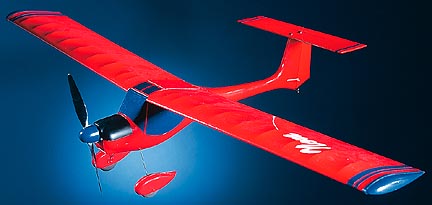 Hobby Lobby
did release the "Nora" in 2003, and that model is based on the Jora. Sadly the model is no longer available for
purchase, even if it is listed in stock at New Creations RC as "NORA ARTF ParkFlyer" still. I am looking for a second
hand model, and I do plan to paint it the same color as my own plane.
Hobby Lobby
did release the "Nora" in 2003, and that model is based on the Jora. Sadly the model is no longer available for
purchase, even if it is listed in stock at New Creations RC as "NORA ARTF ParkFlyer" still. I am looking for a second
hand model, and I do plan to paint it the same color as my own plane.
Flight report when I have the model in hand will be issued!
The model did also come in white with red wingtips, and I am tracking
one of these right now.
Would love to get a new one, but these models havent been on sale for 6-7
years and can be hard to get hold of. UPDATE: A White model is soon on its
way to my mailbox, it is a used Nora which still looks as new. It will
undergo restoration and end up with markings of LN-YOY and get new
colorscheme like my 008 Jora.
The Nora was delivered in quite a few colors, examples of the red, yellow, blue and white is listed here. I have
also added a couple of DXF
files for the one who wants to build their own version in Balsa wood. If
you build one, I would appreciate to get pictures and video of the plane
flying.
My research show that the Nora was produced by Hobby Lobby, and PAF. Neither
of these have had the model in stock for a while, but happily enough, PAF
have listed a larger model, "Cora" which looks pretty much the same as
the "Nora". This model will perfectly pass as a Jora, since it look the same.
This new model also have ailerons and not only elevator and rudder. So in a
way it is a better model than the older Nora.
Thanks for visiting, not many pages are available with information about the Jora UA2 and UA2 SP, I hope you found this page informative. If you have any information you wish to share with me regarding this excellent aircraft, please do not hesitate to make contact.
my Aviation Club pages where you can see a lot
of videos and pictures from ultralight flying close to the polar
circle!
More Jora specific information will follow, pictures, details and service I have done on the plane will be documented. Be patient, and visit often, maybe this will be your next source of information of the Jora. I get a lot of information from other Jora owners around the world. All what I get will find its way into these pages sooner or later.
(Sources for infomation: Jora manuals, www.helderaviation.co.za, www.jora.cz and numerous aeroclub pages online)
